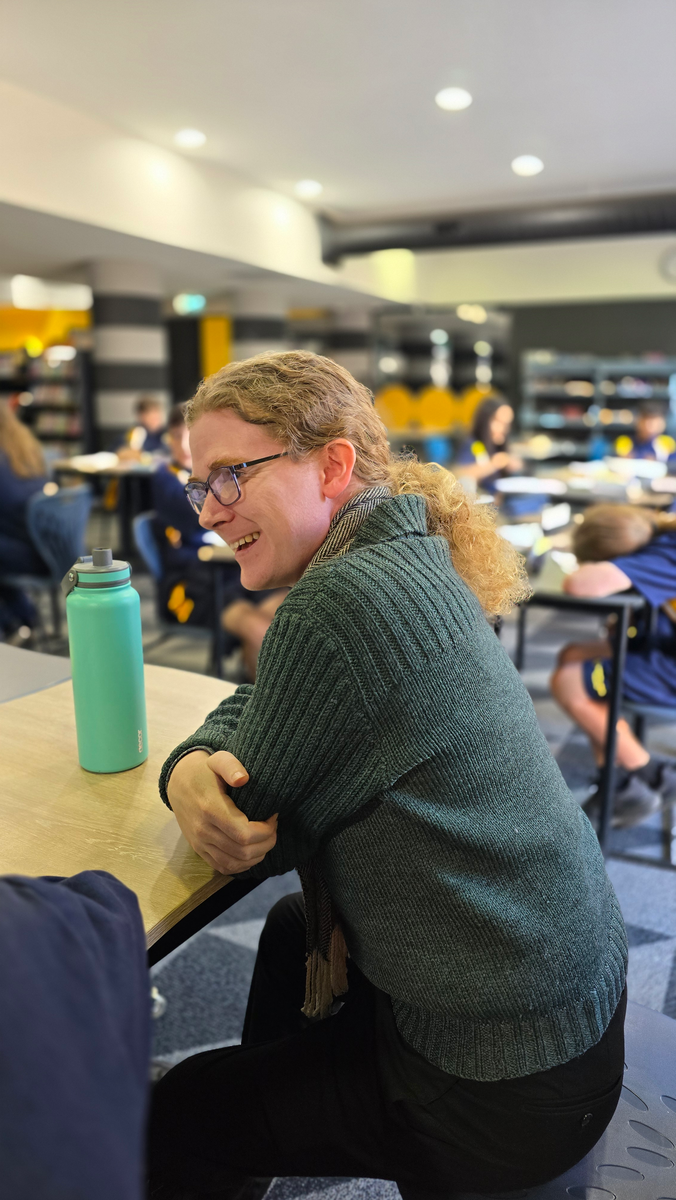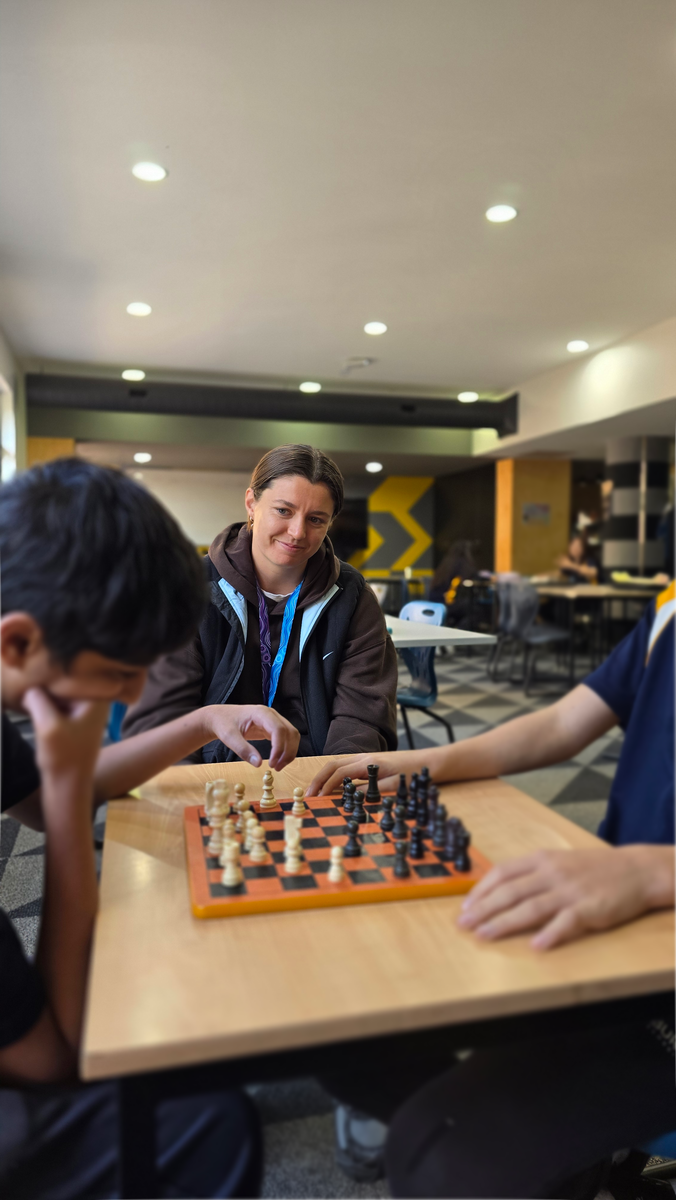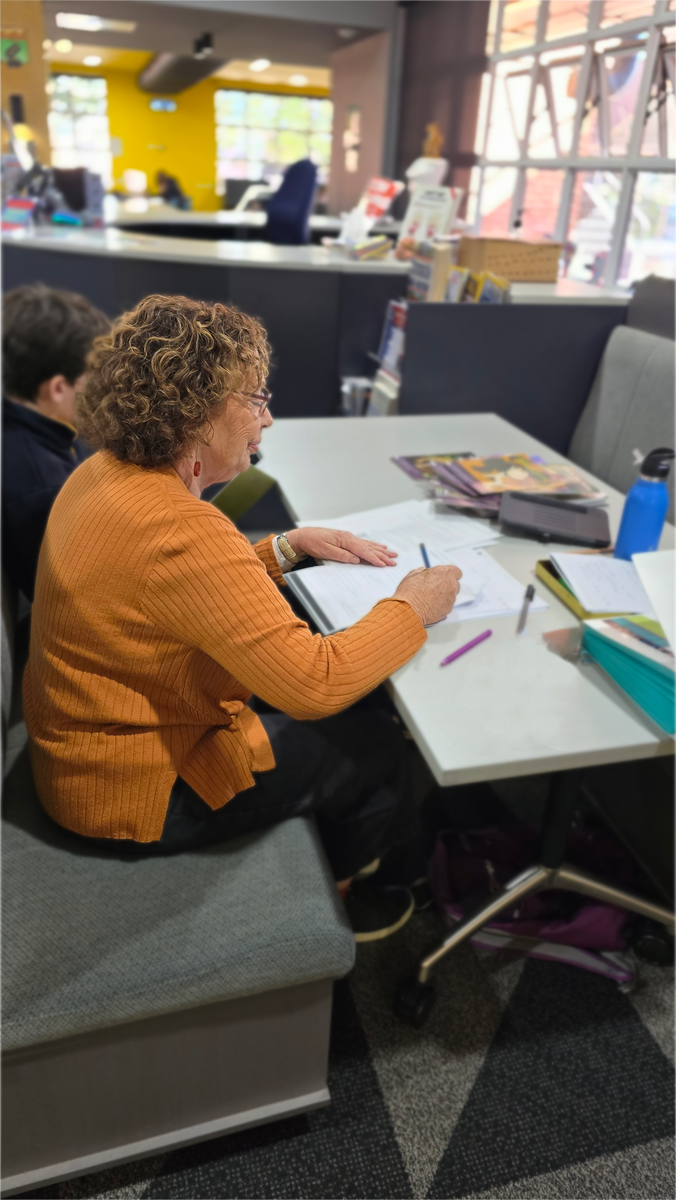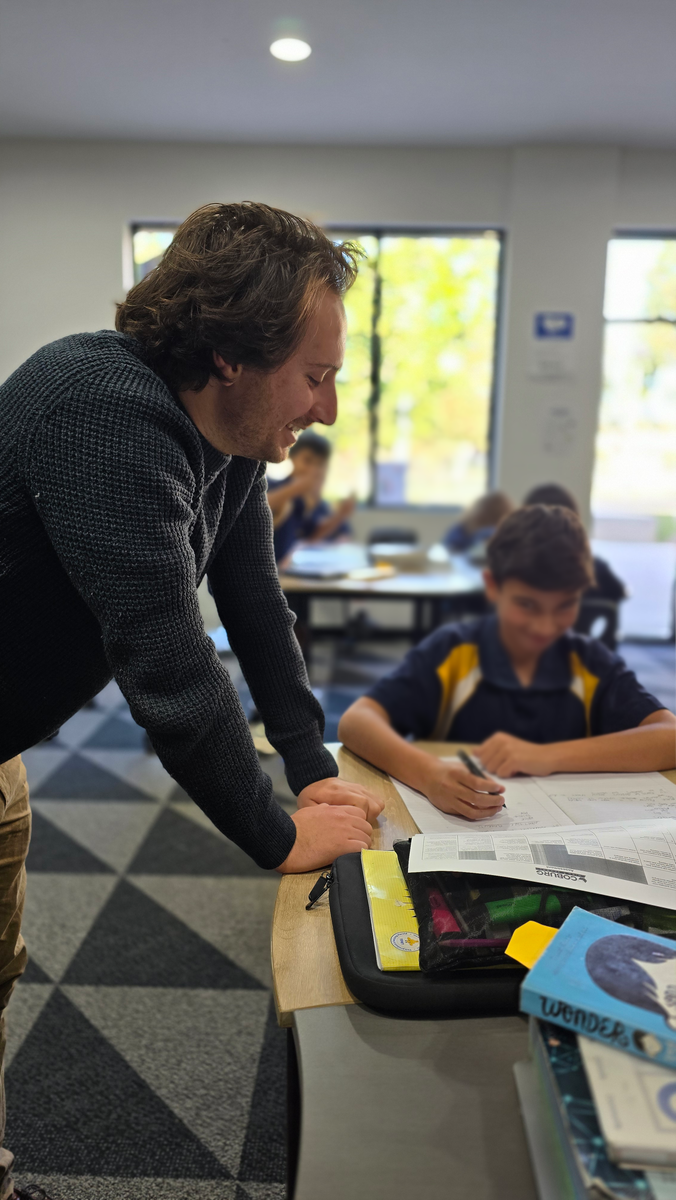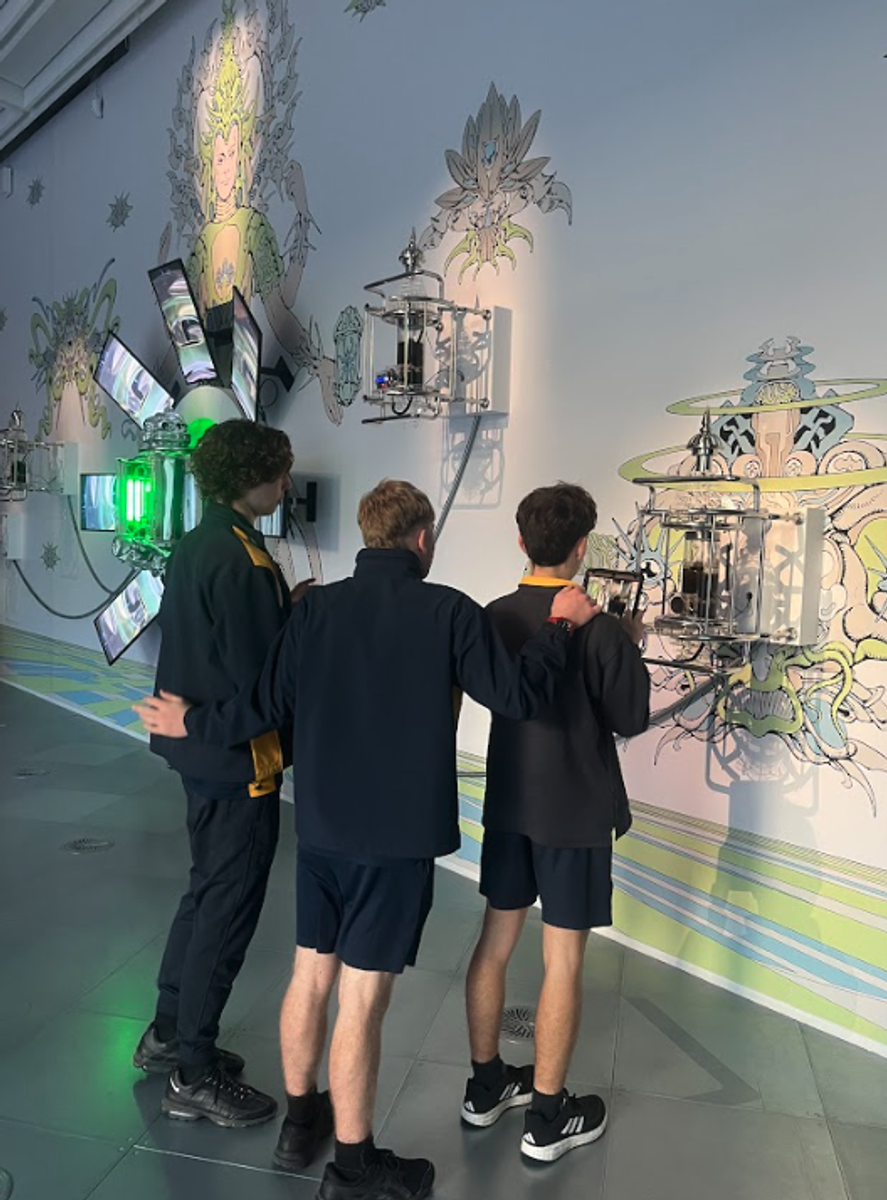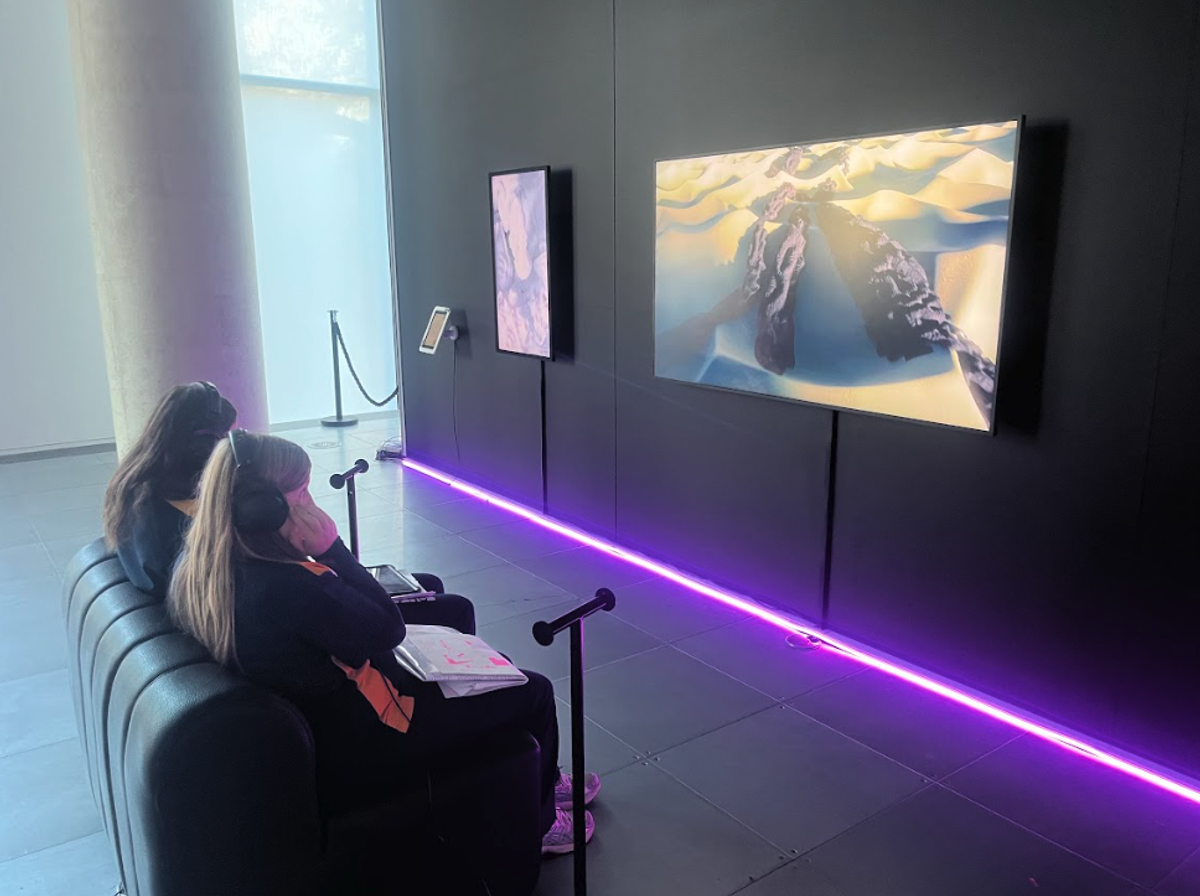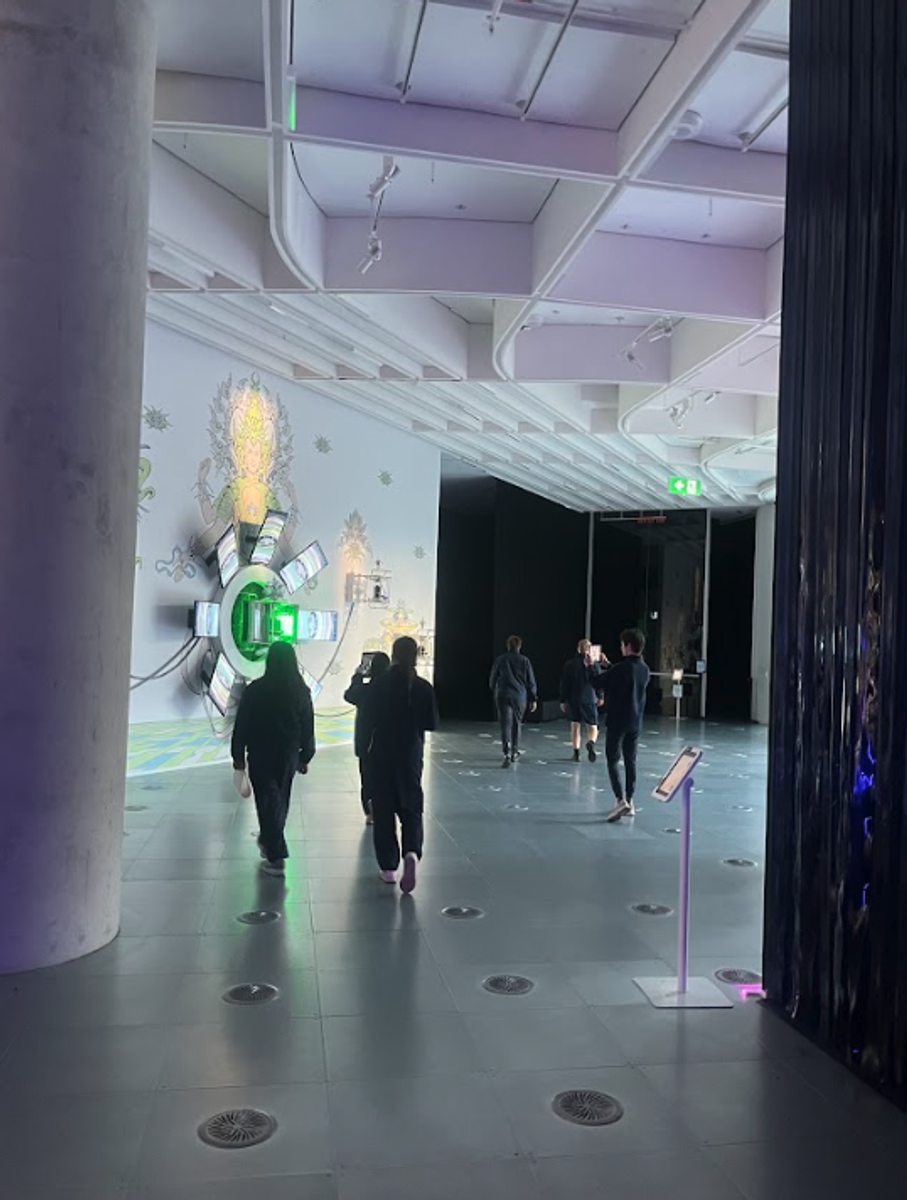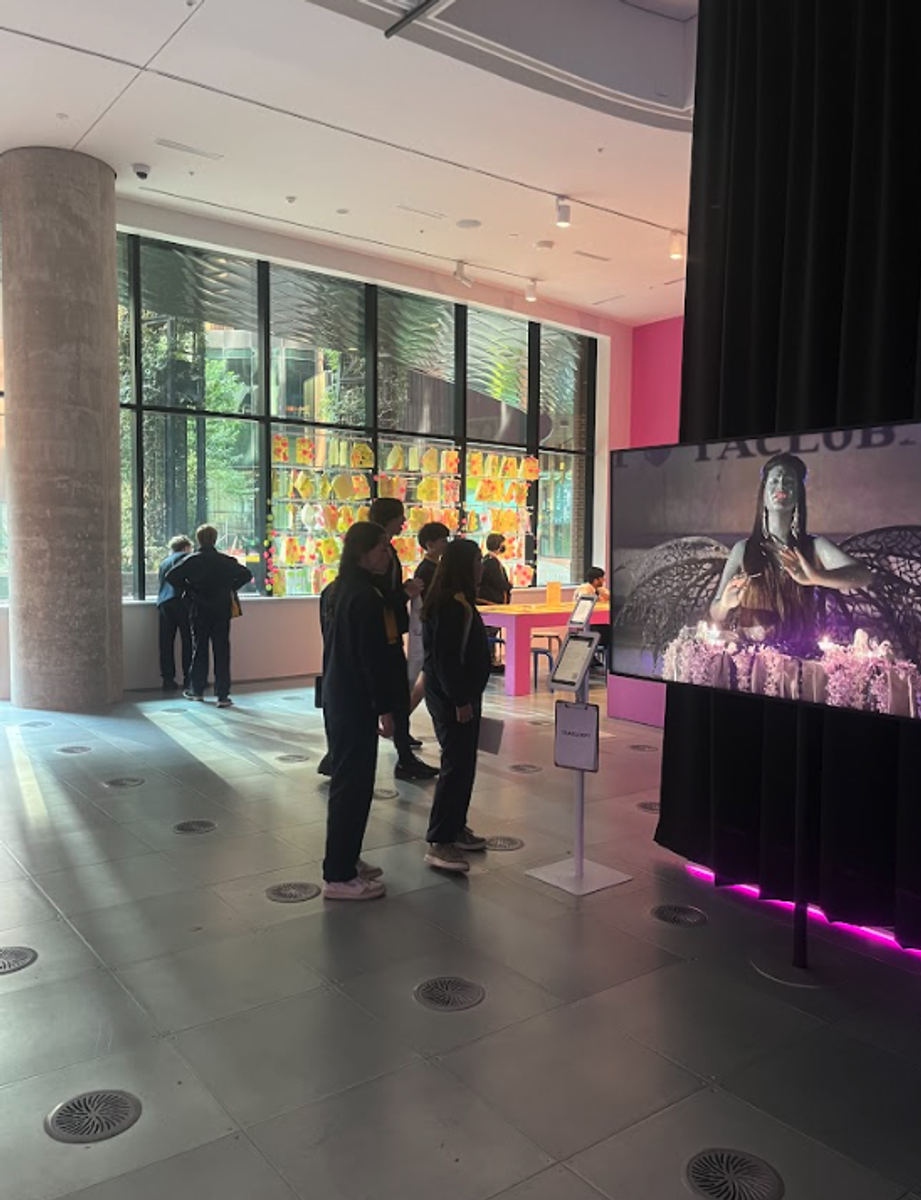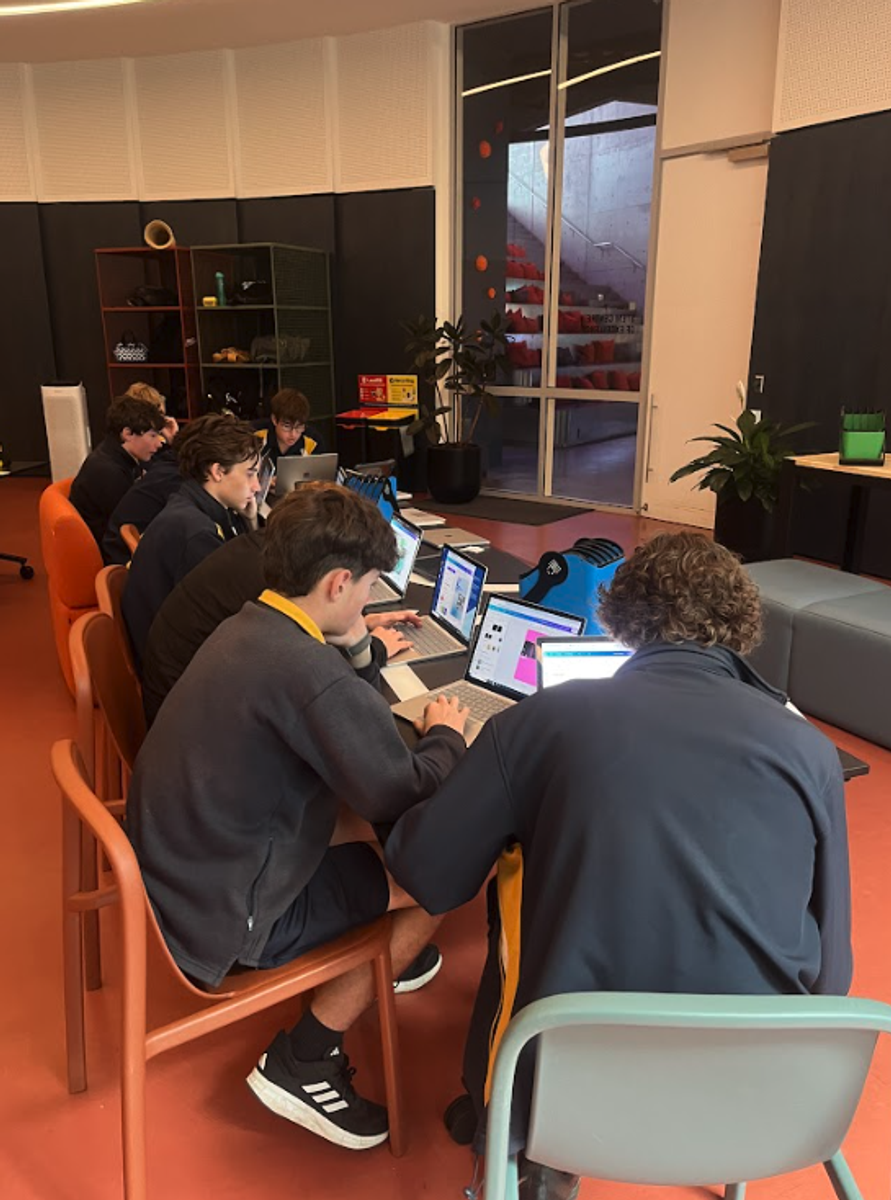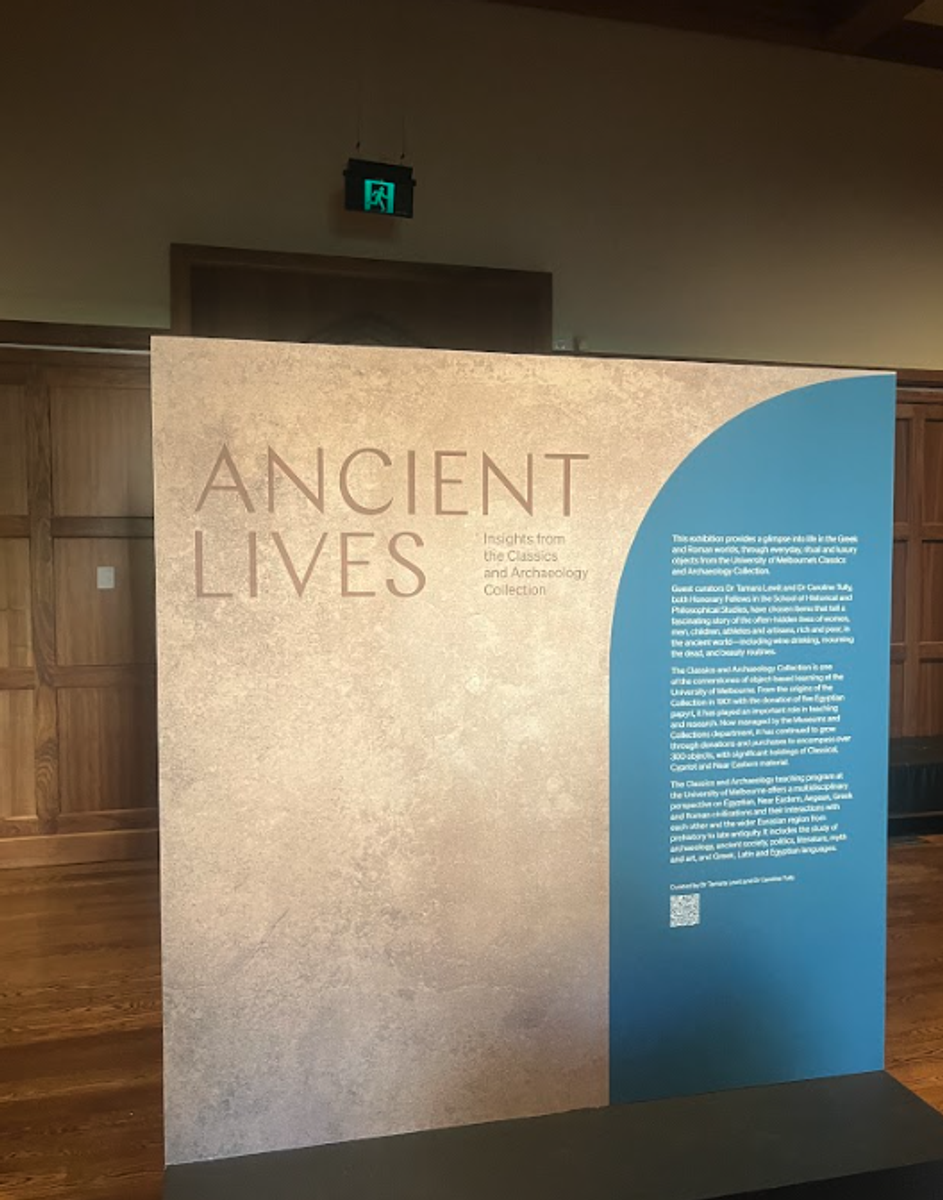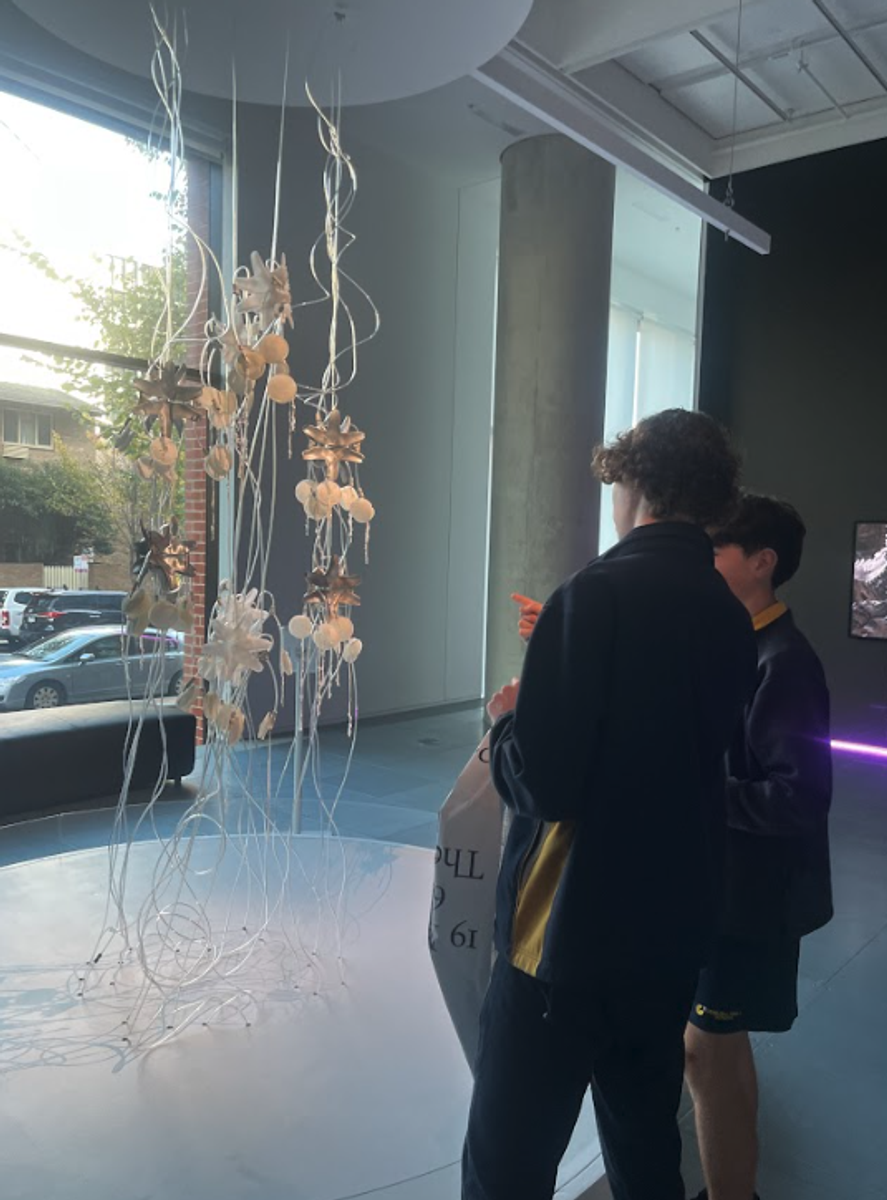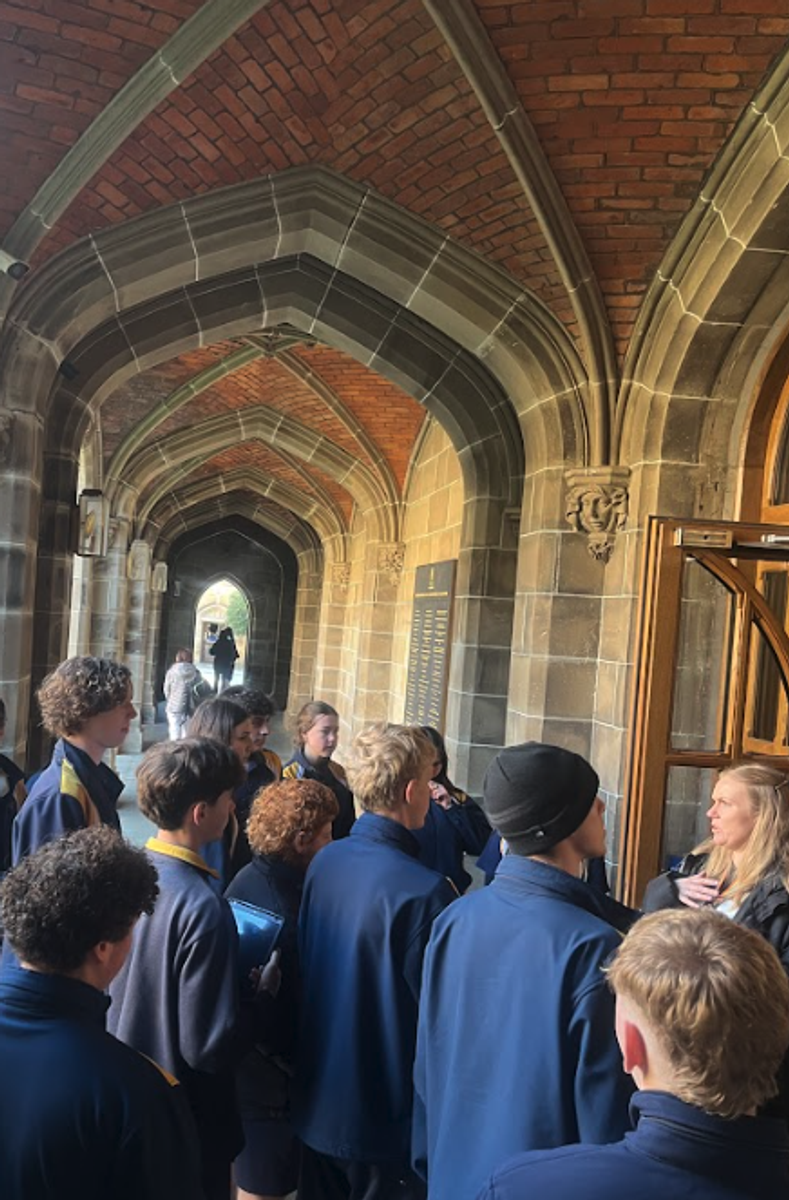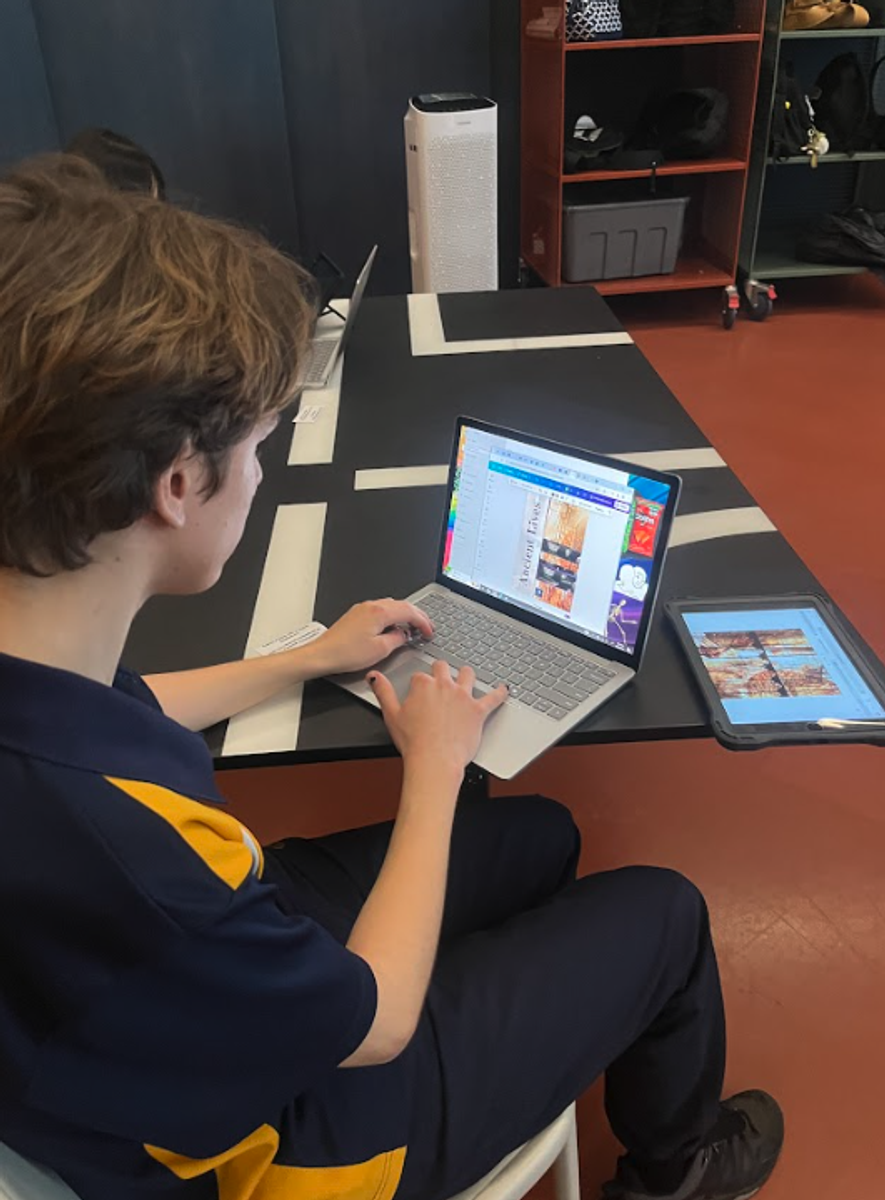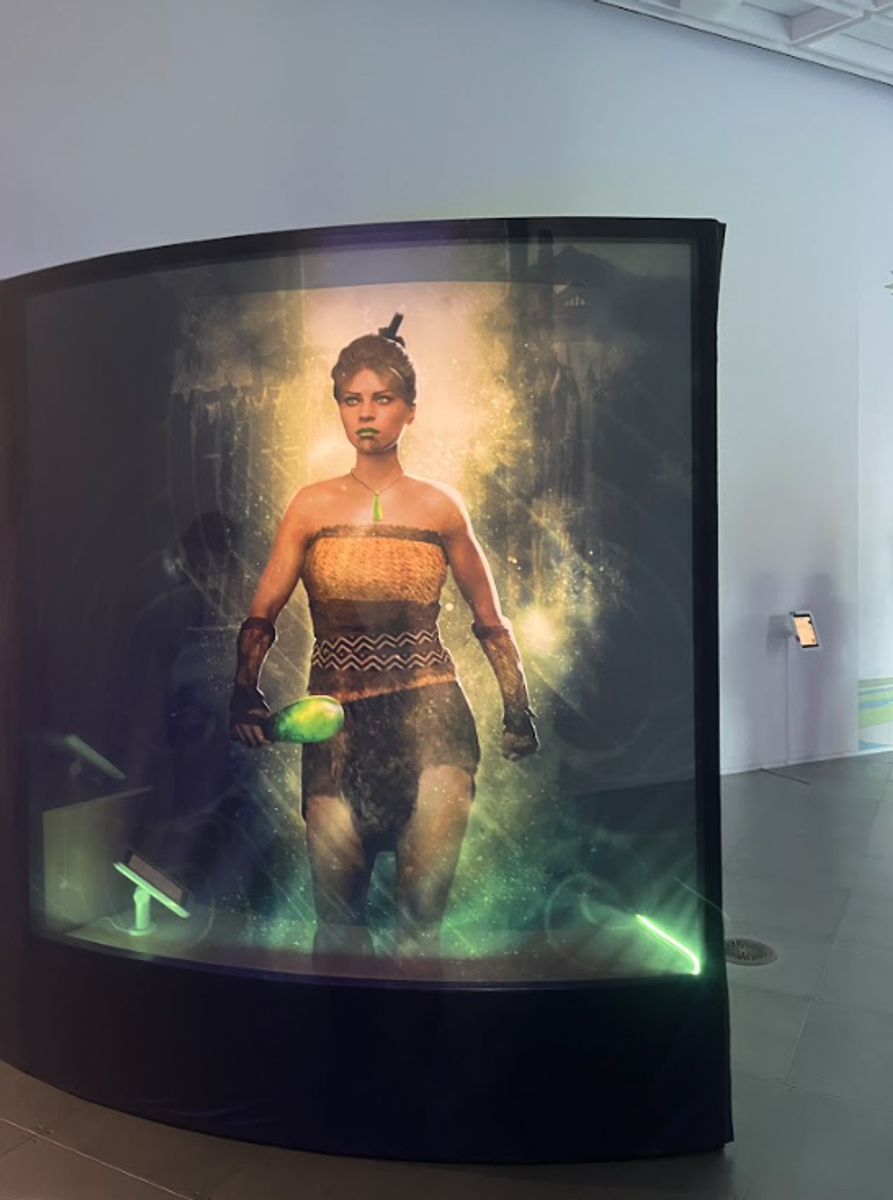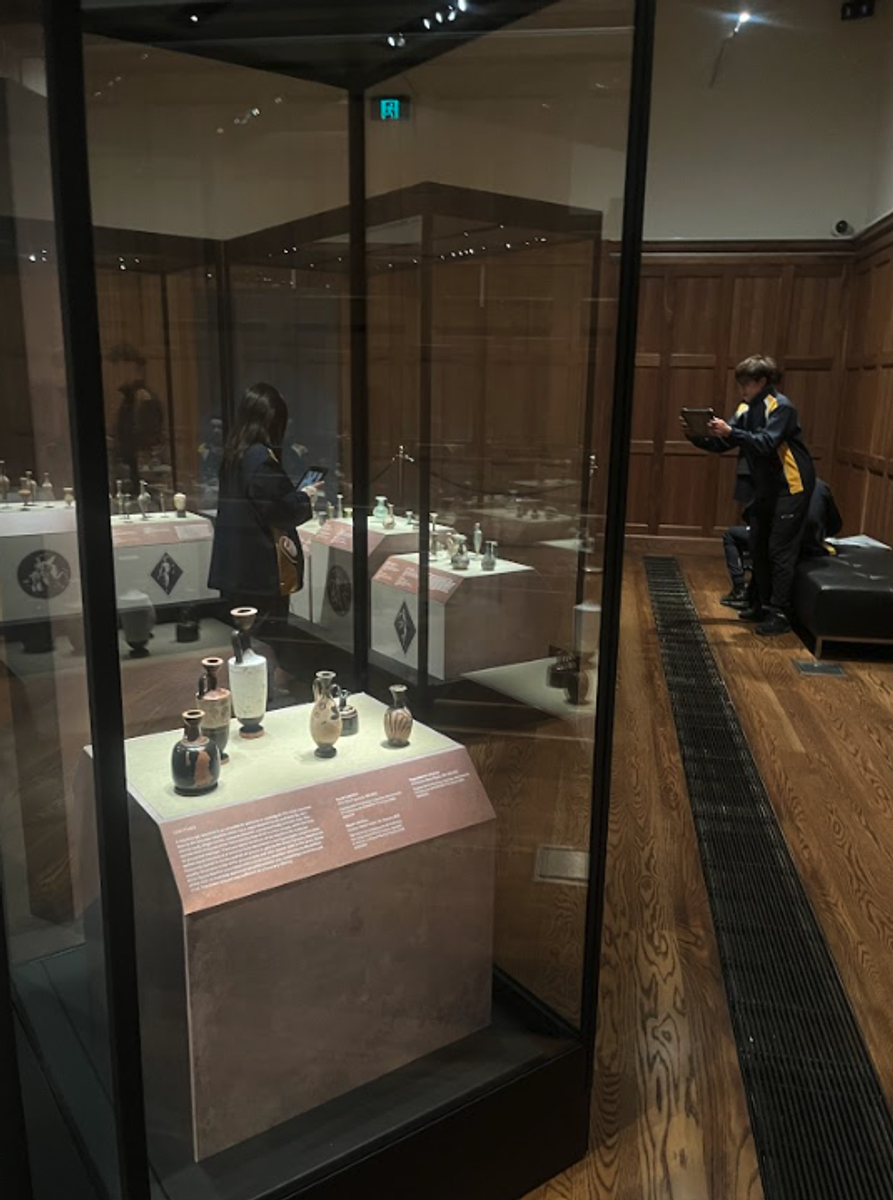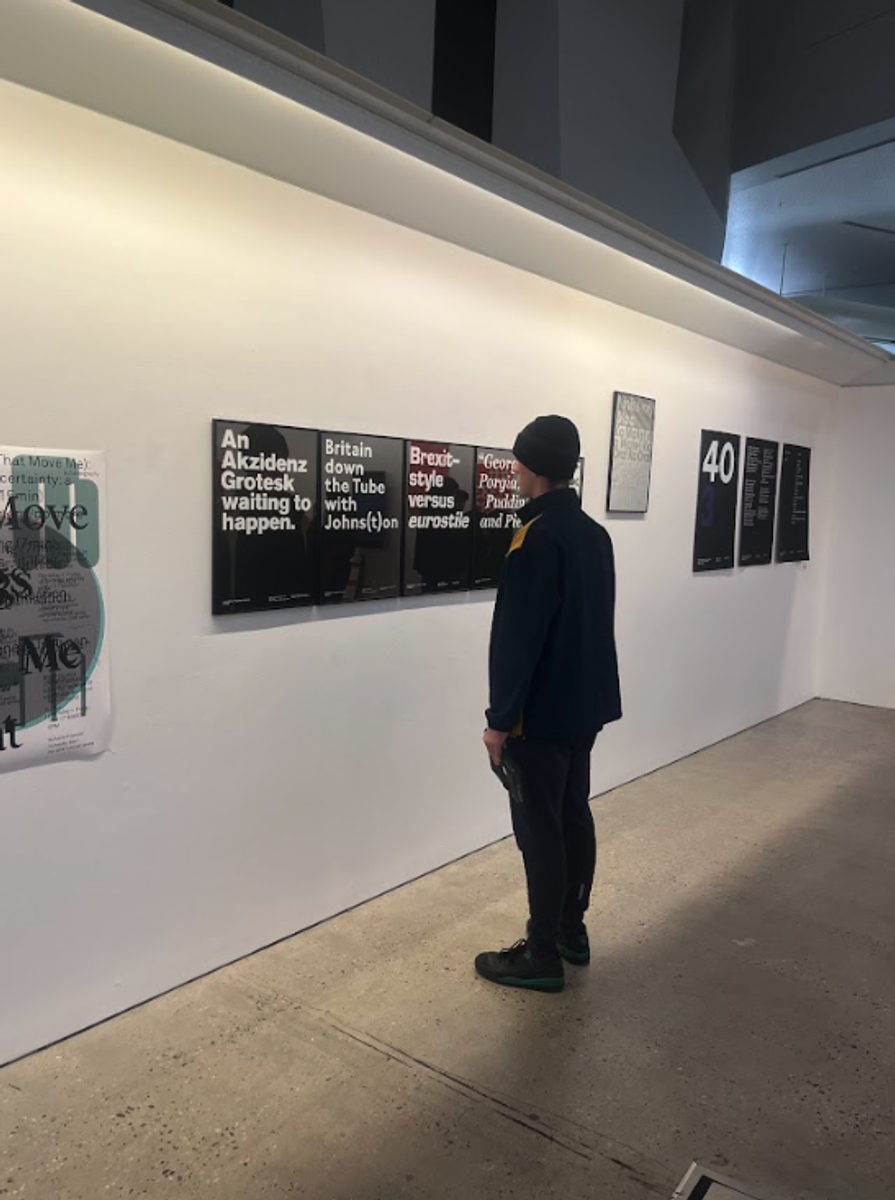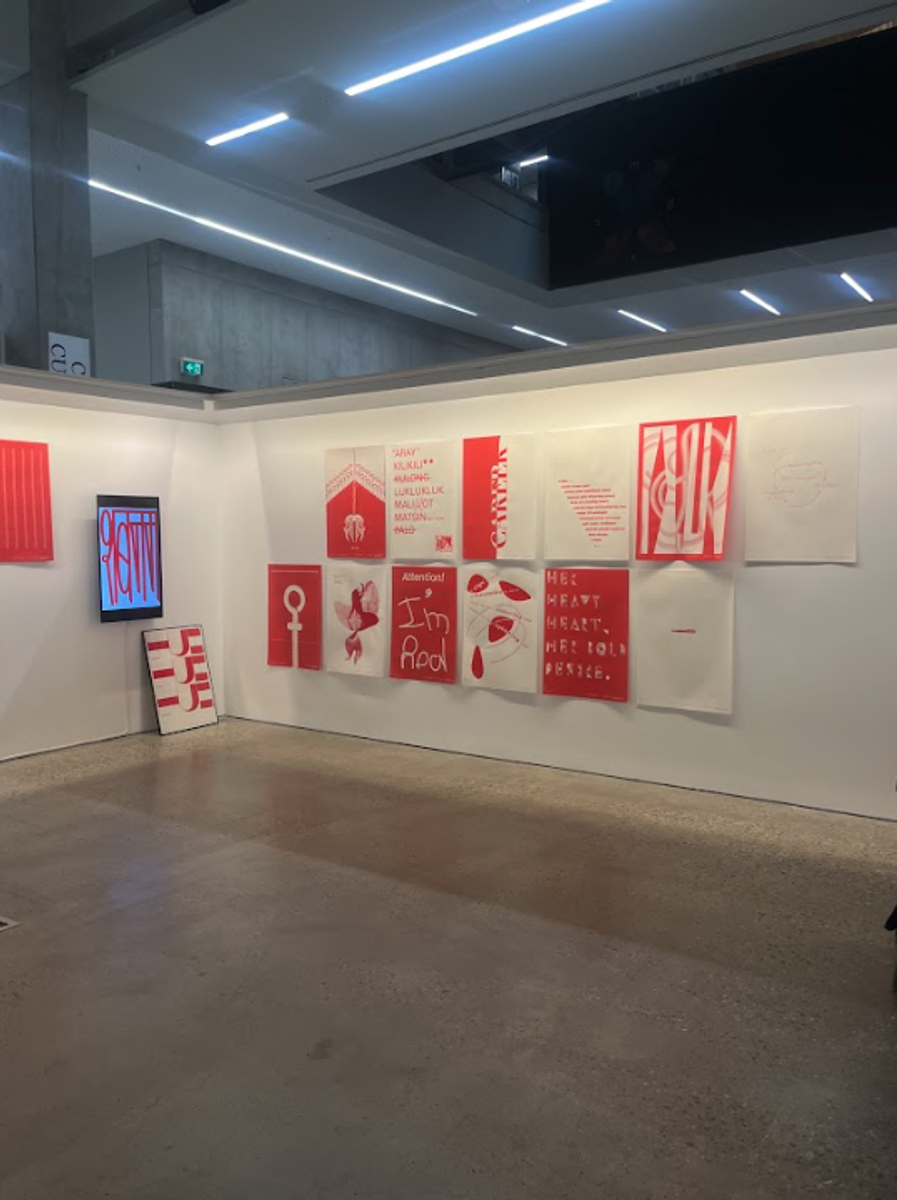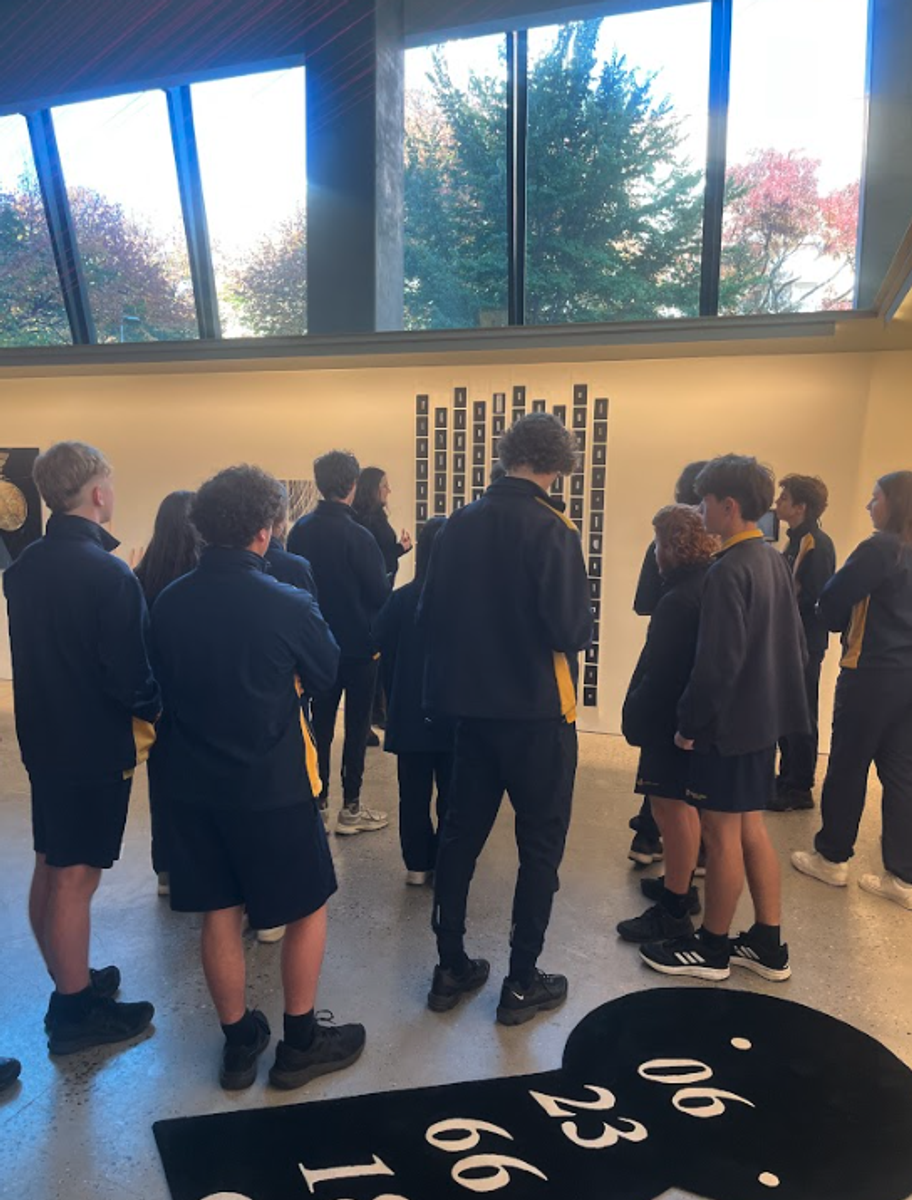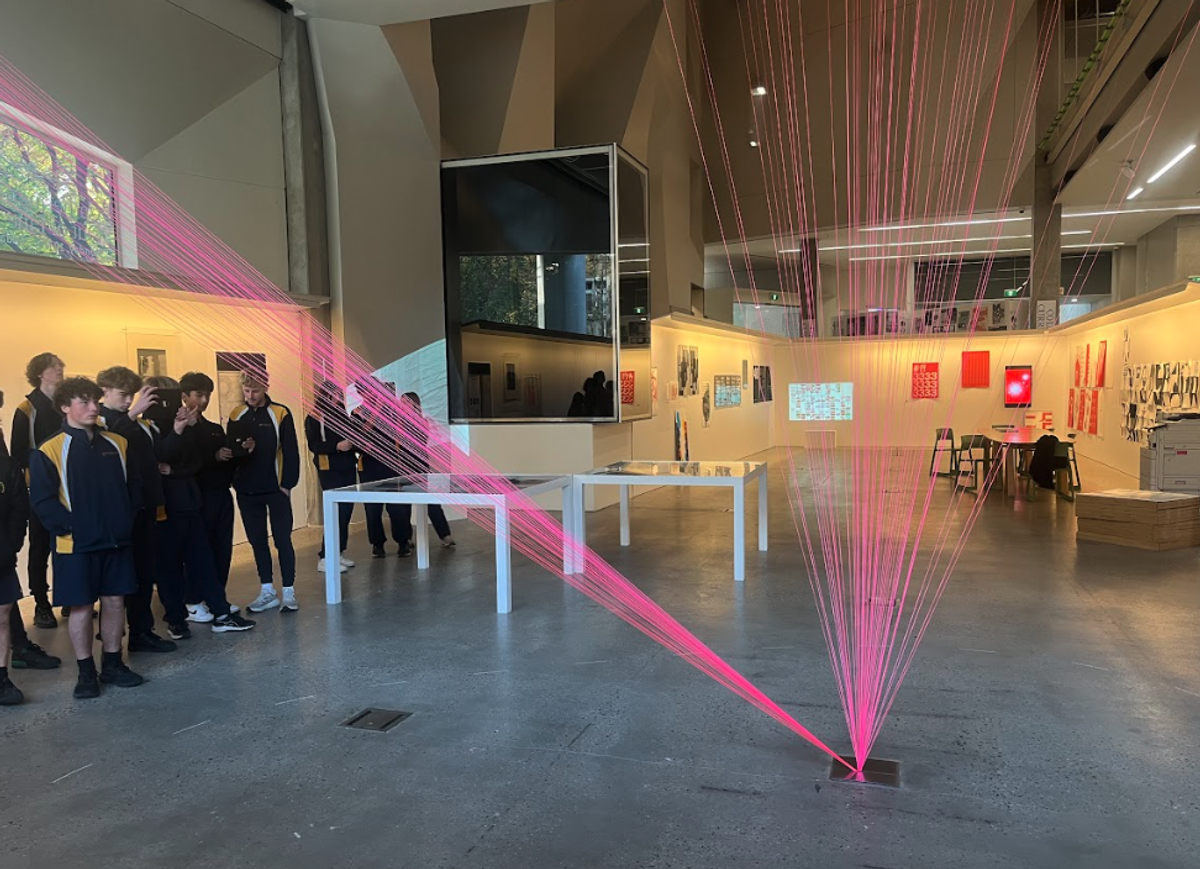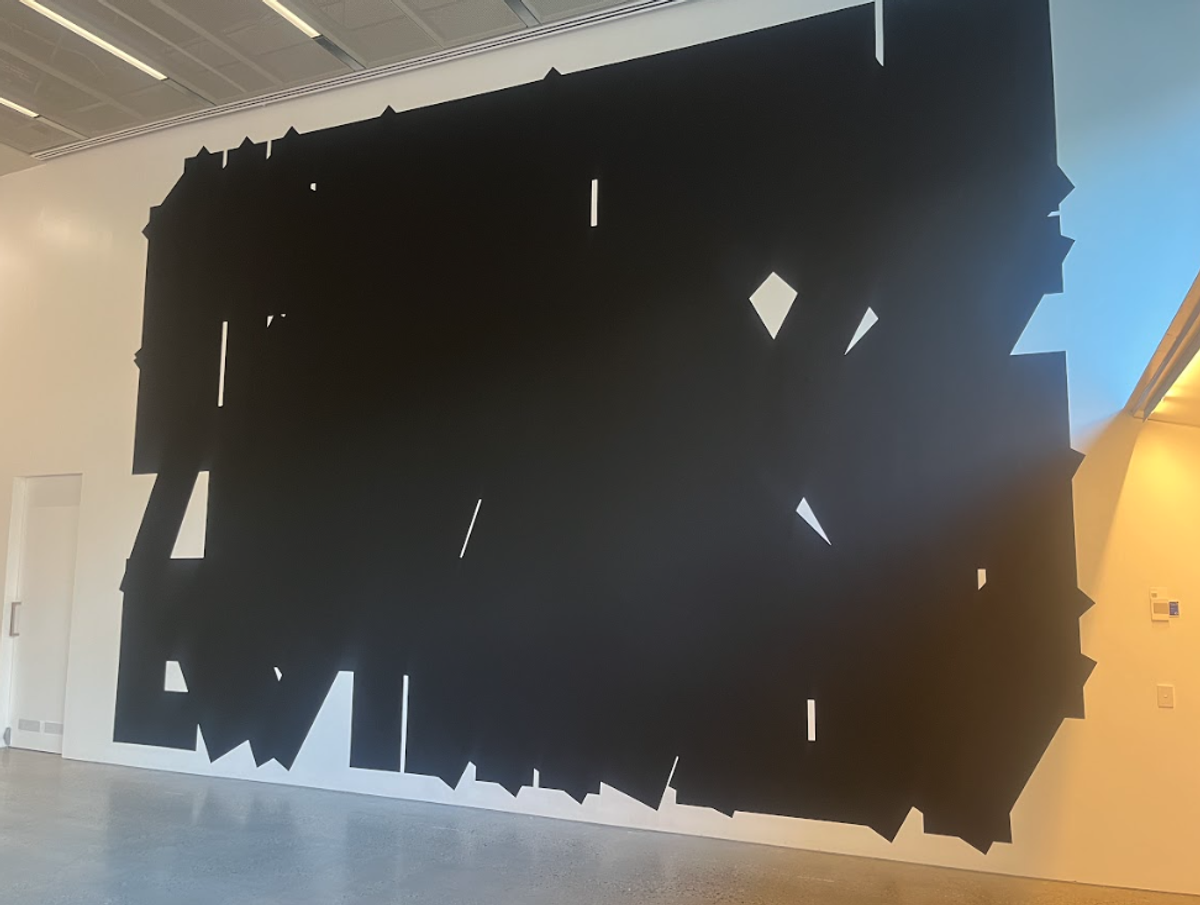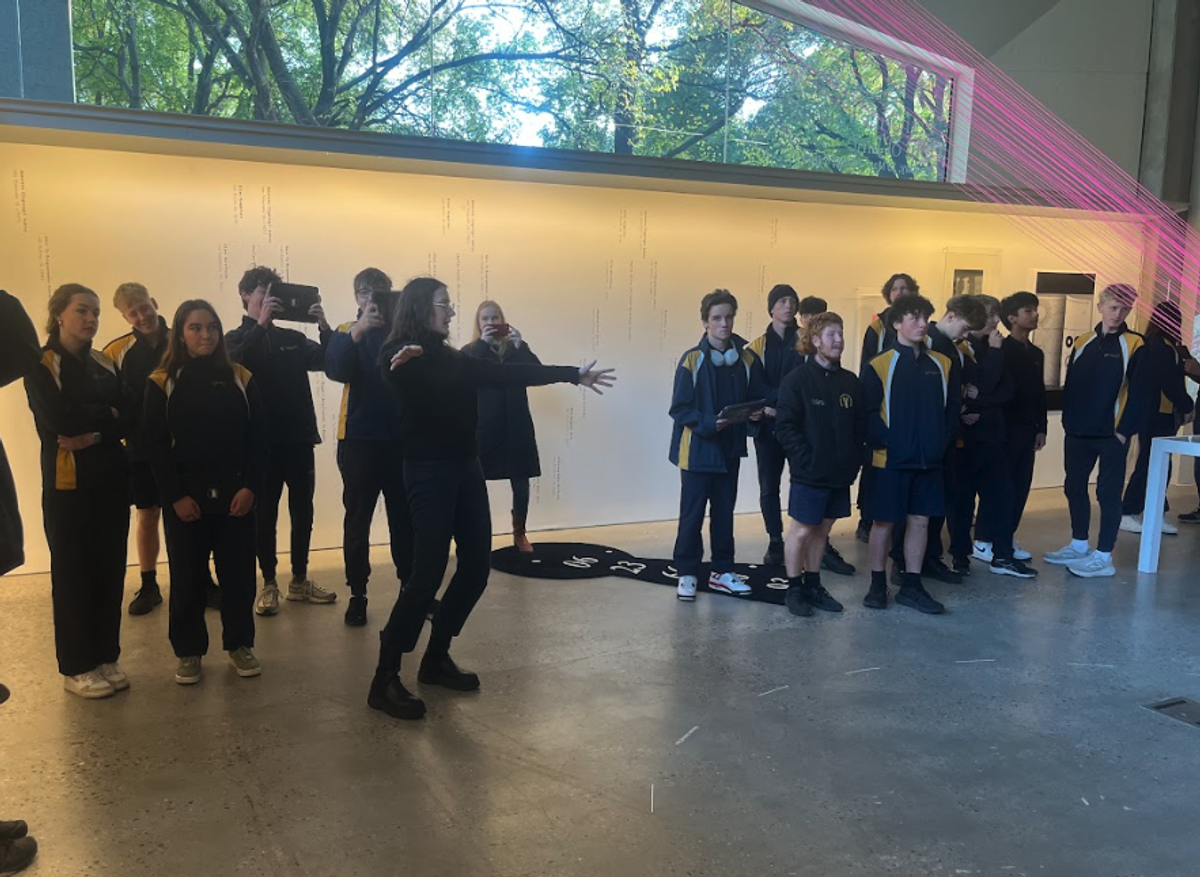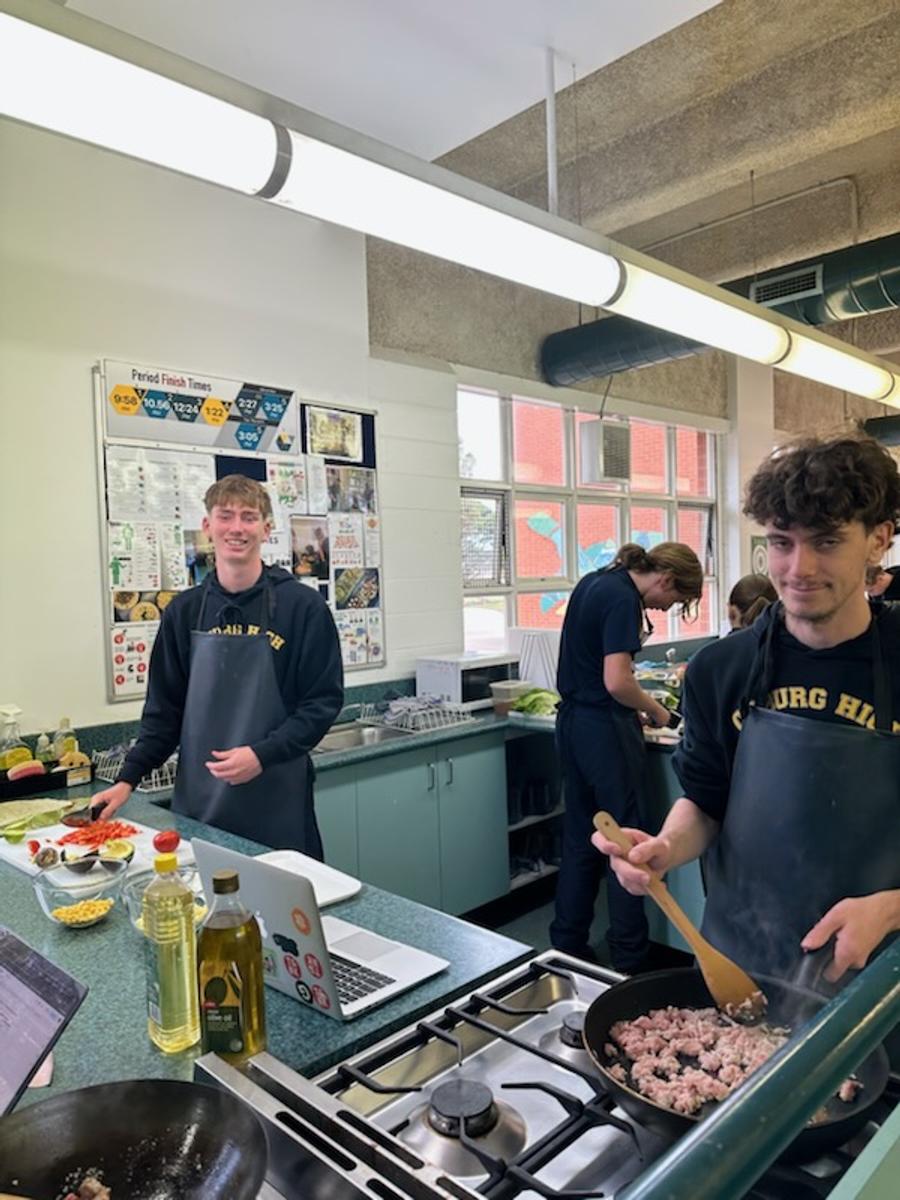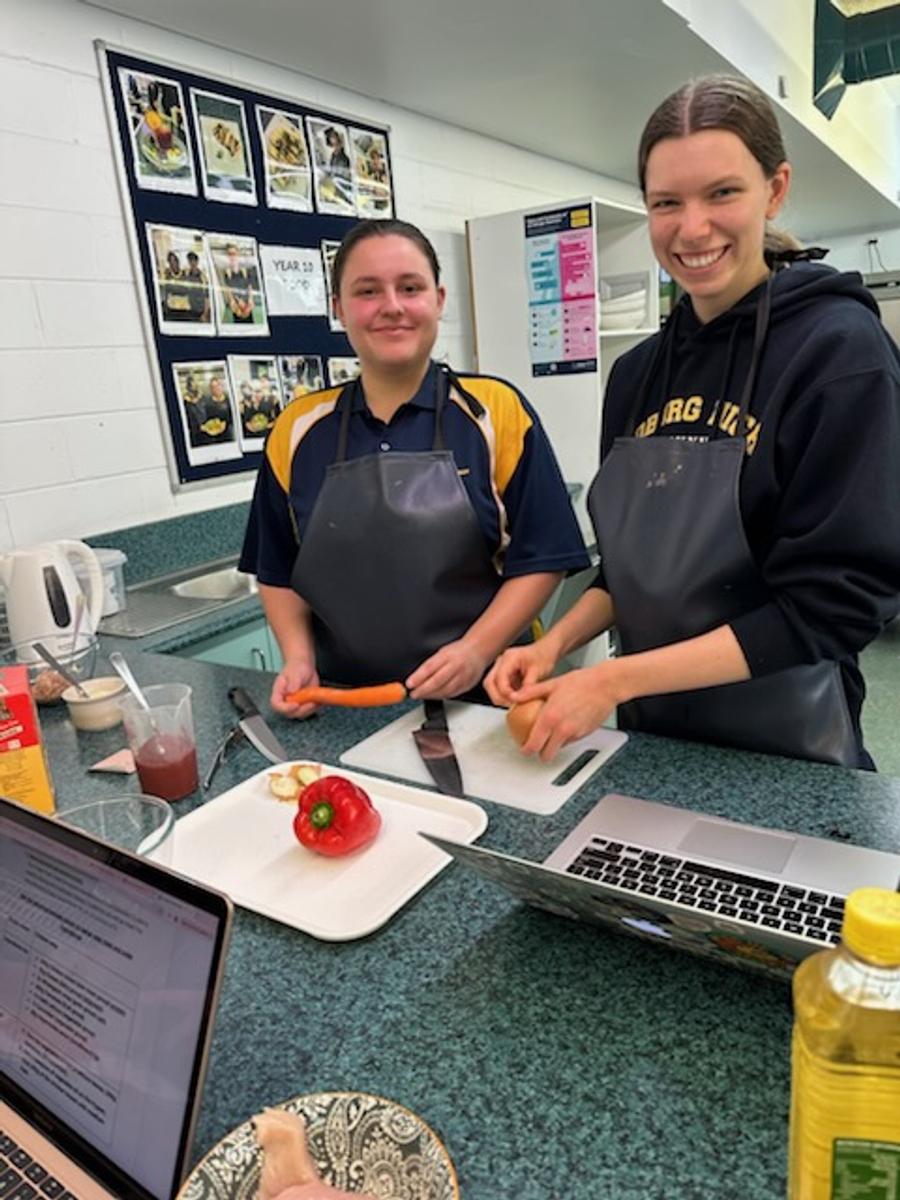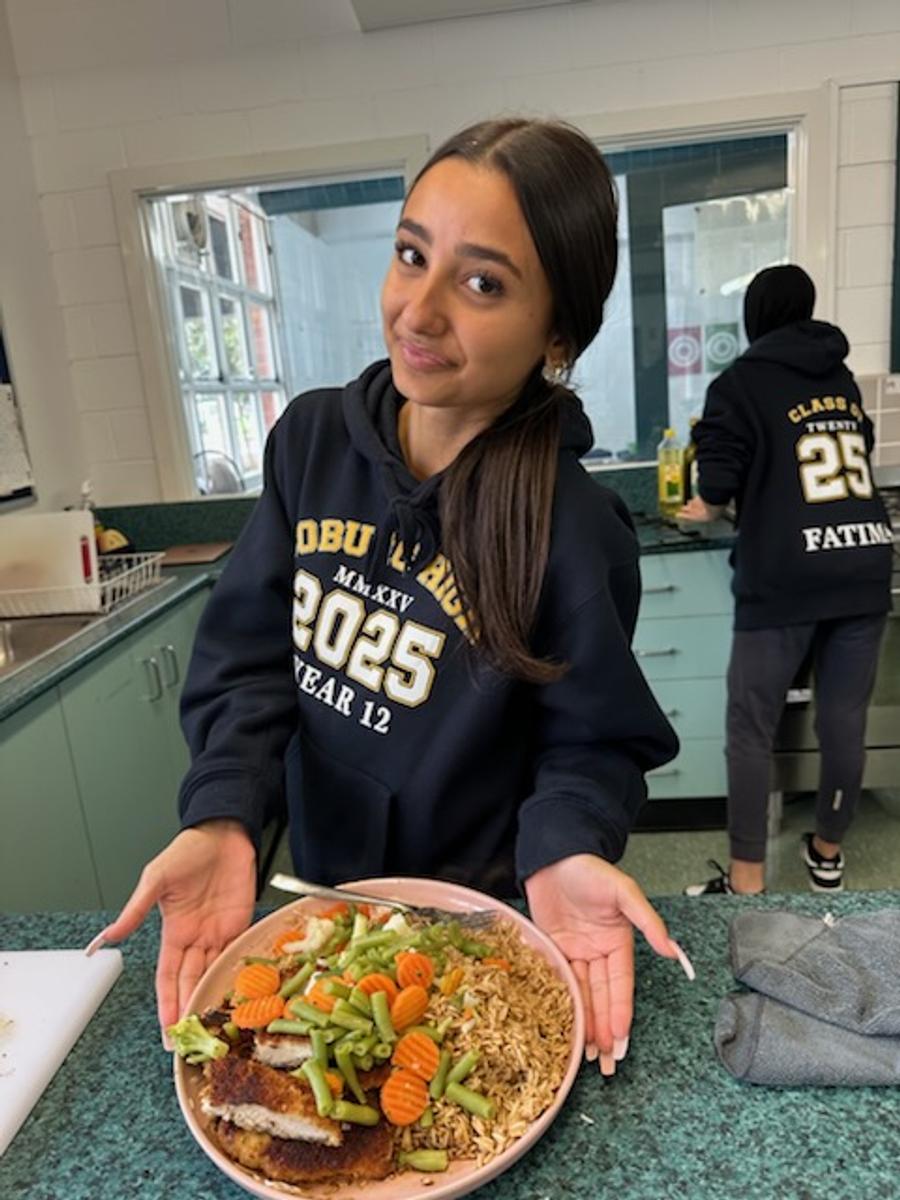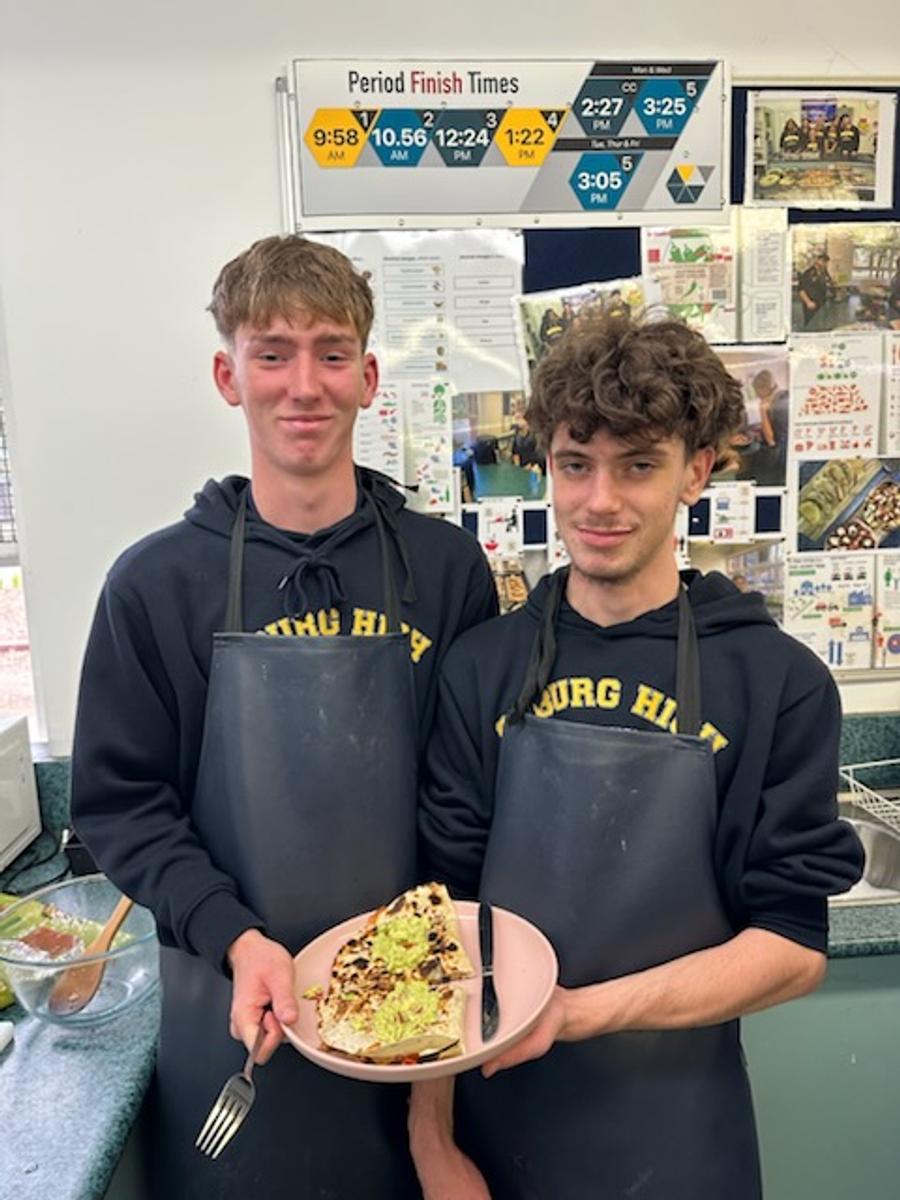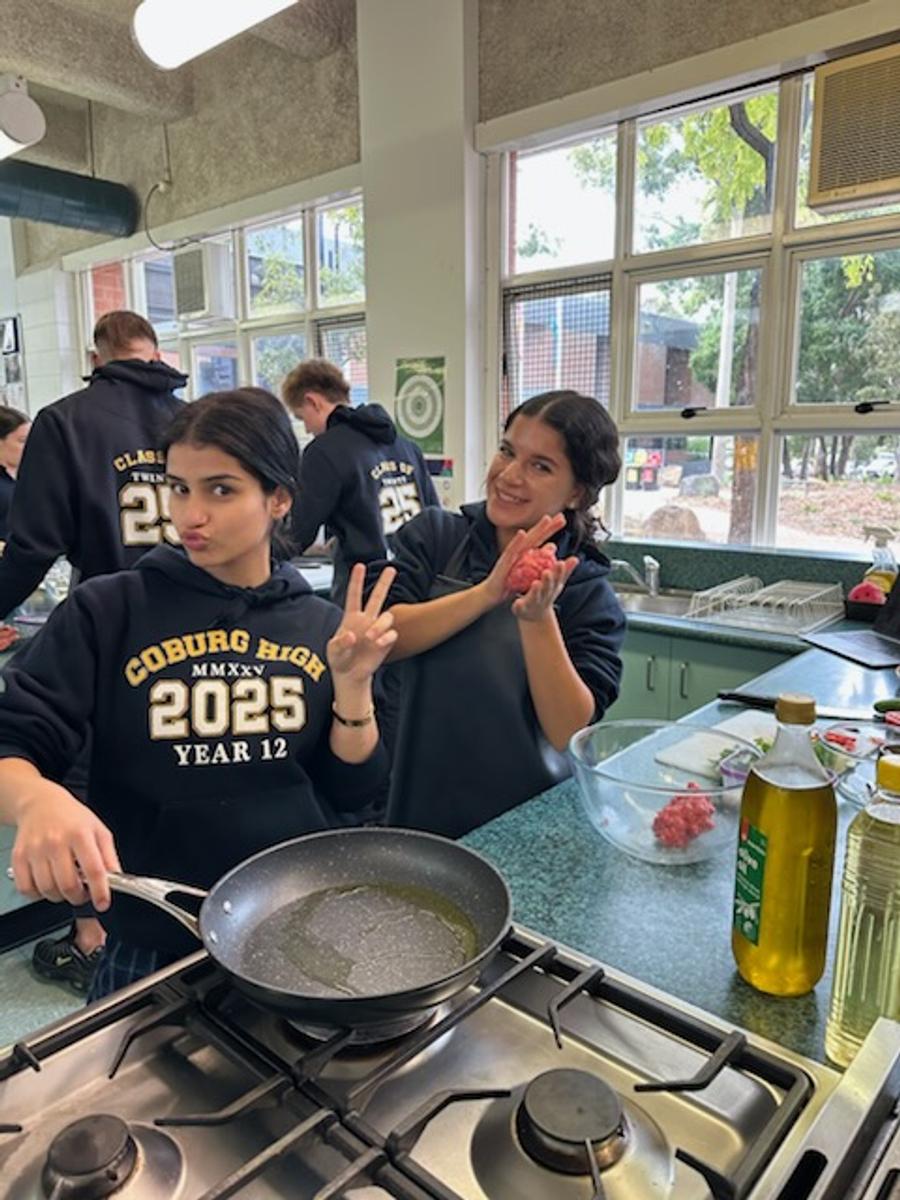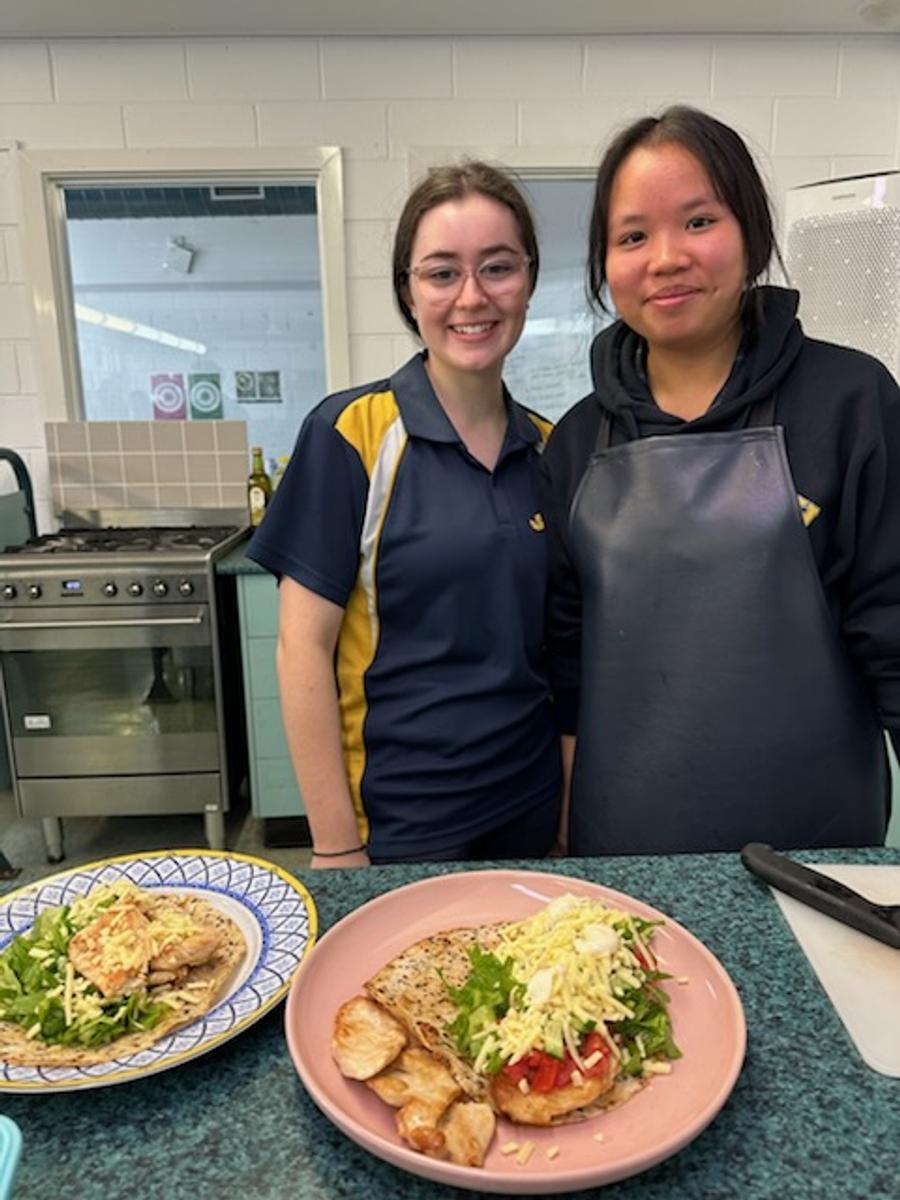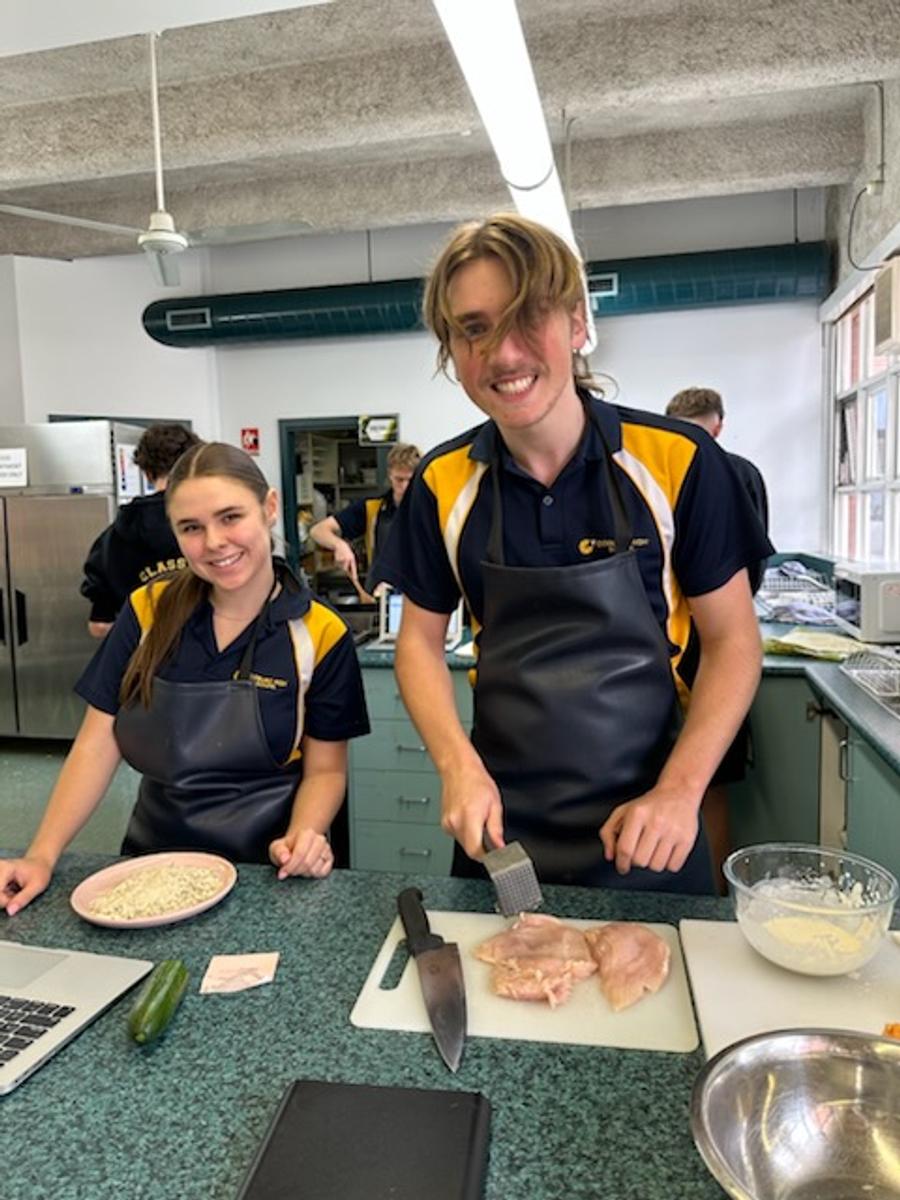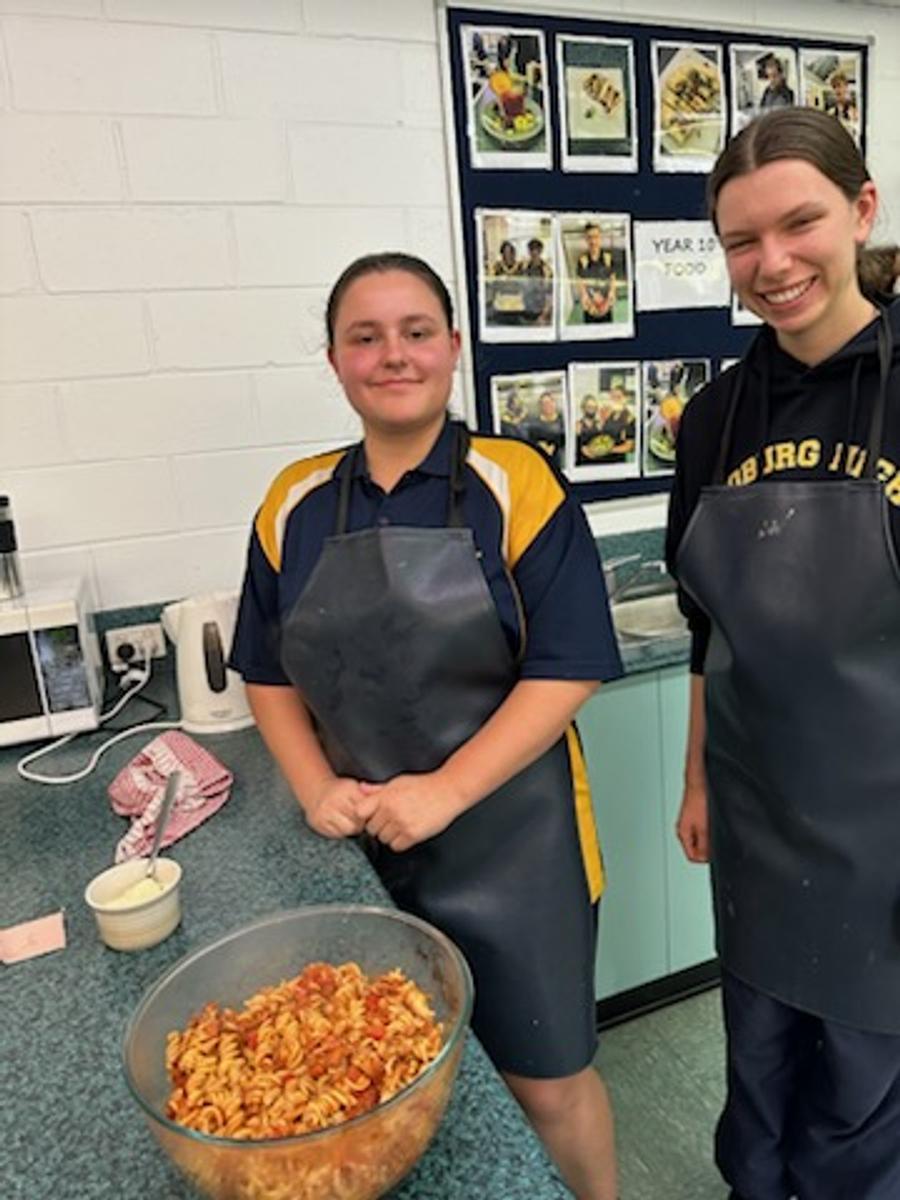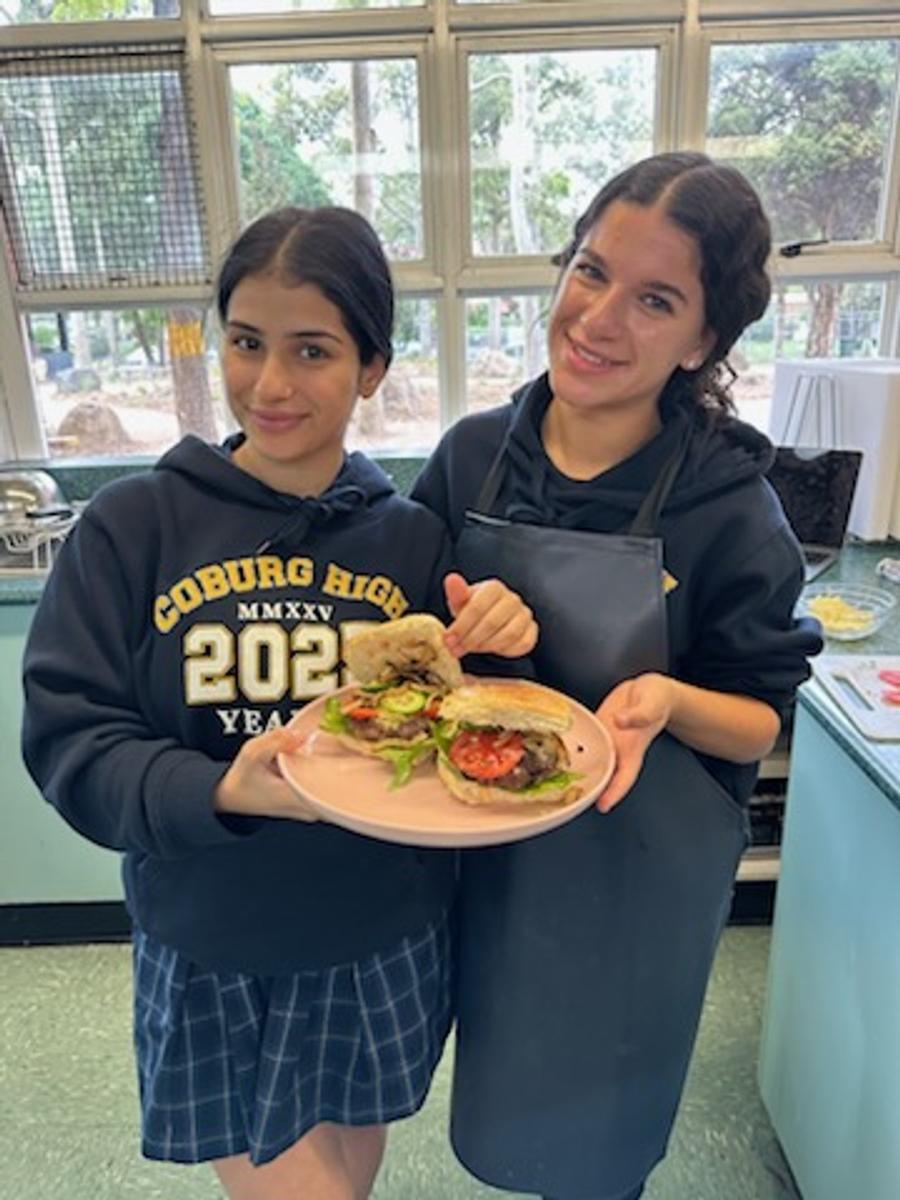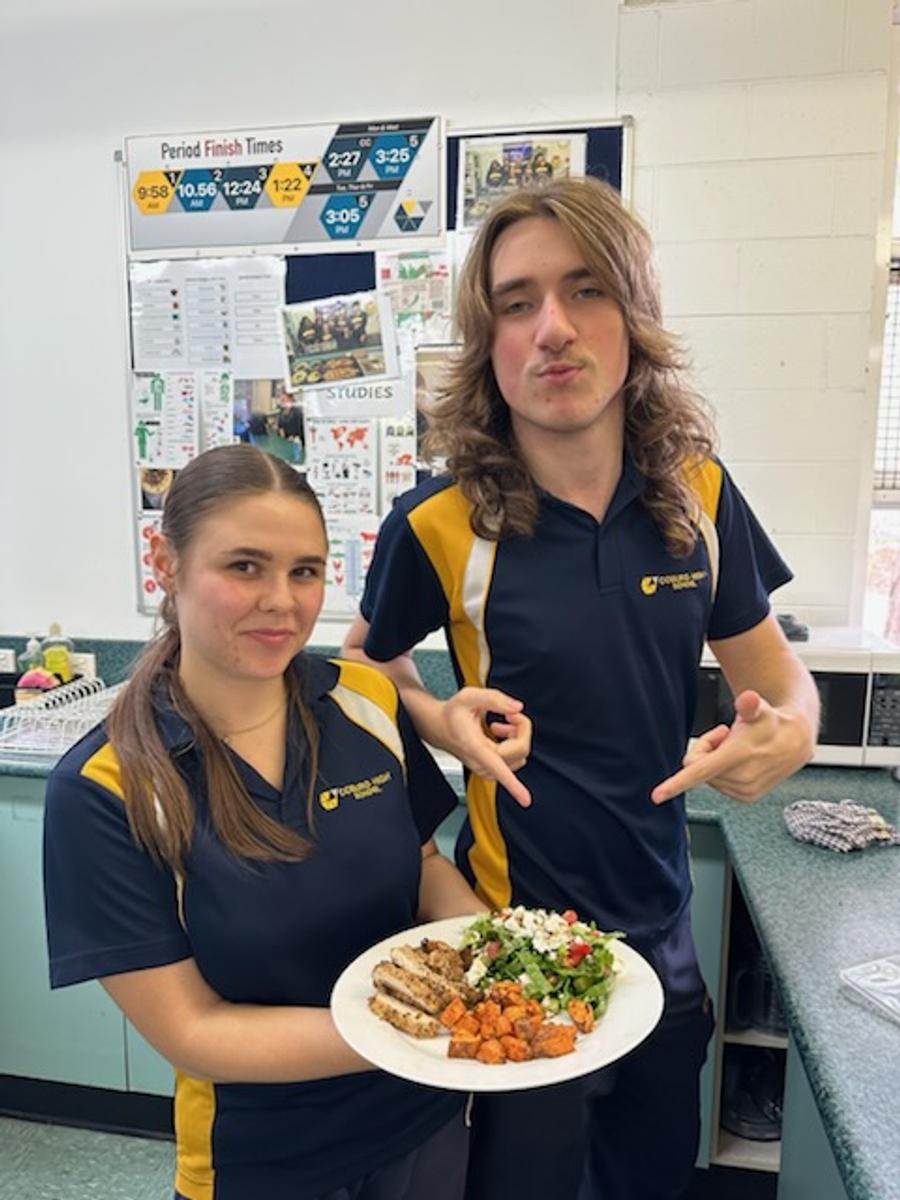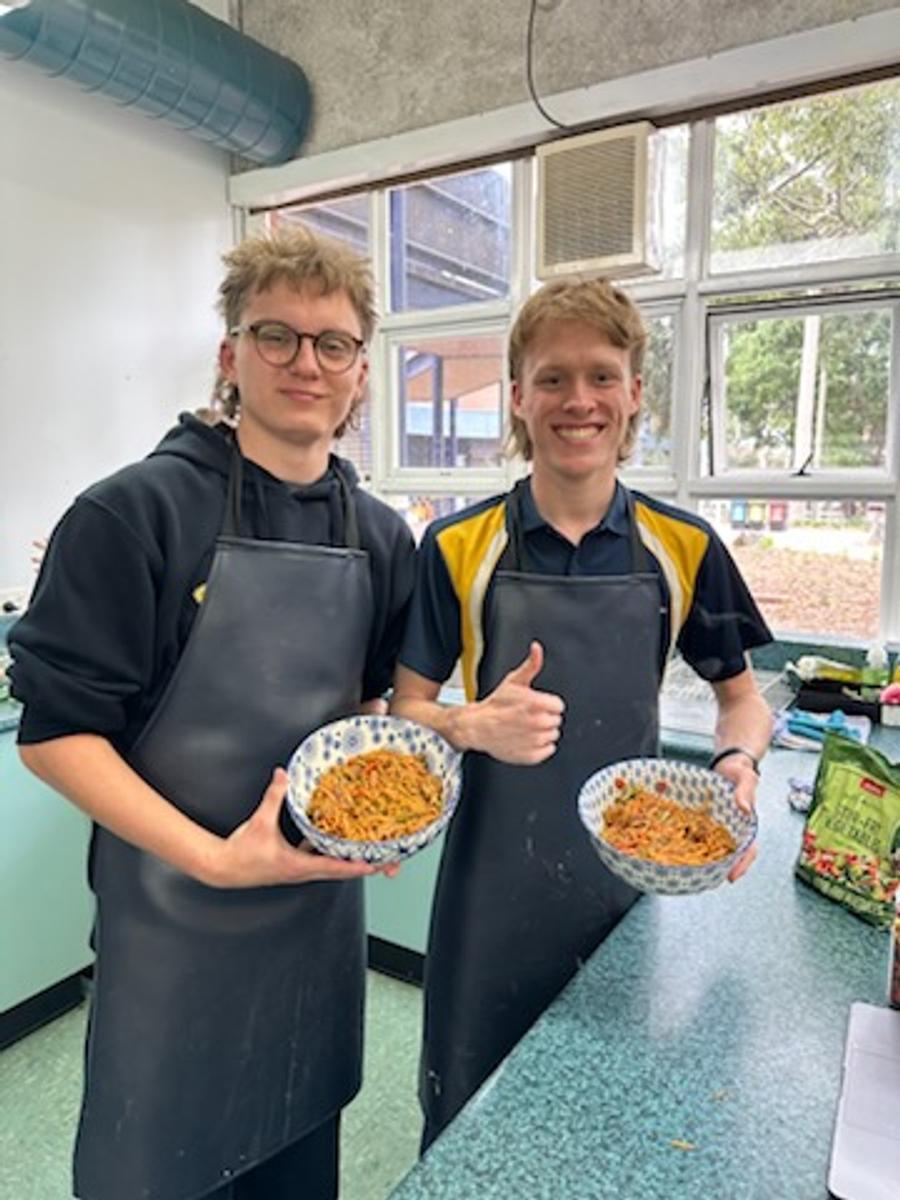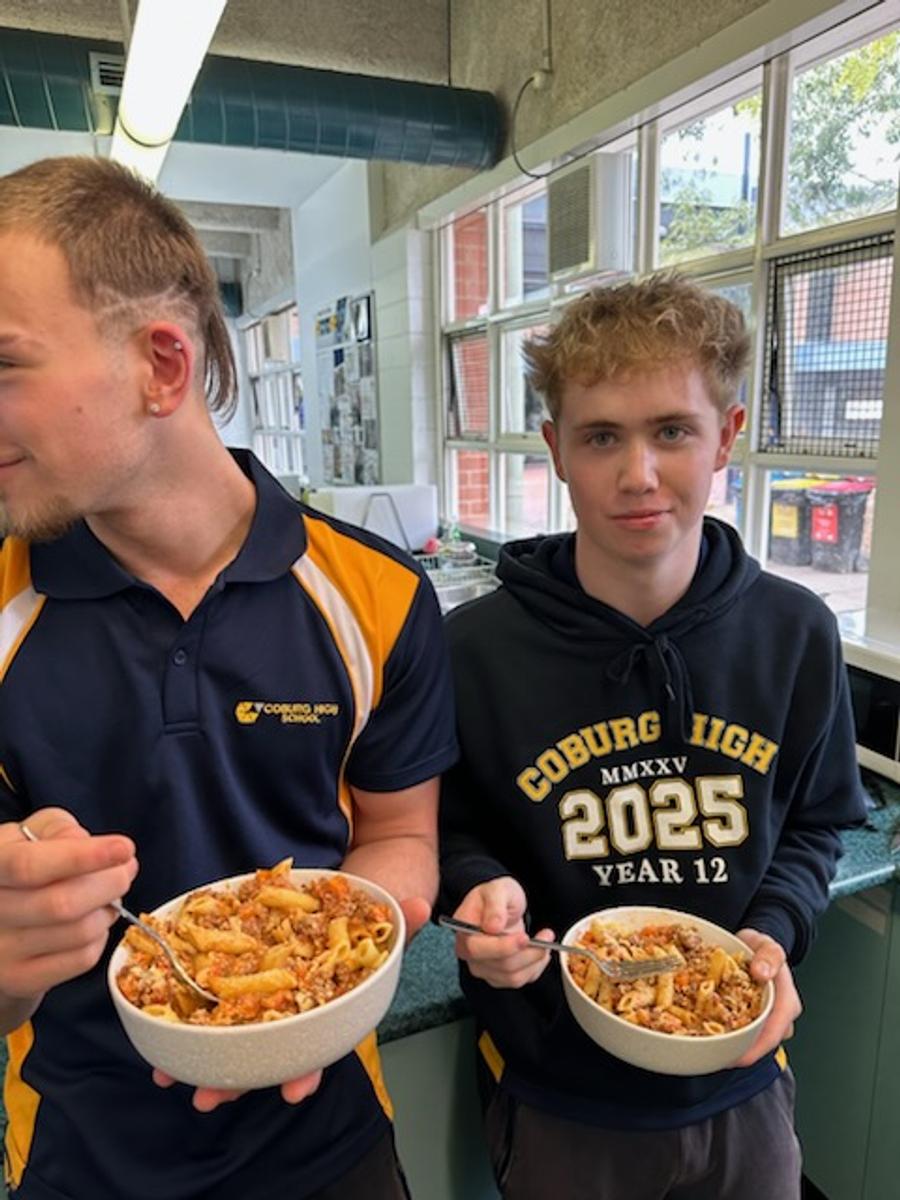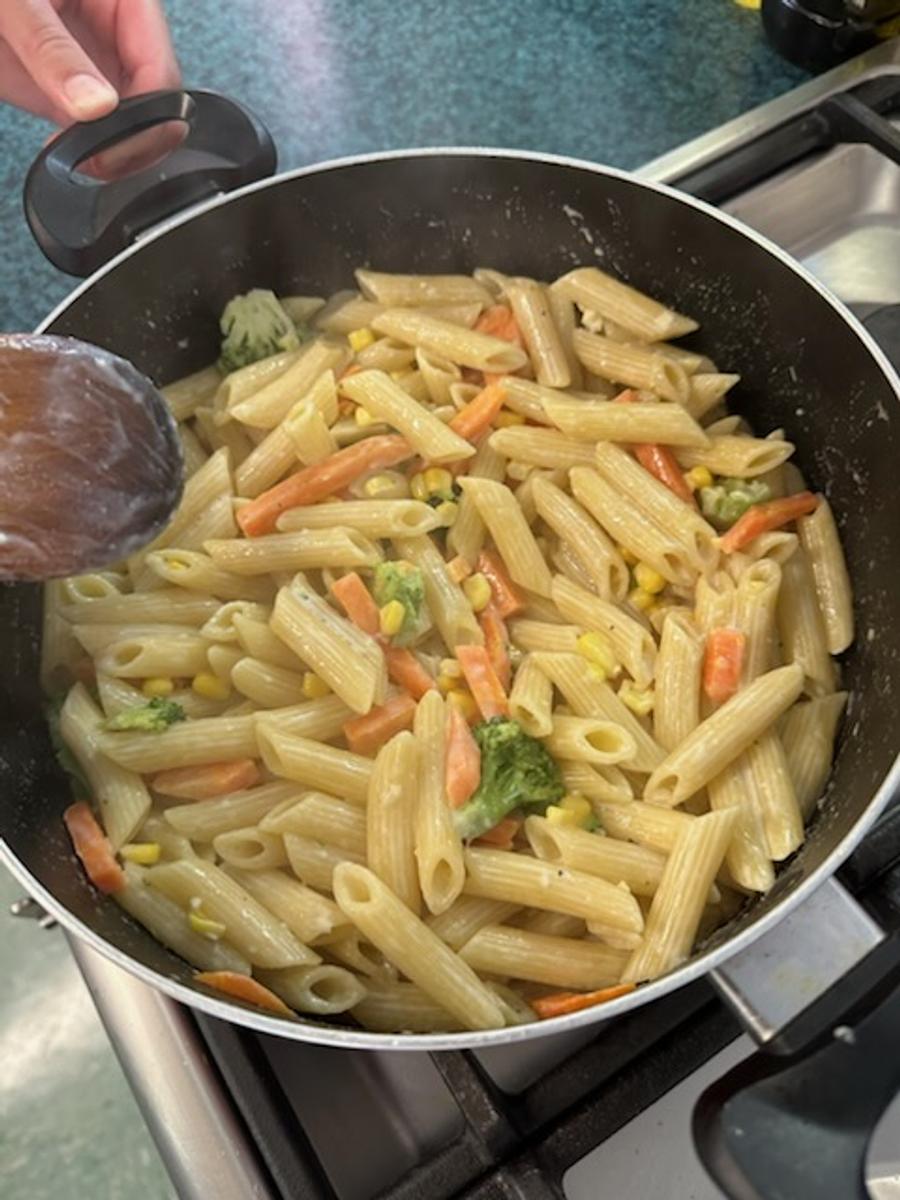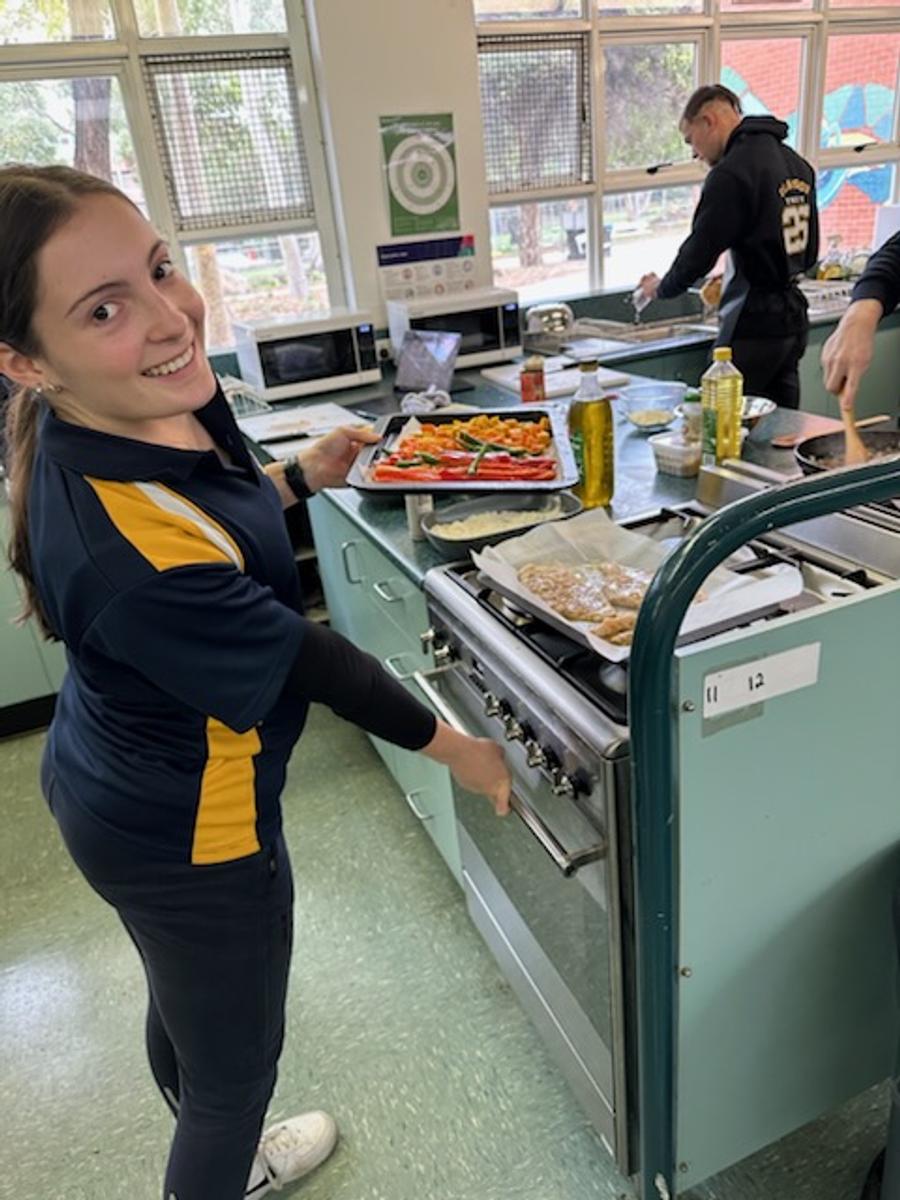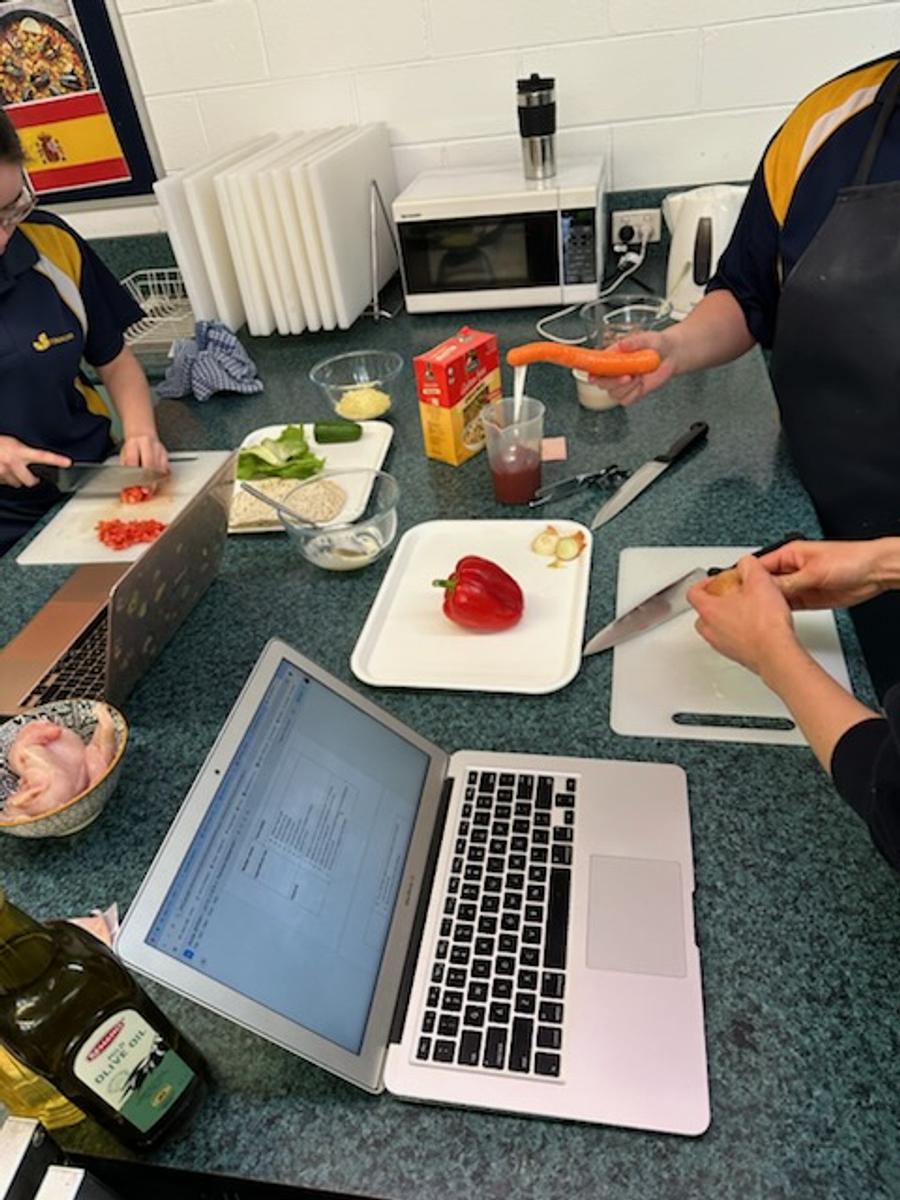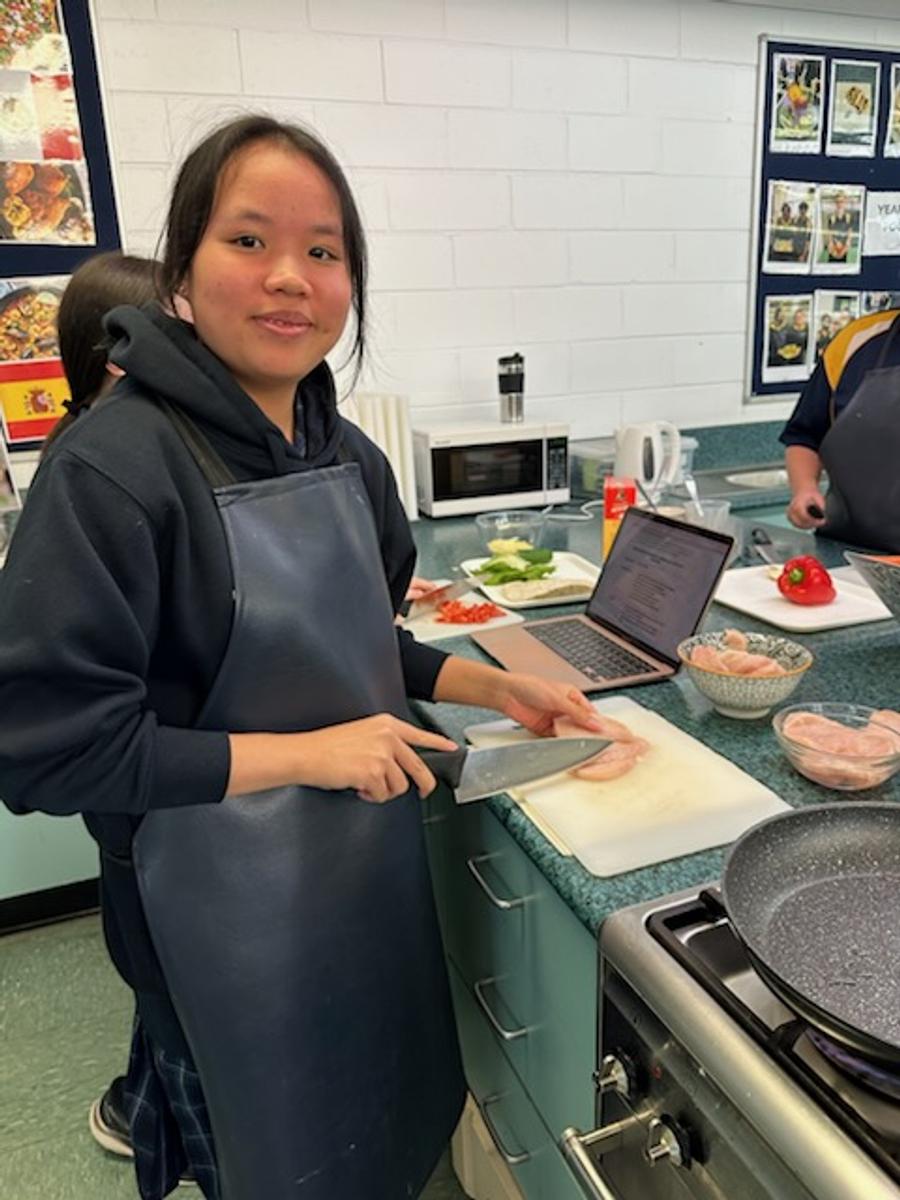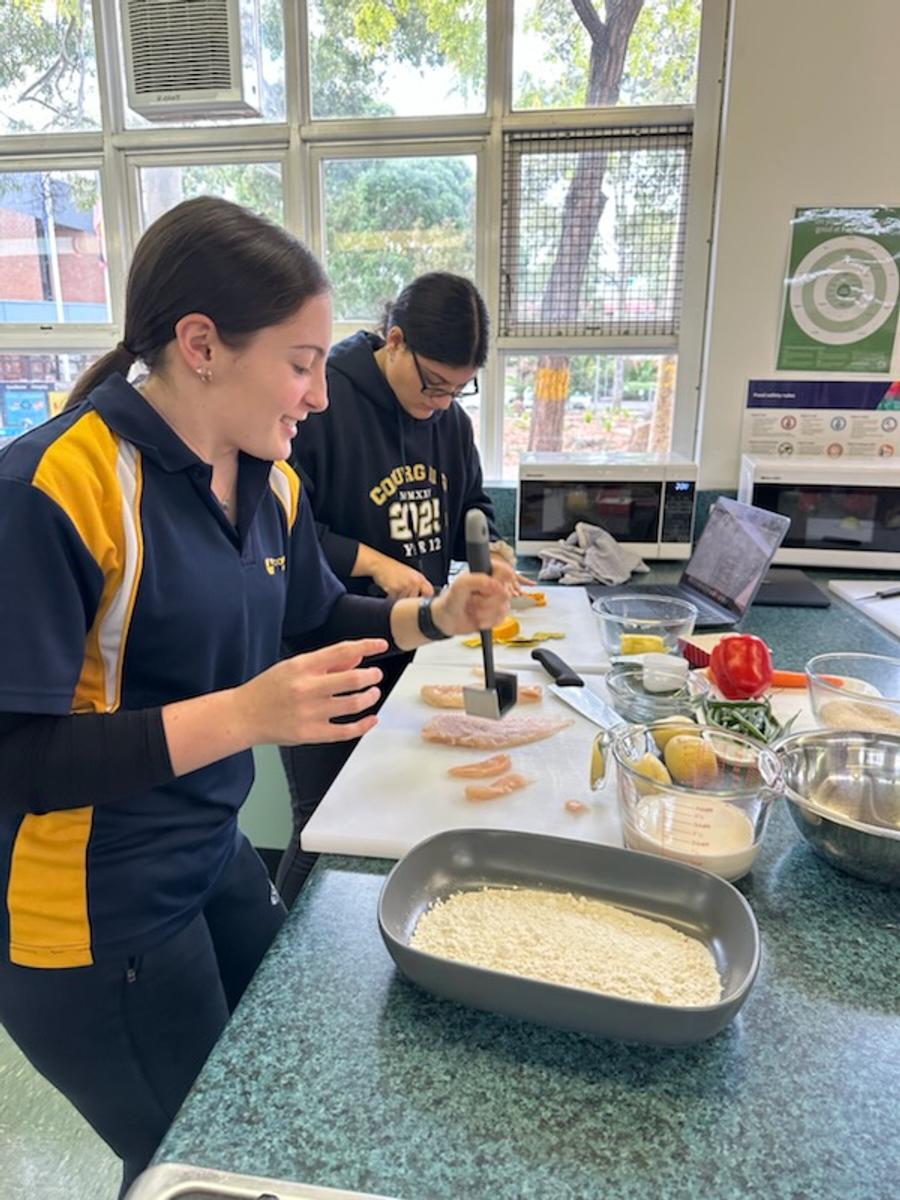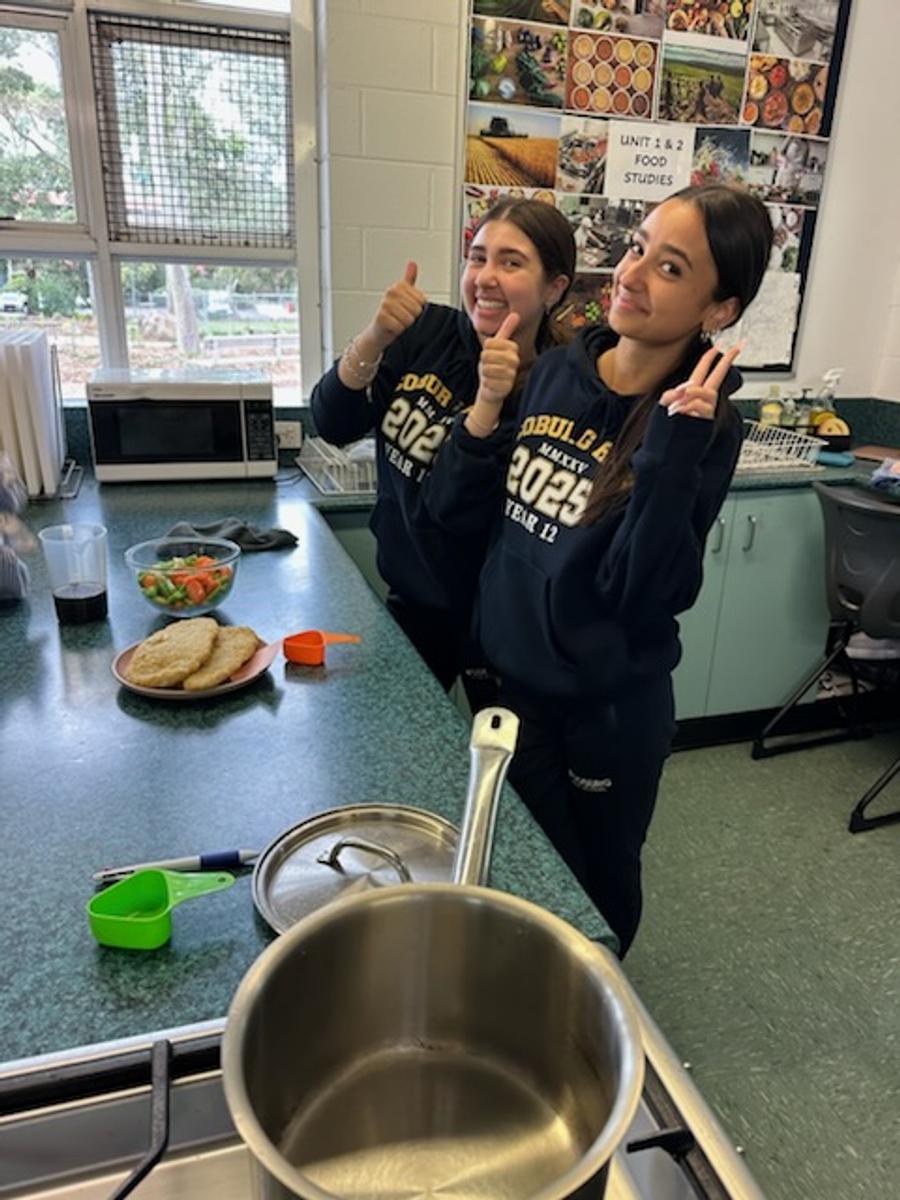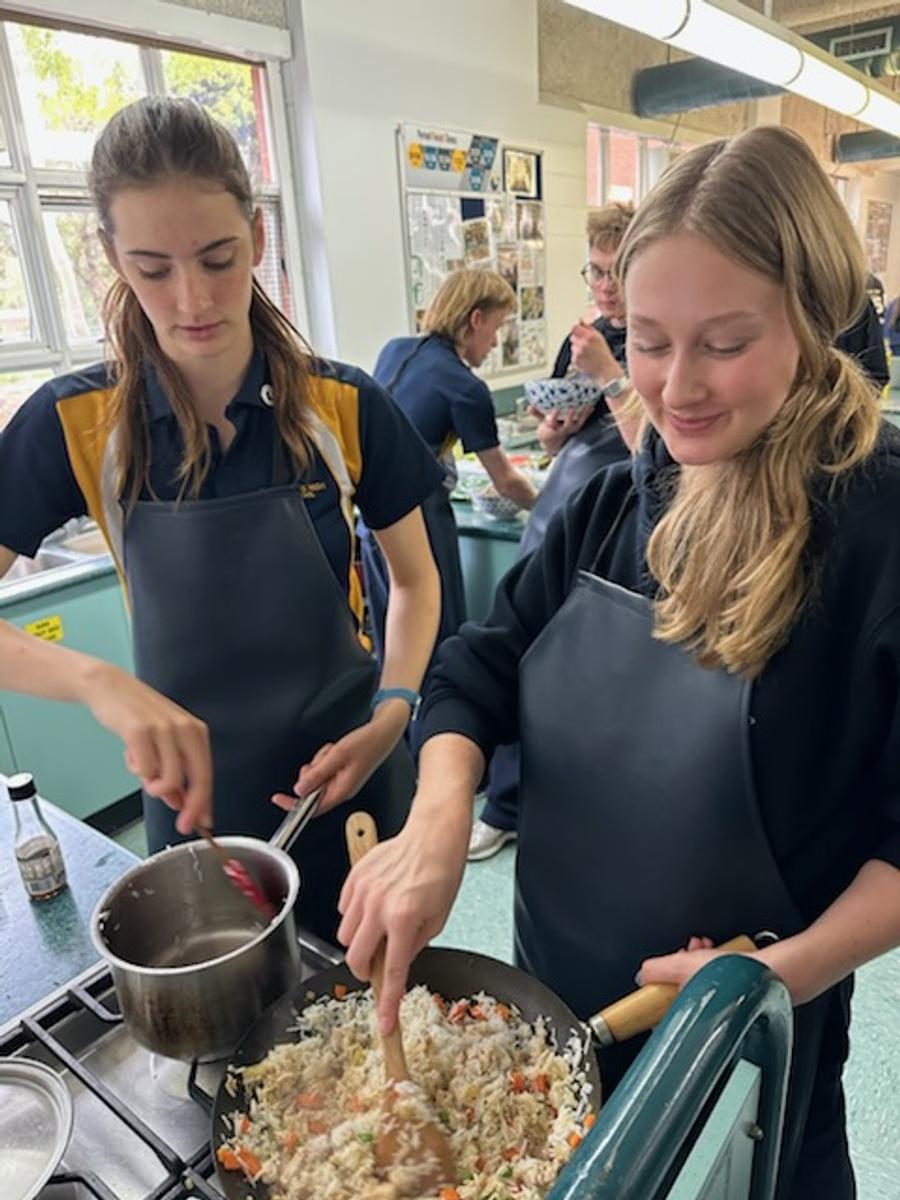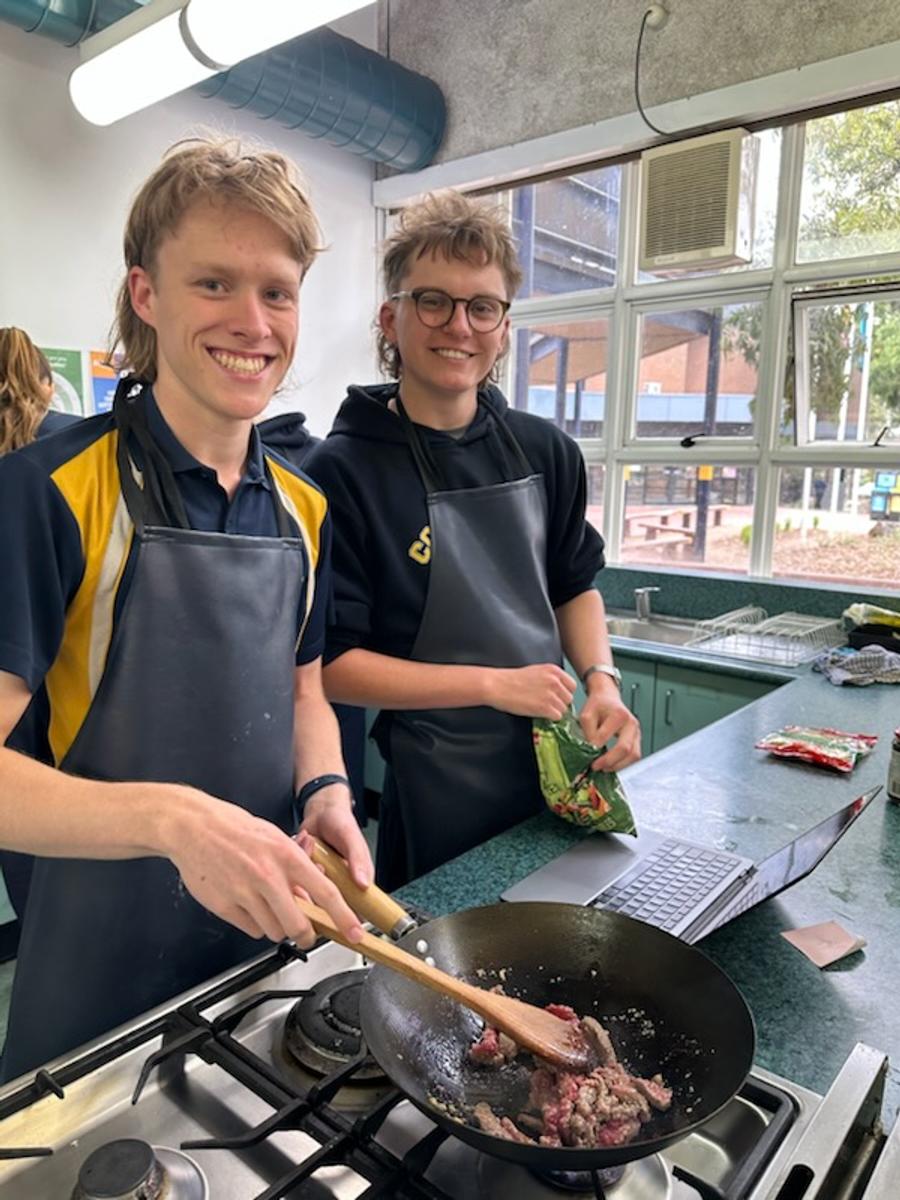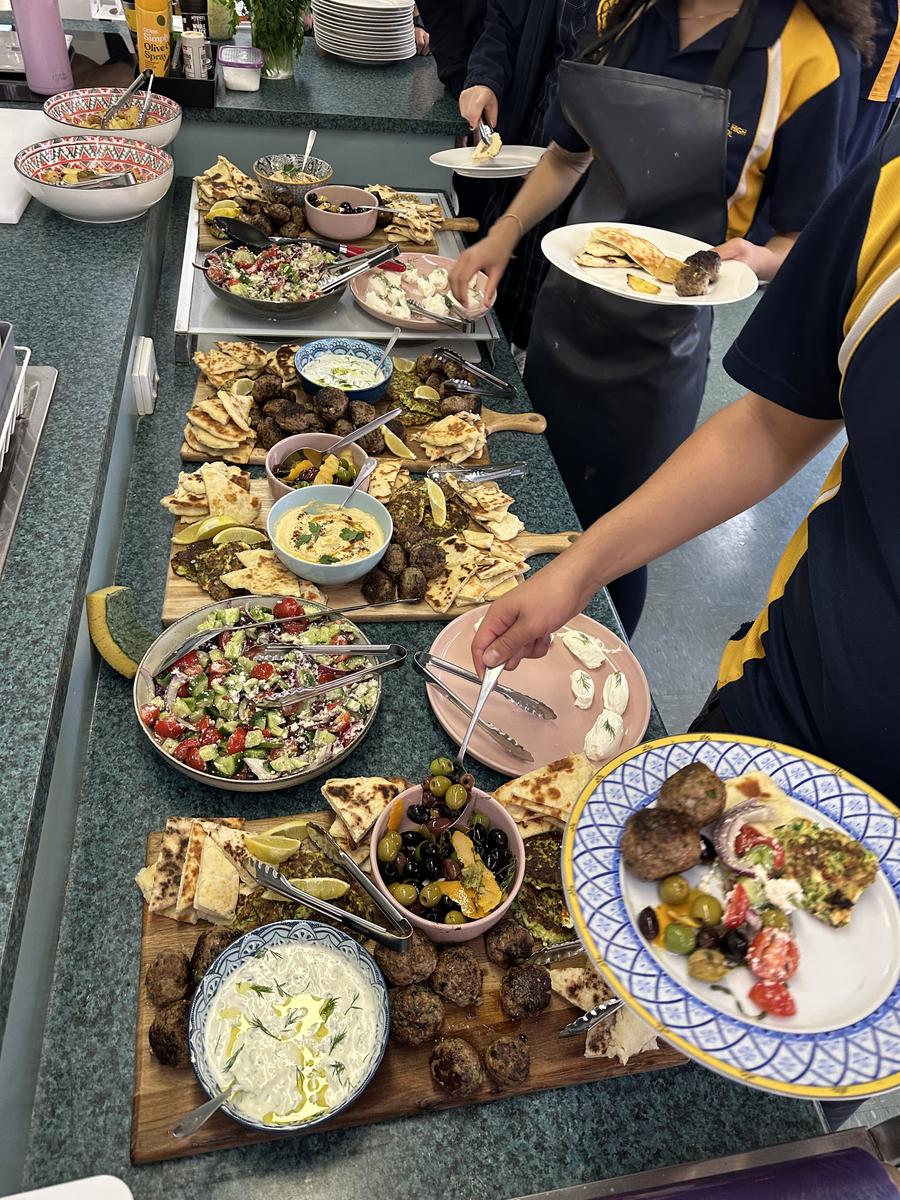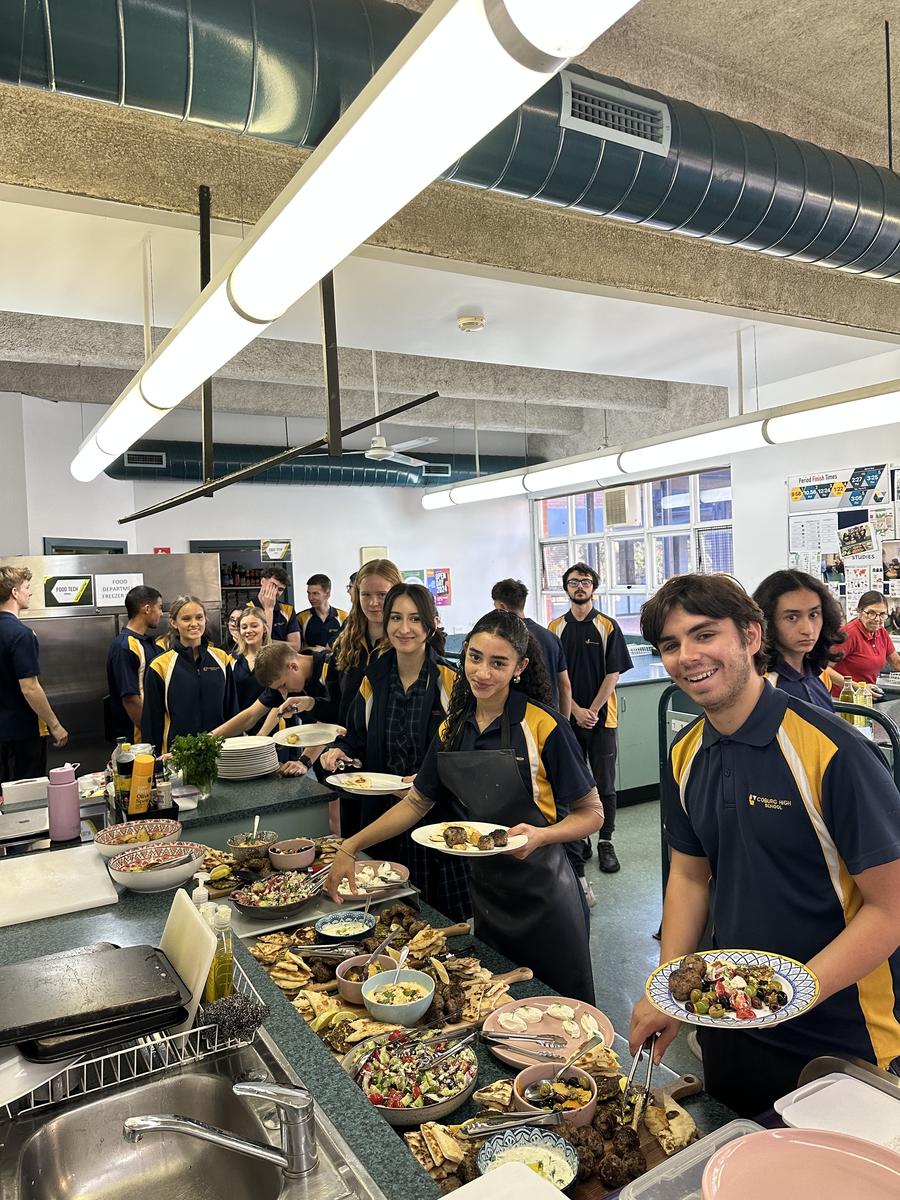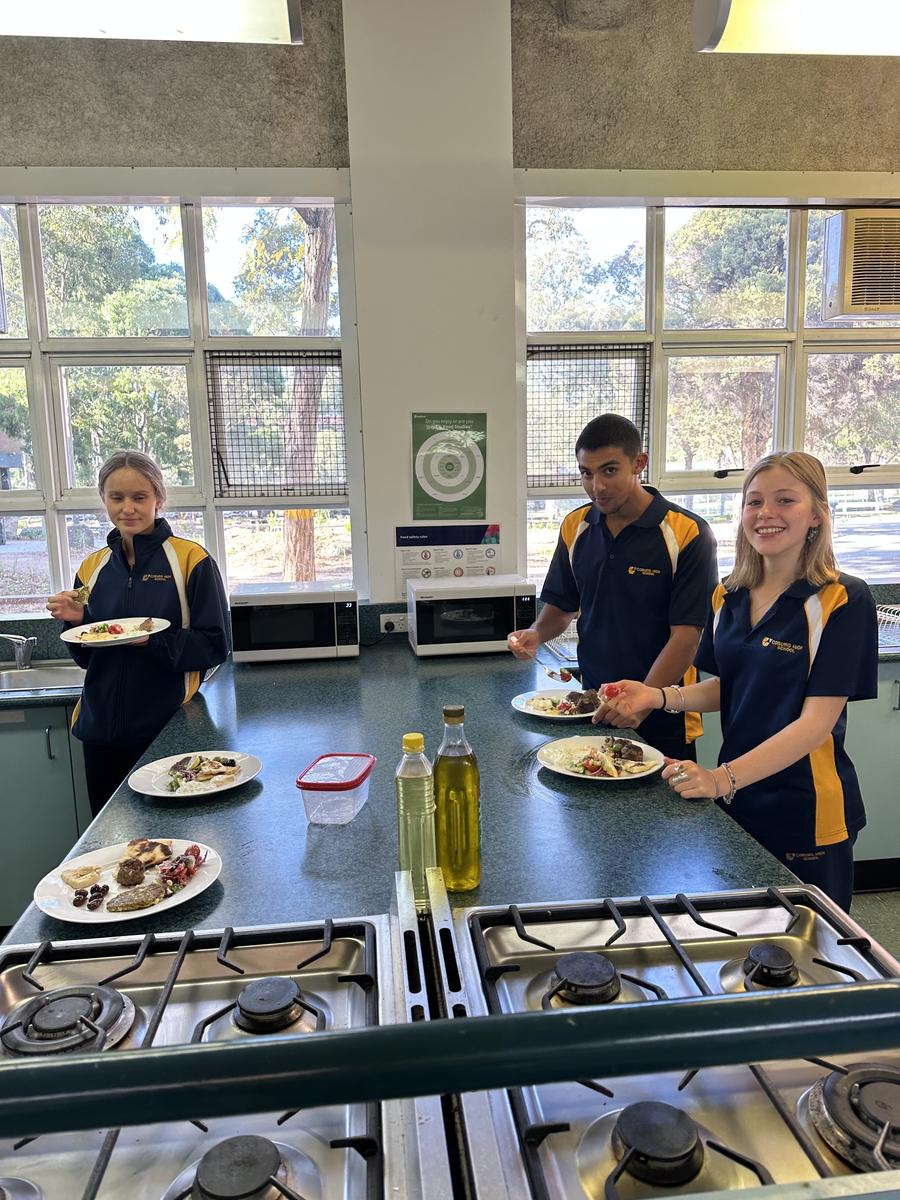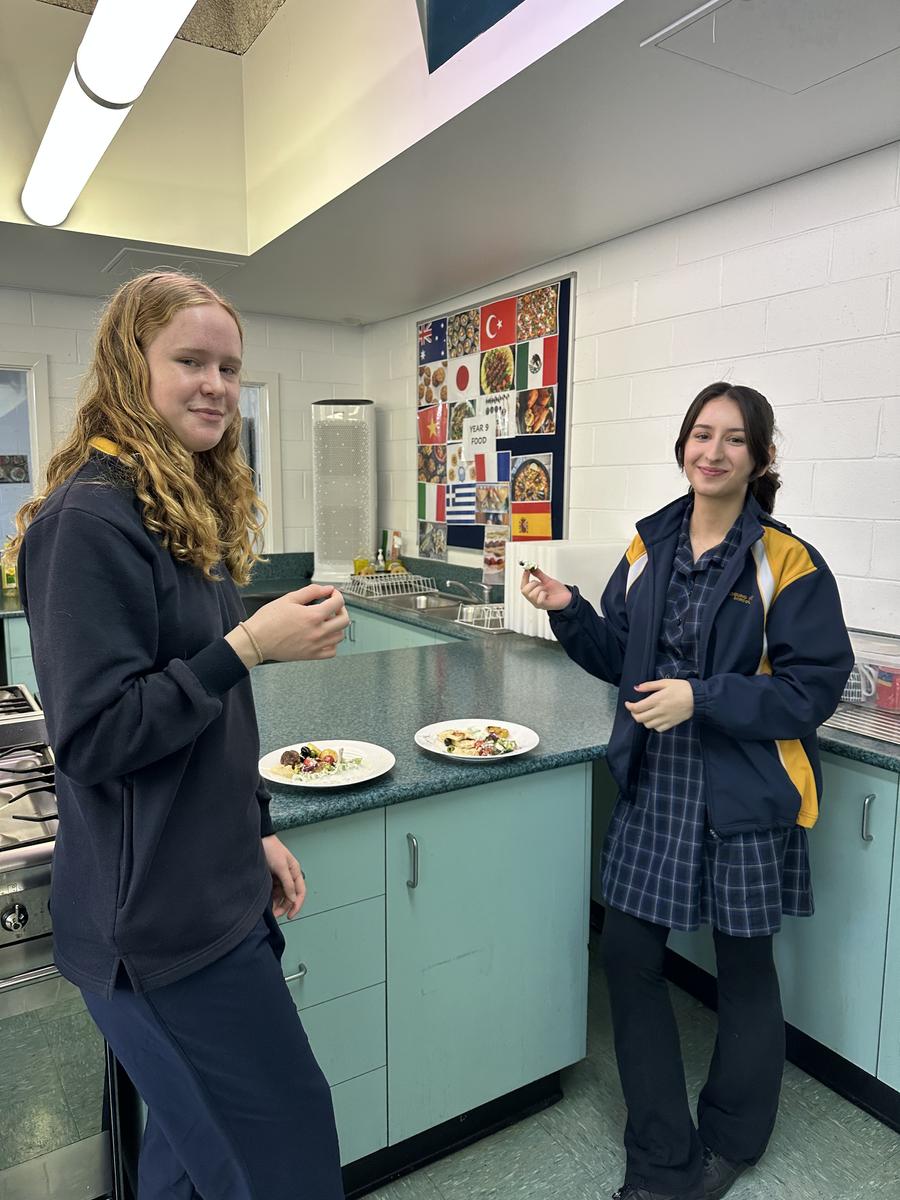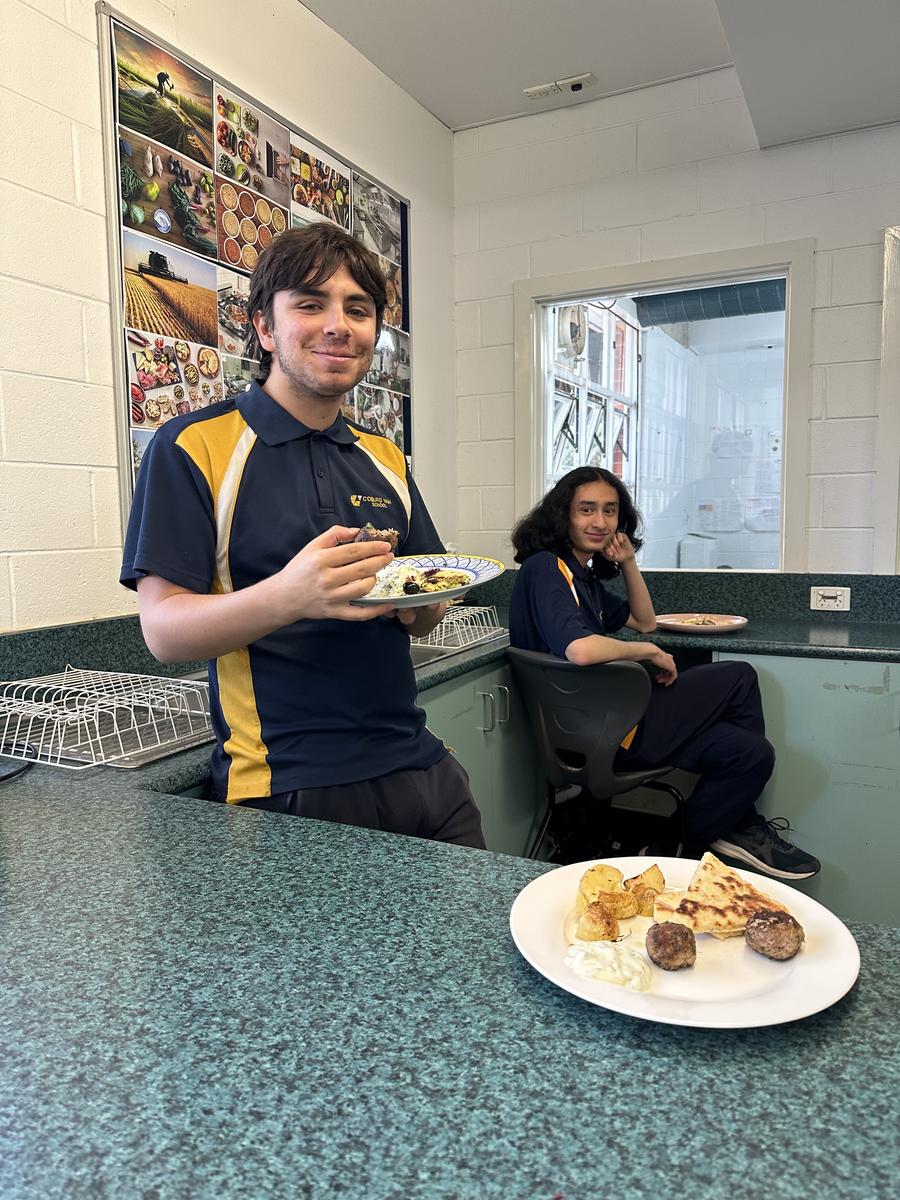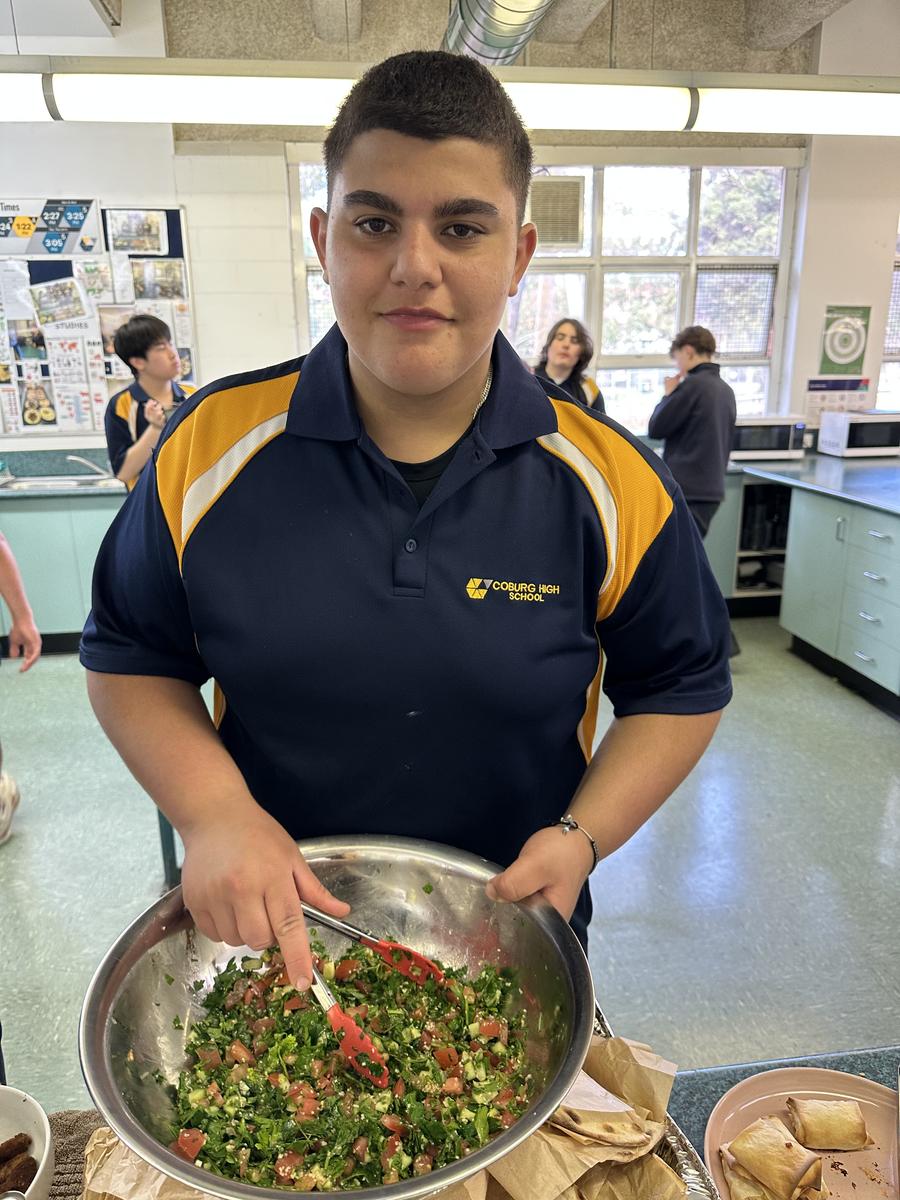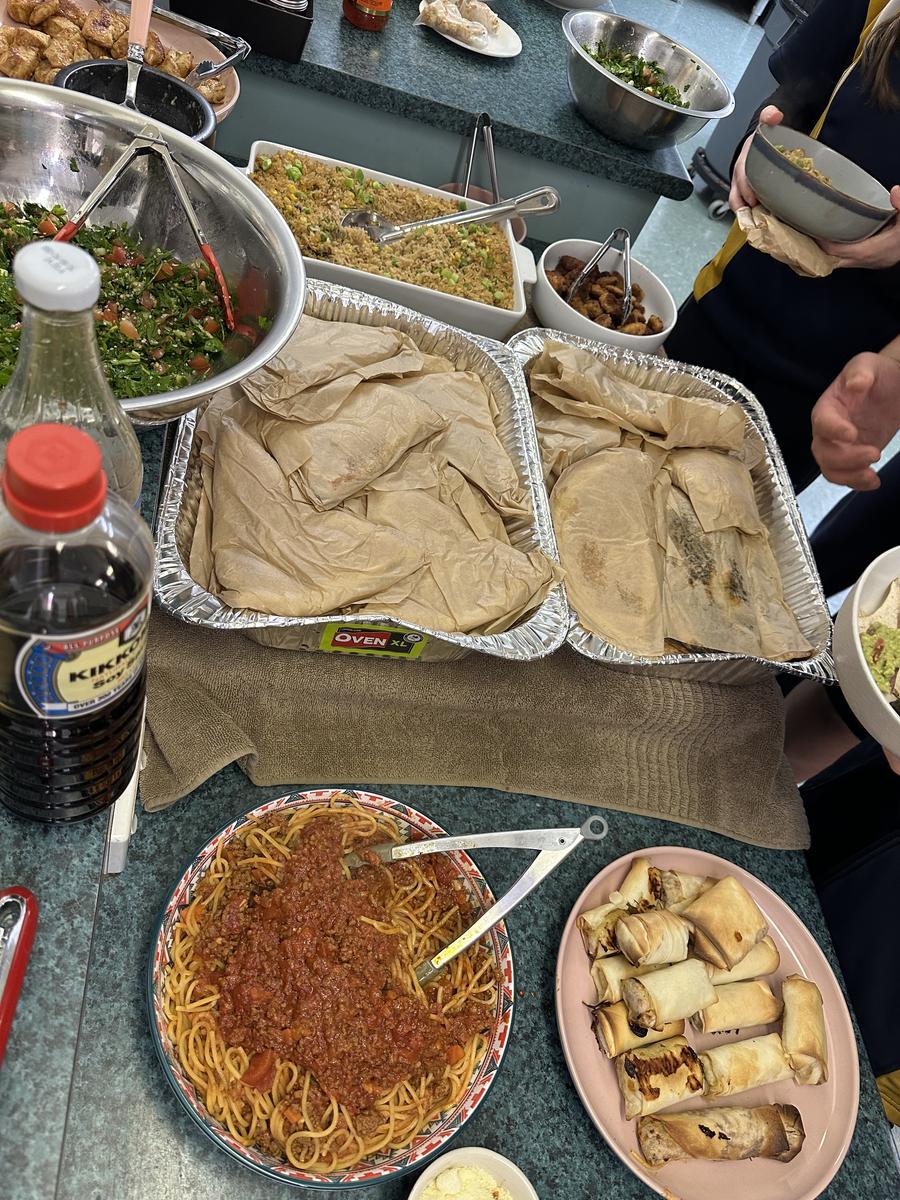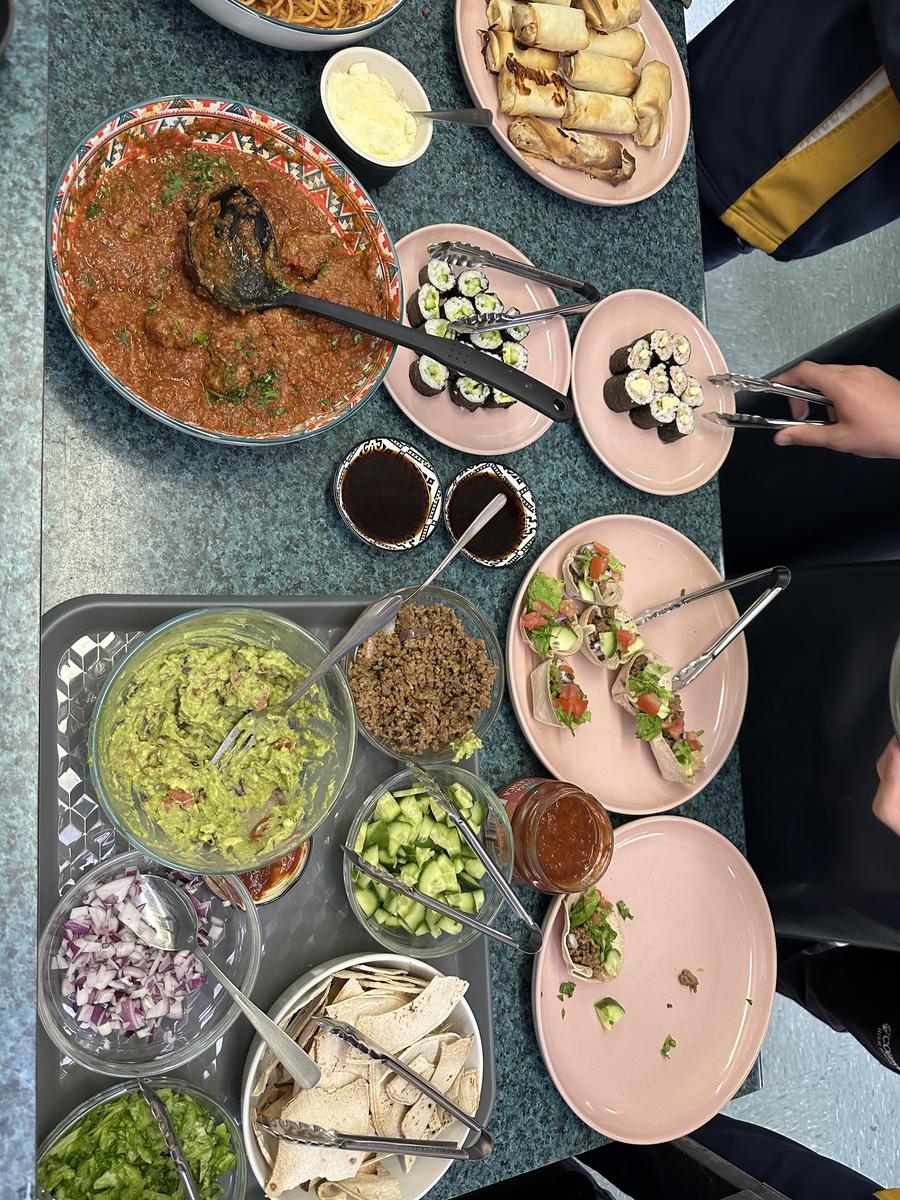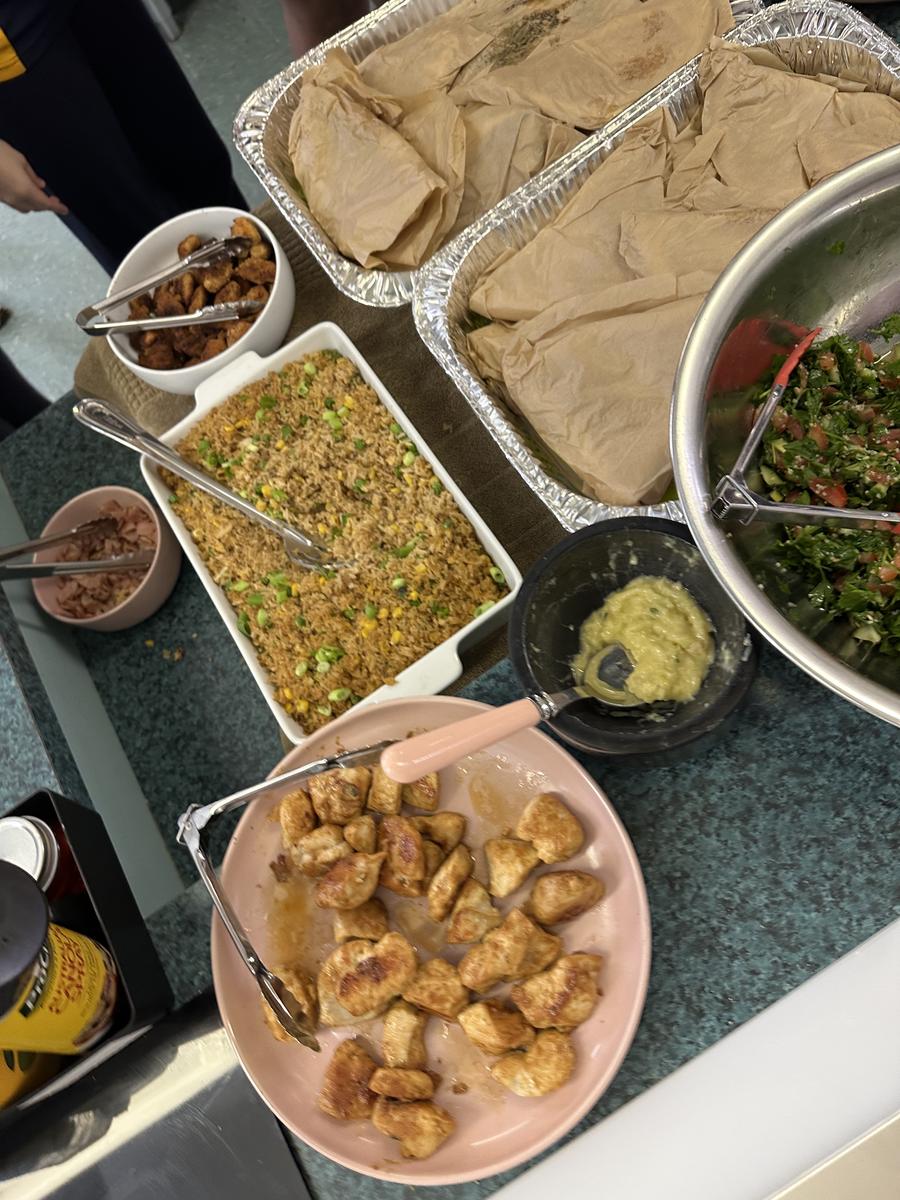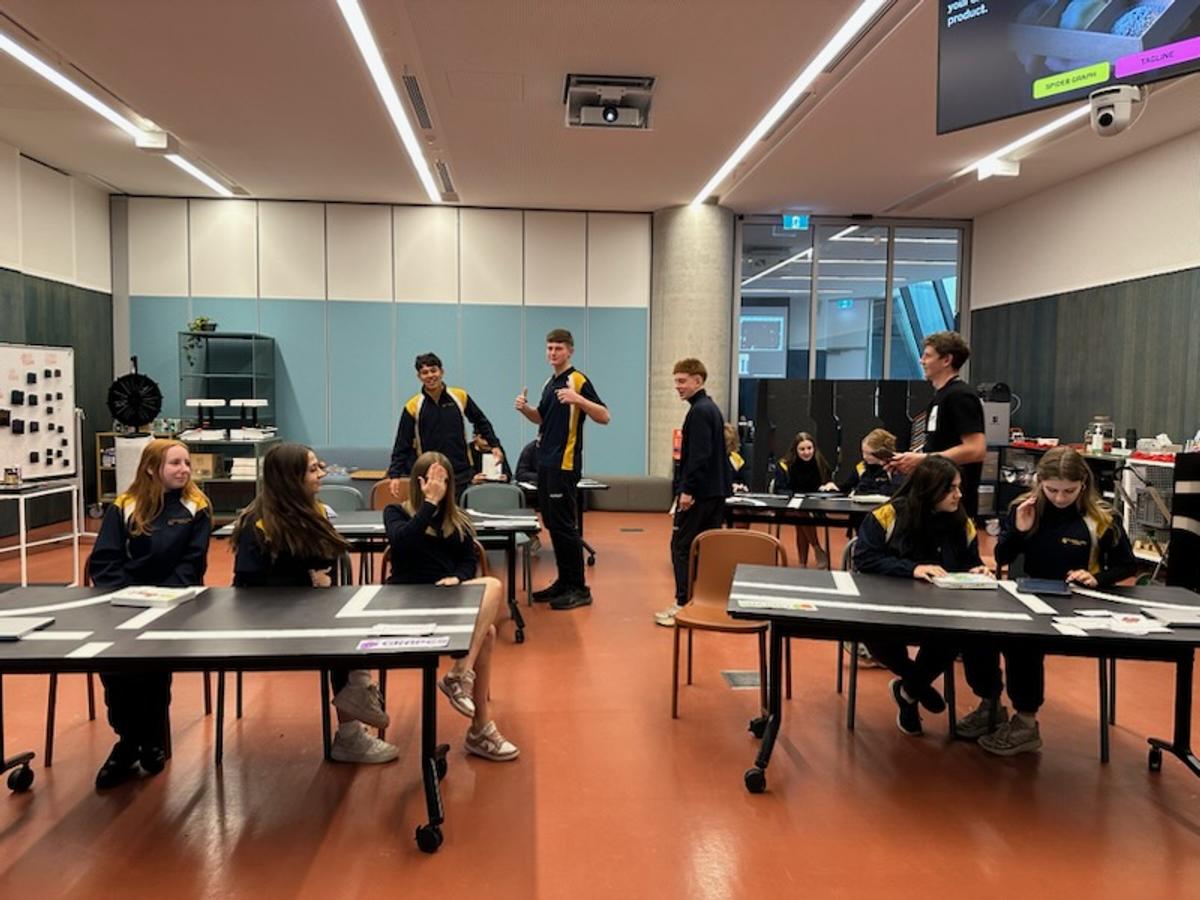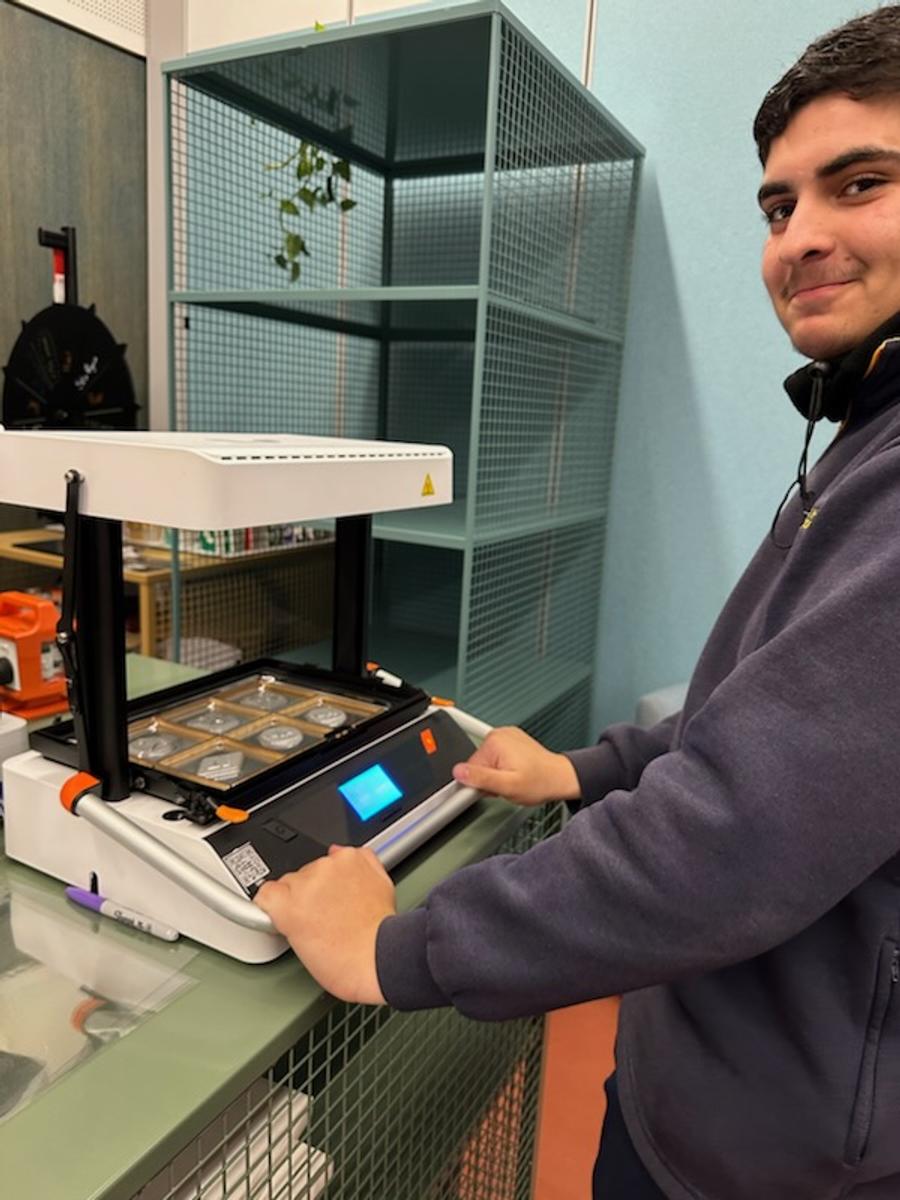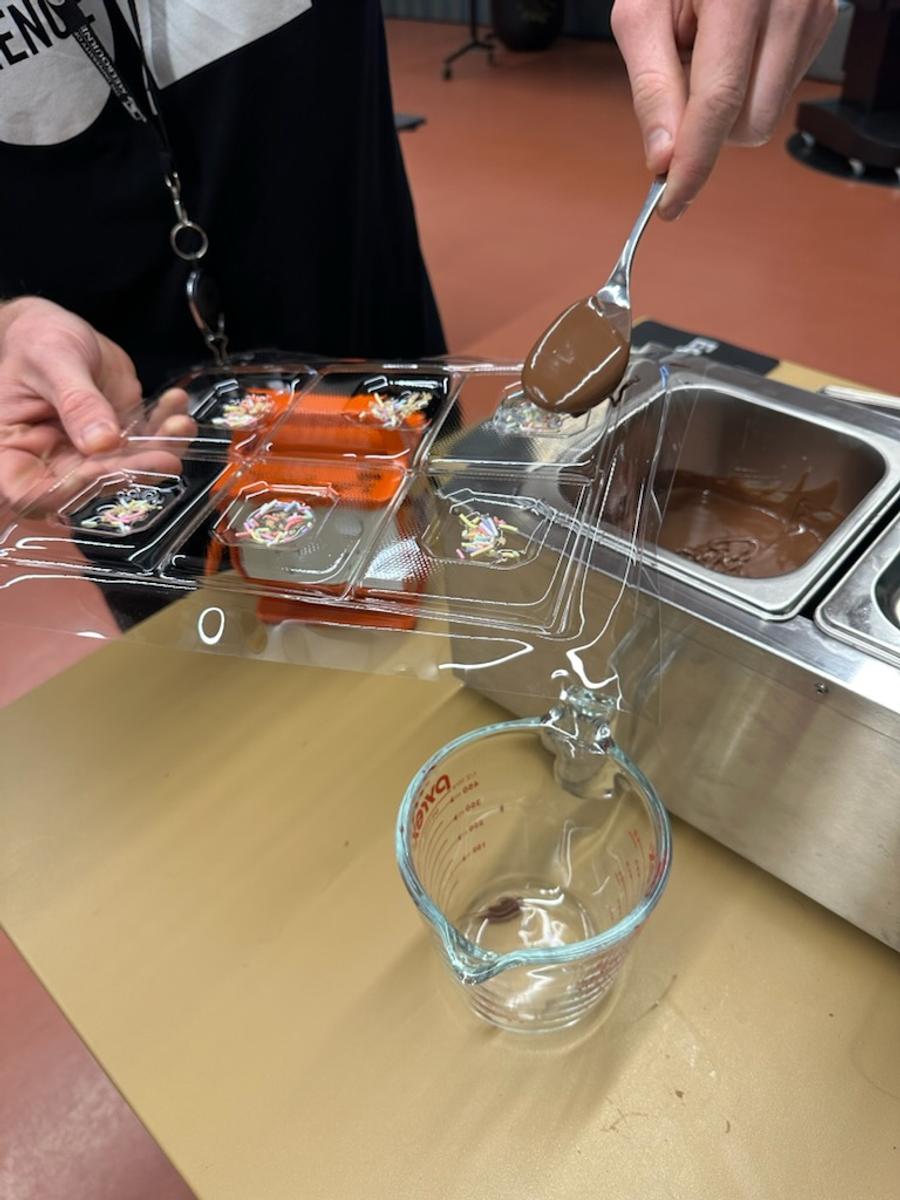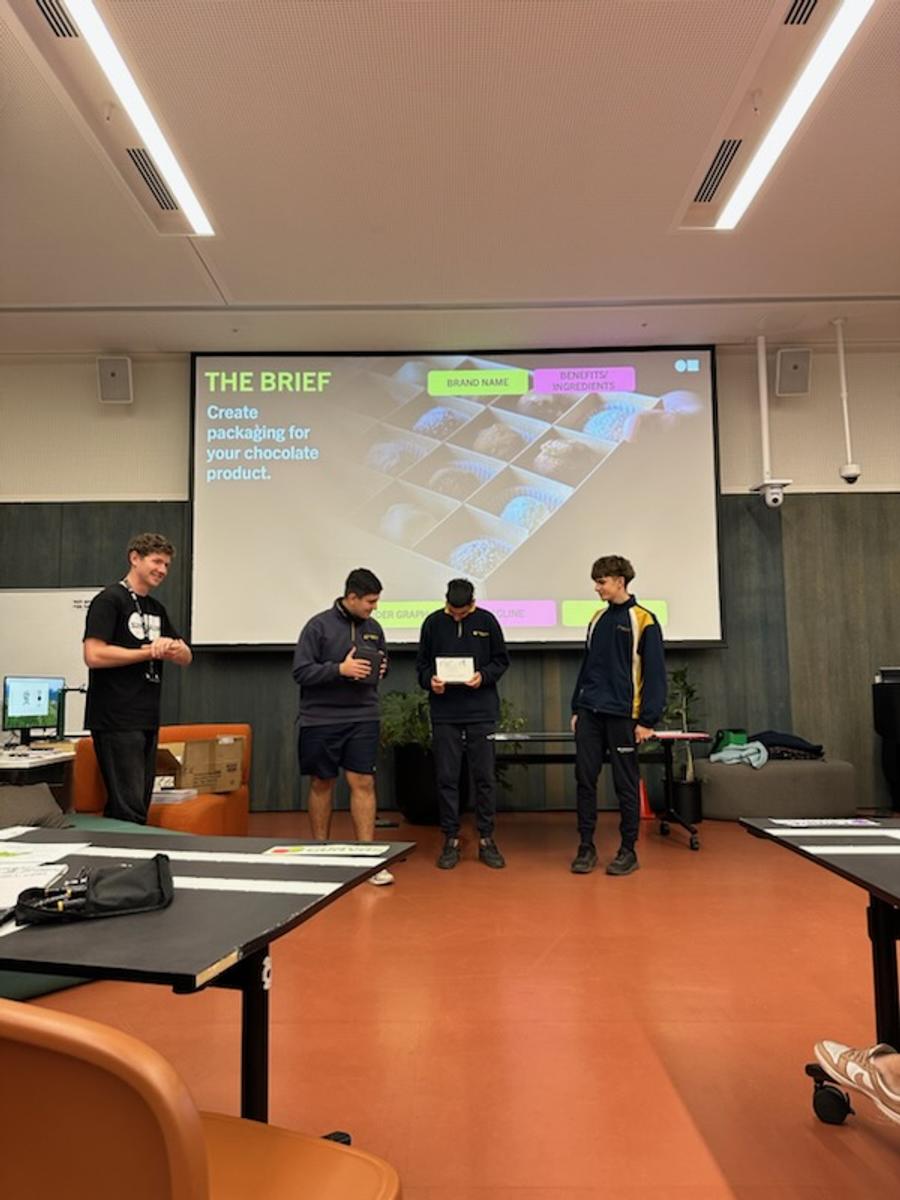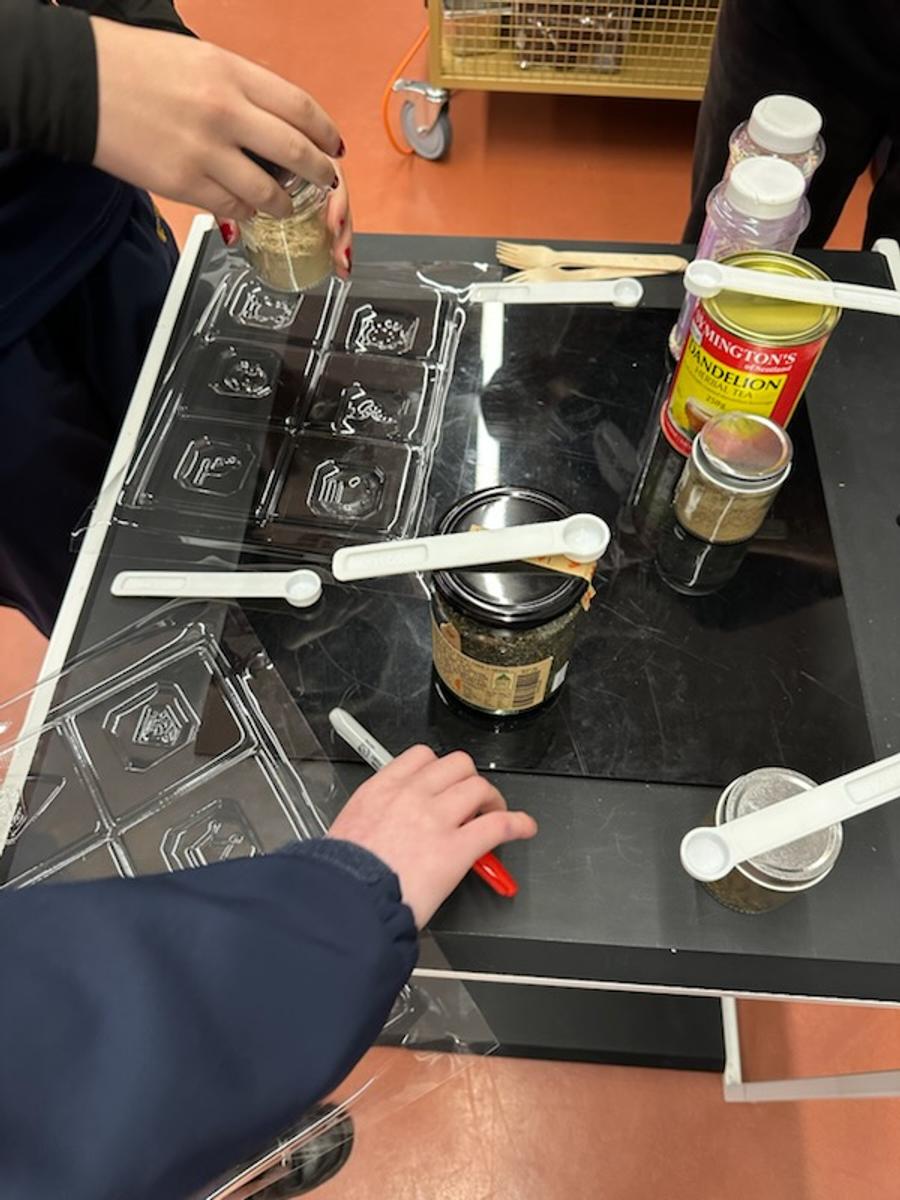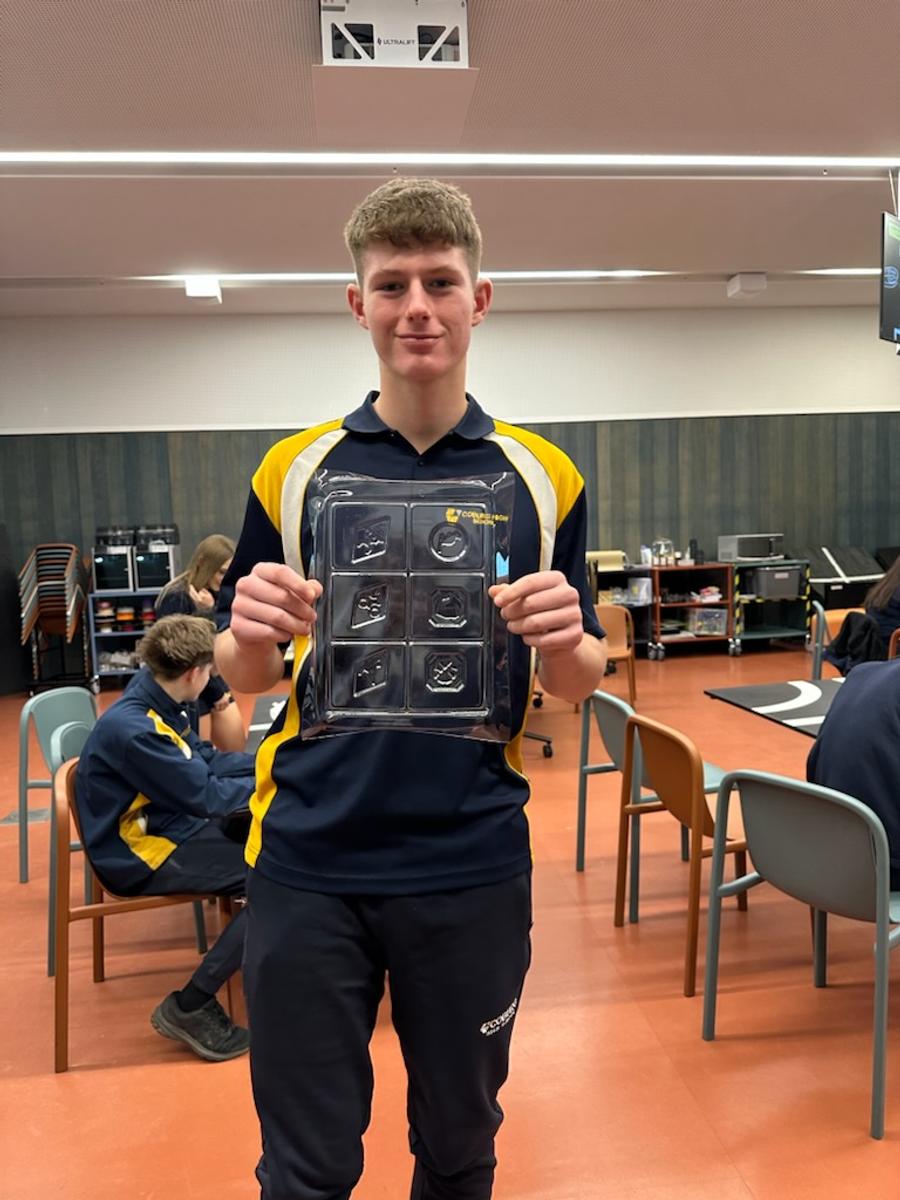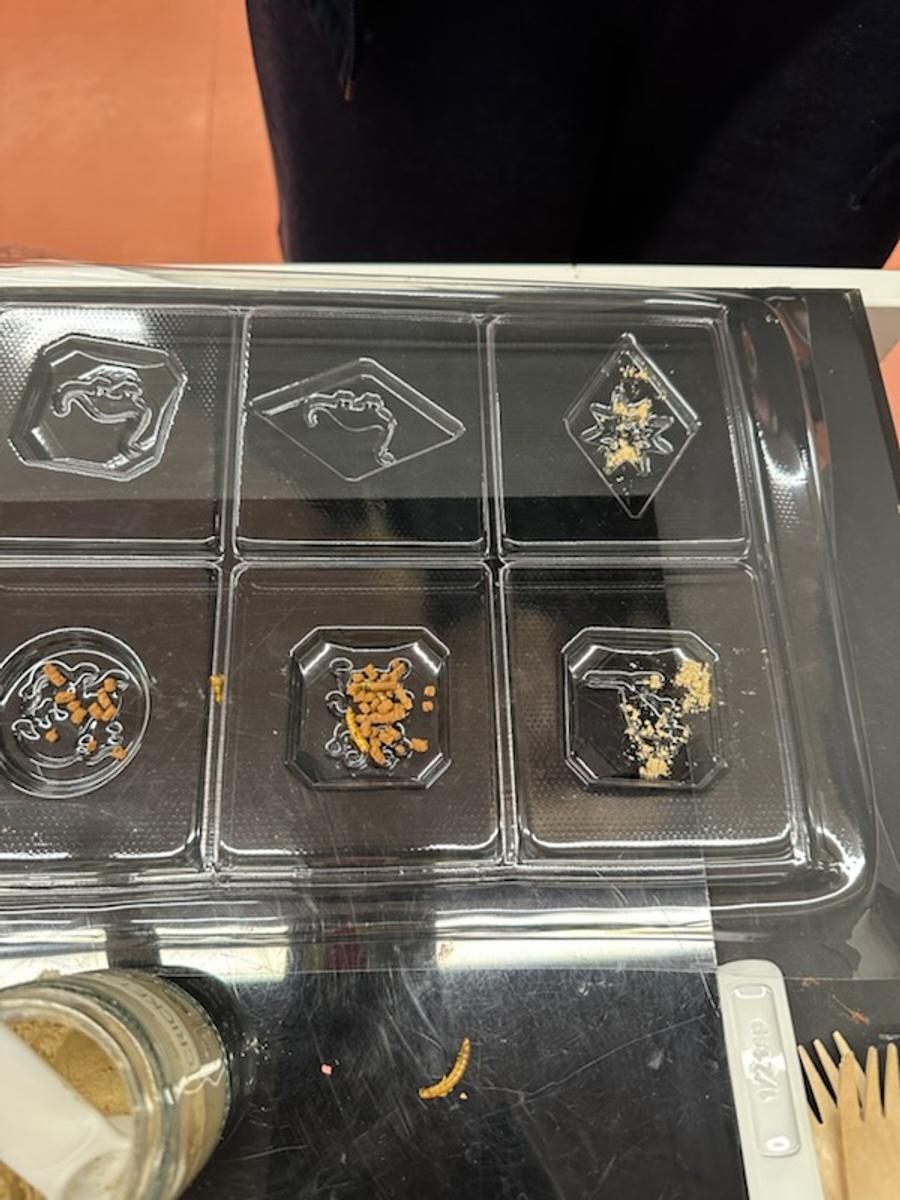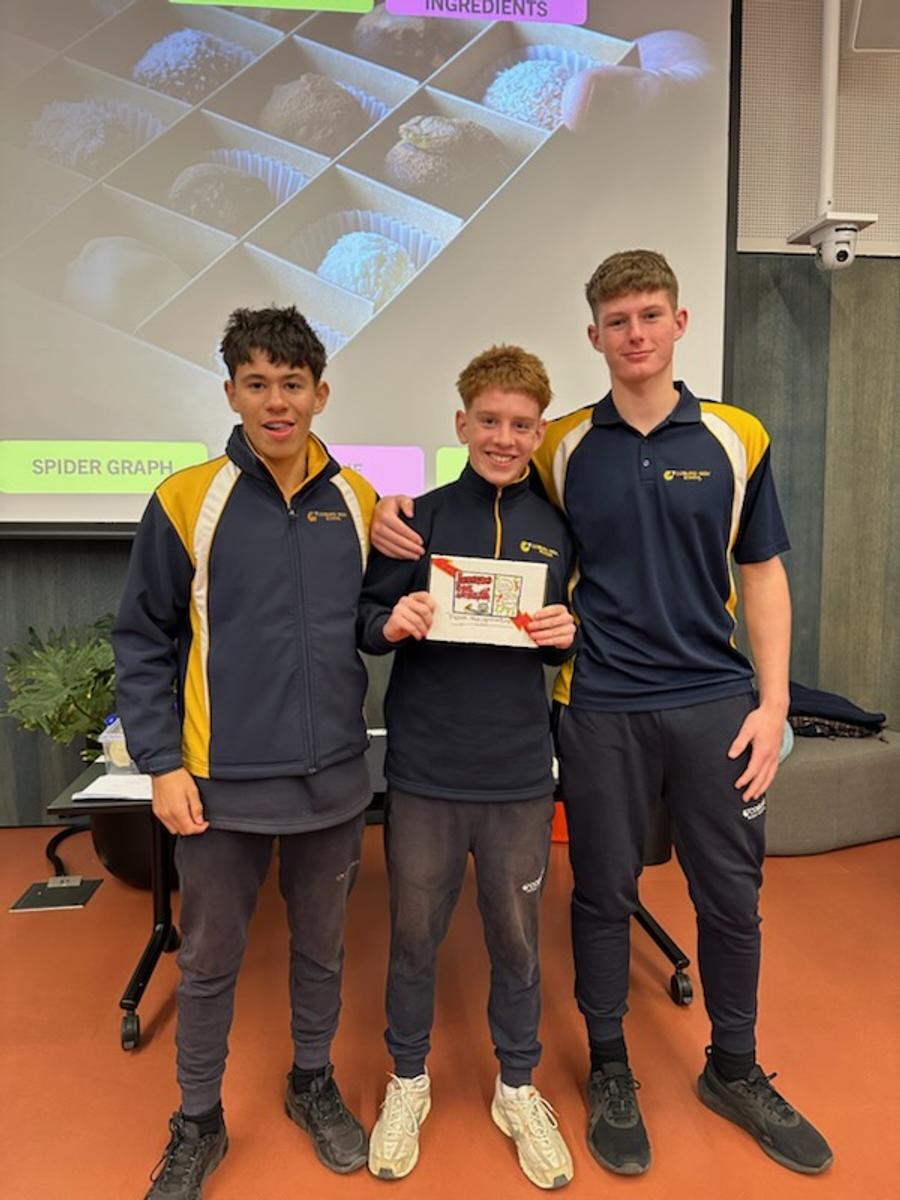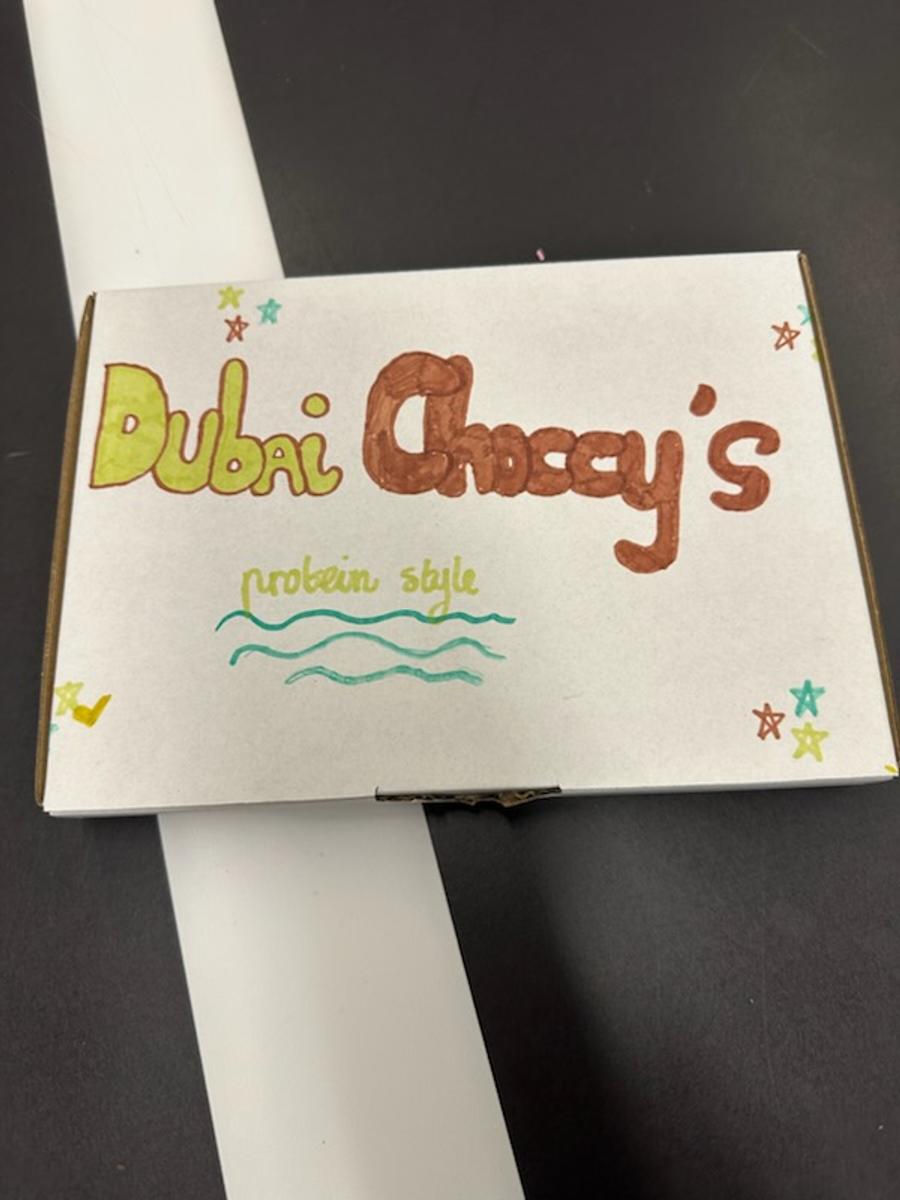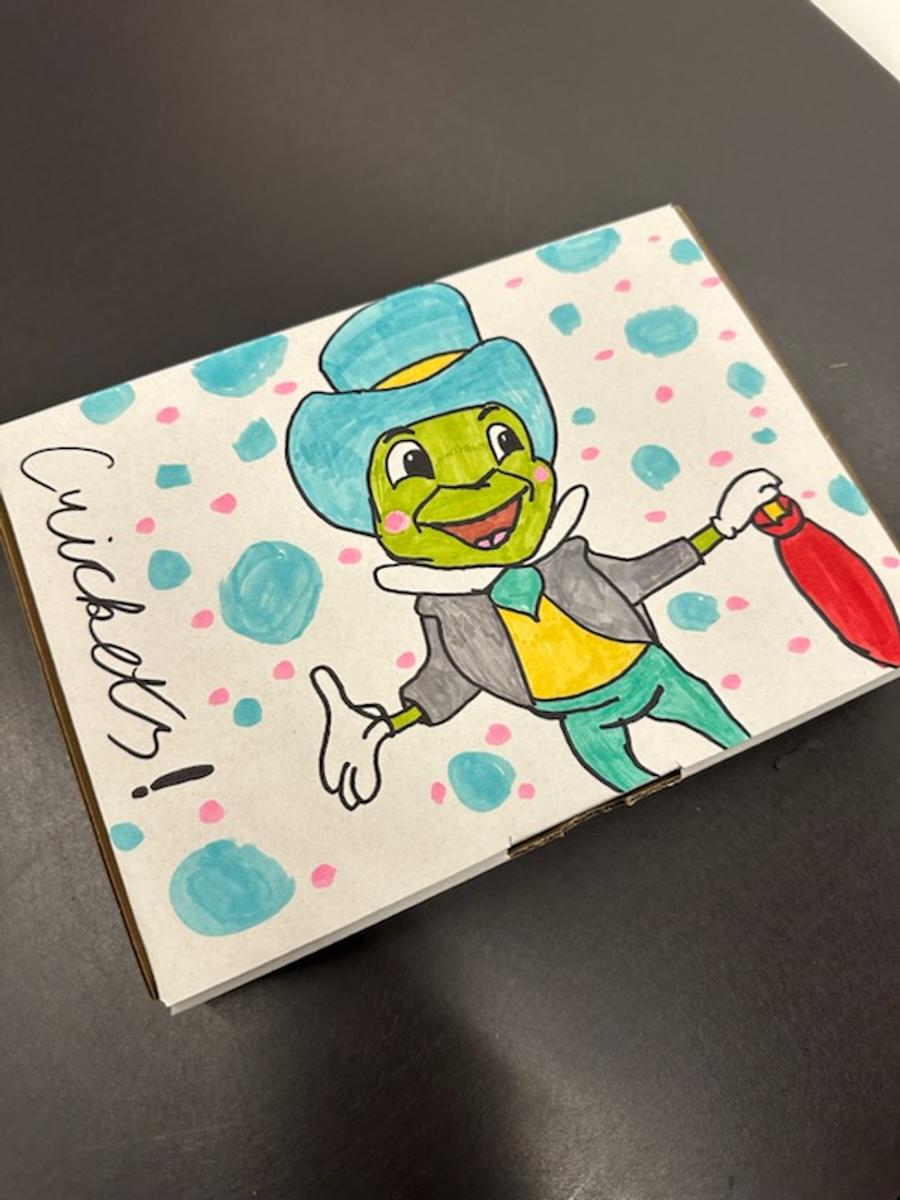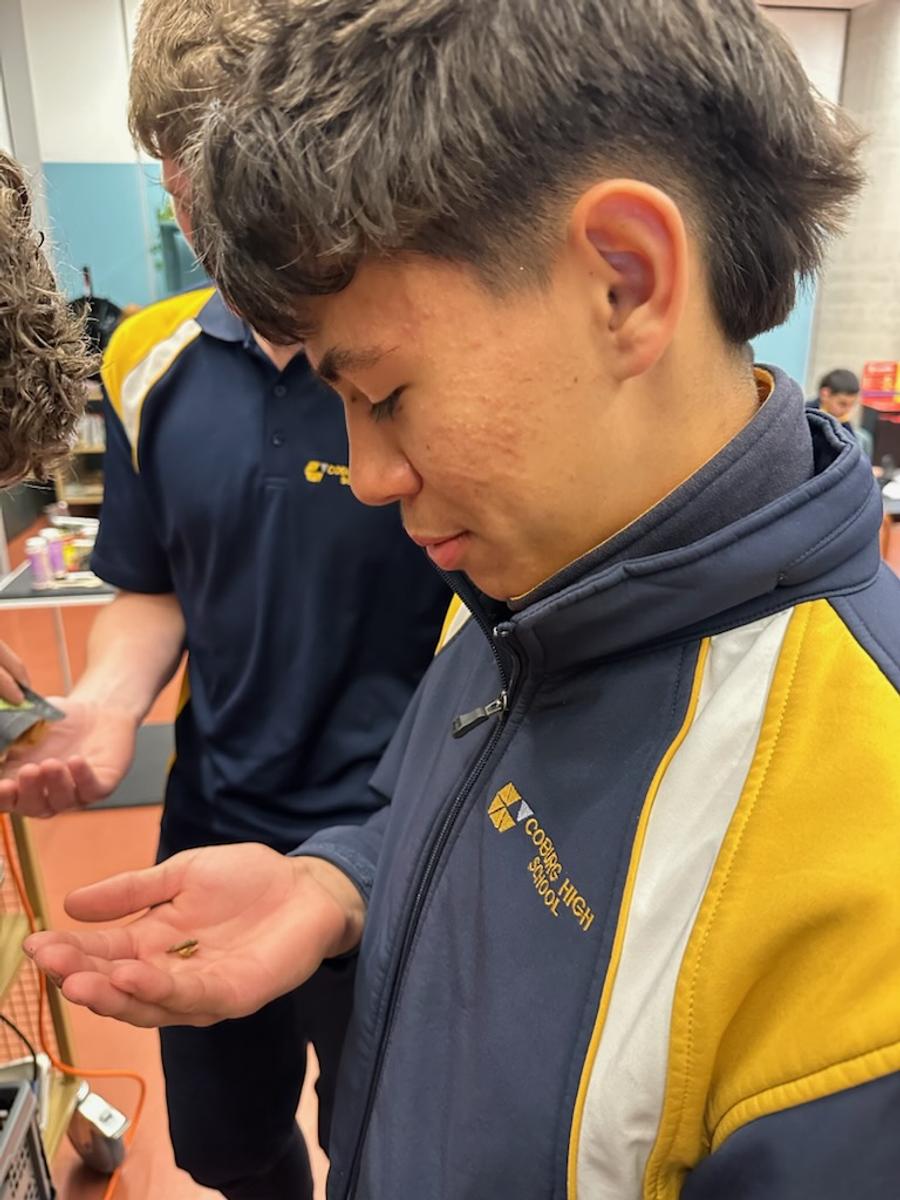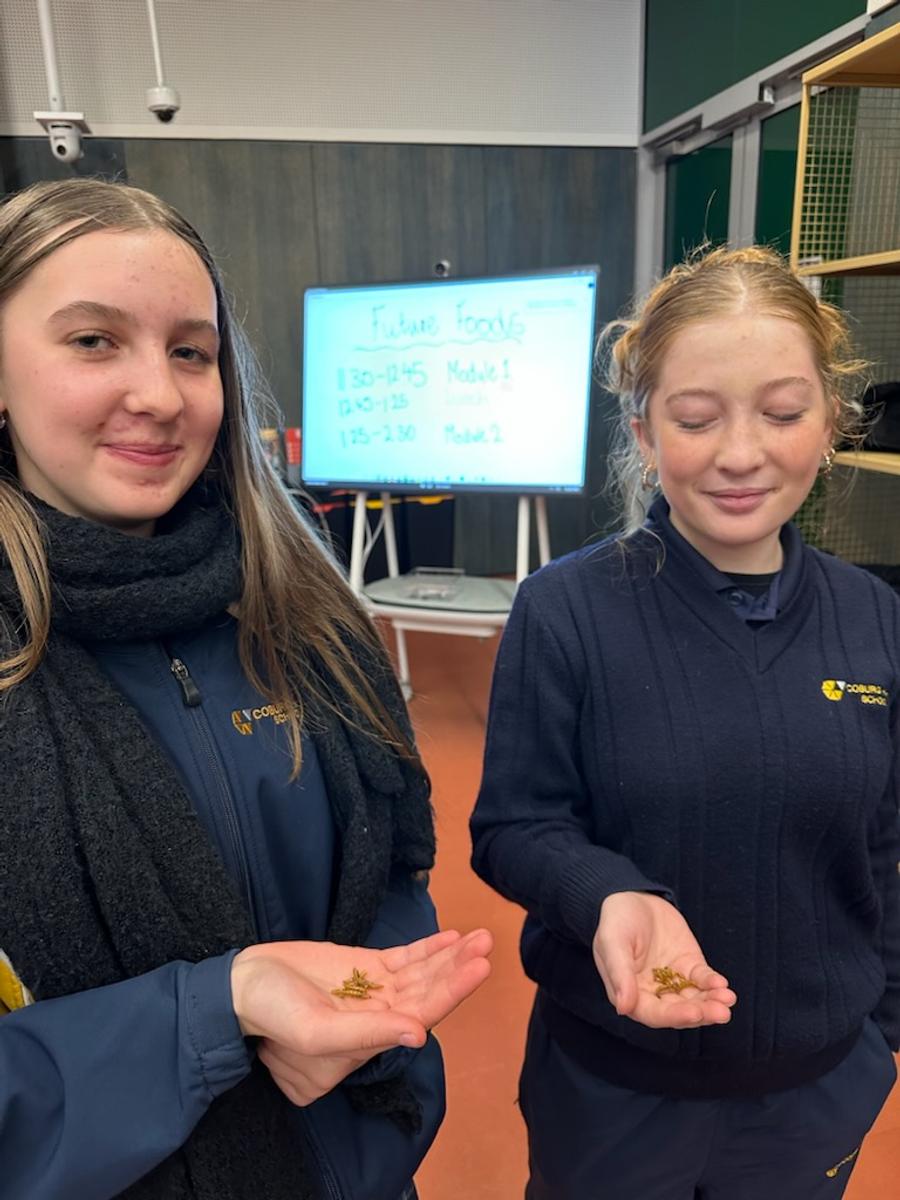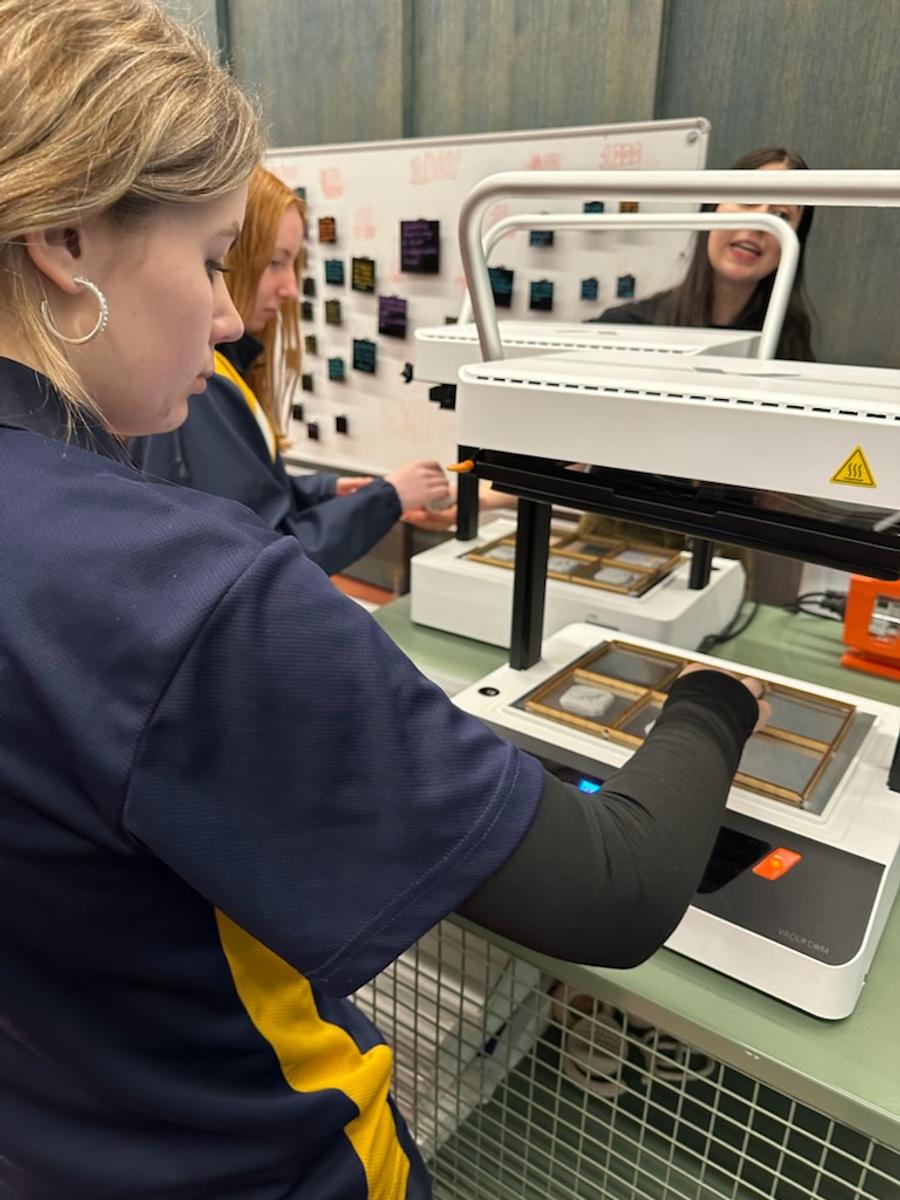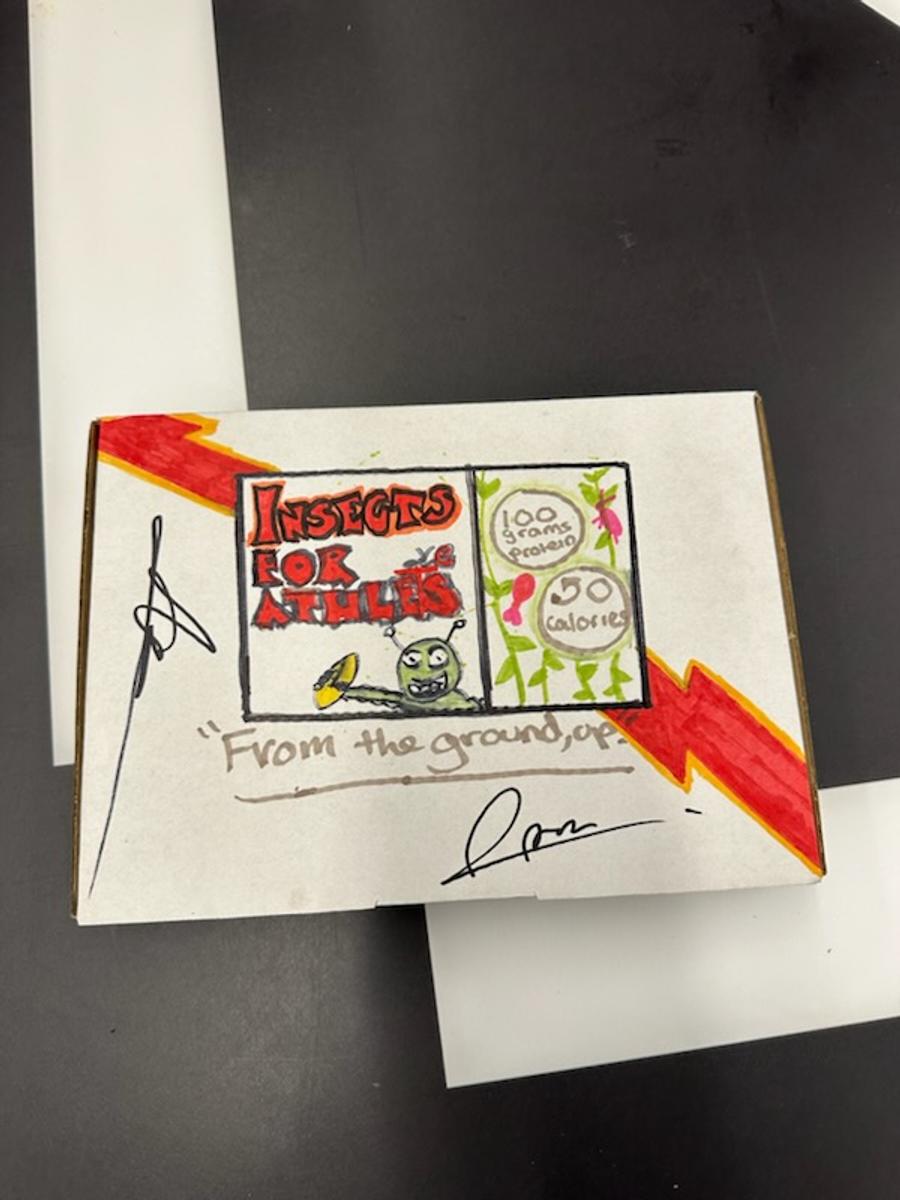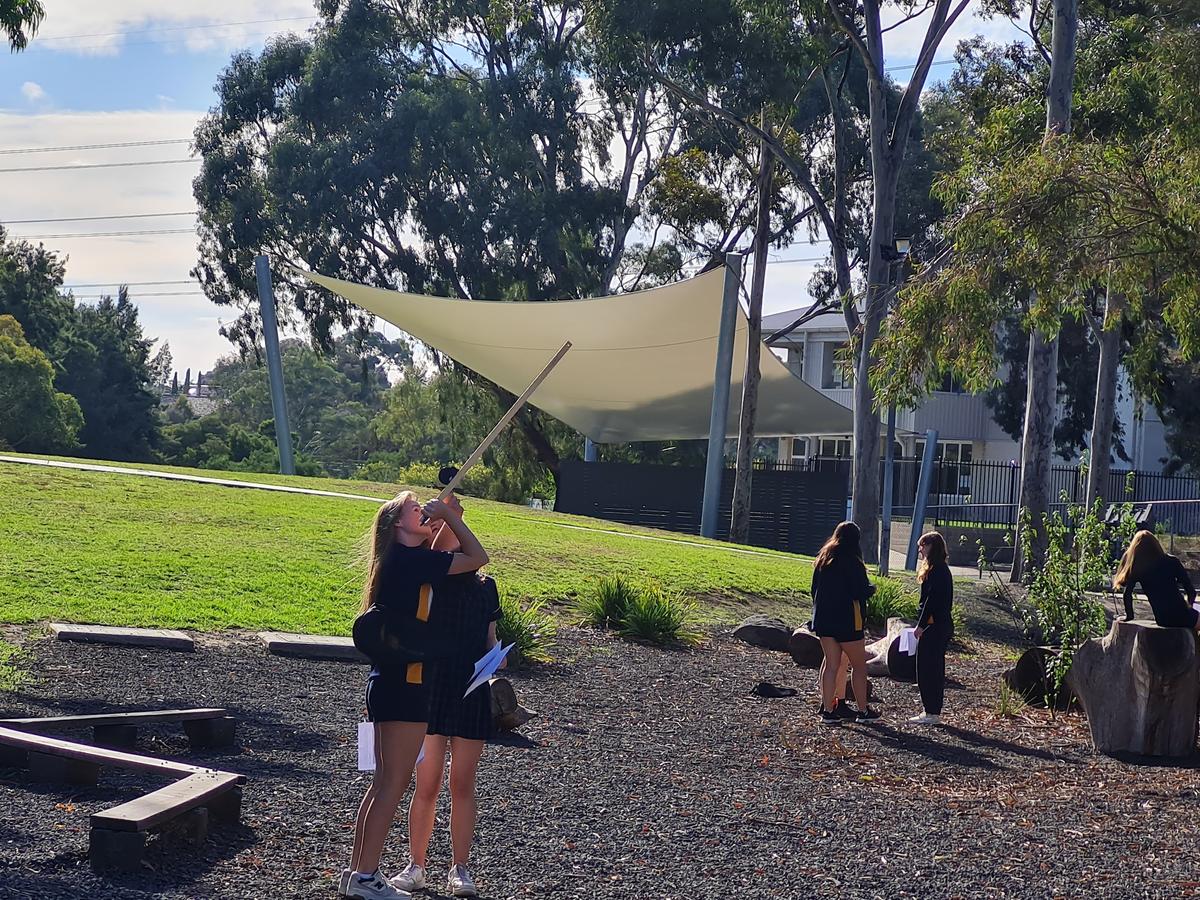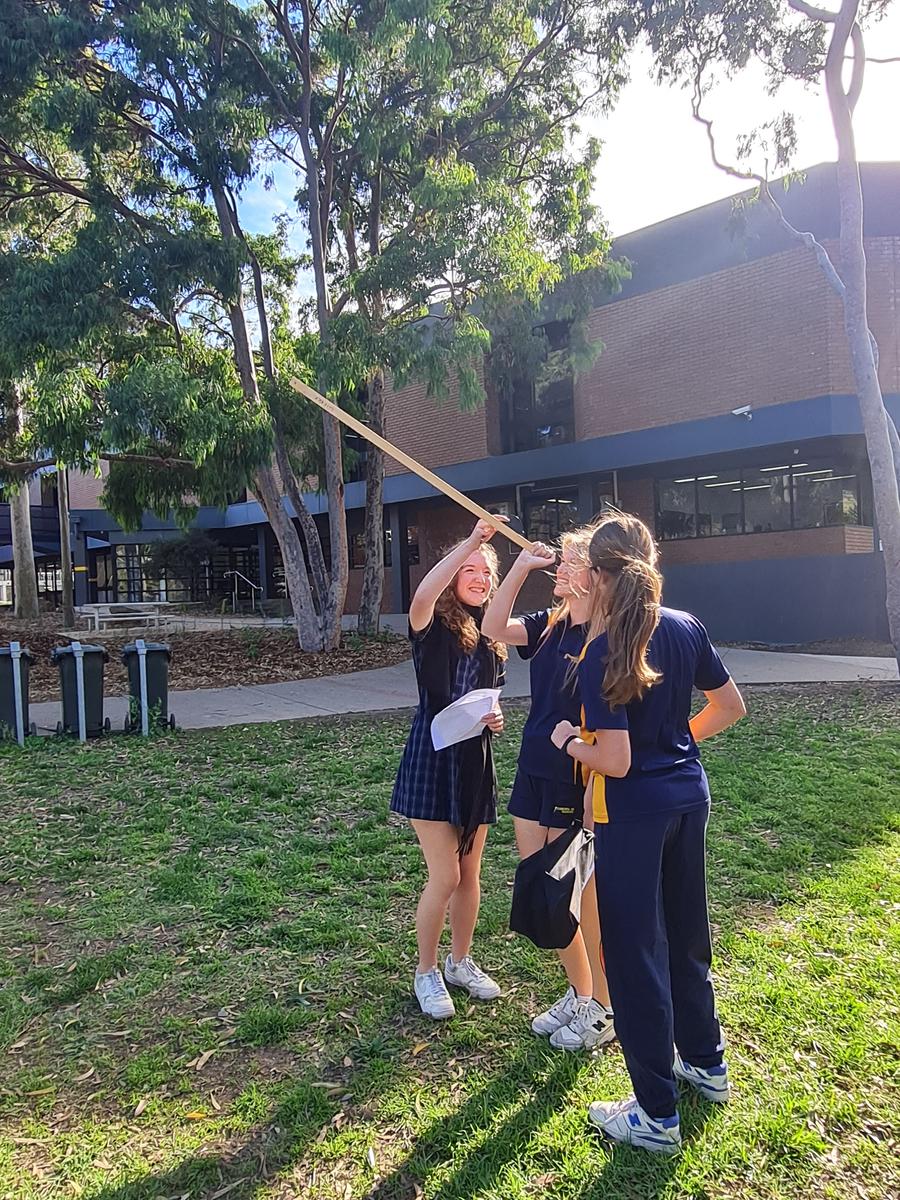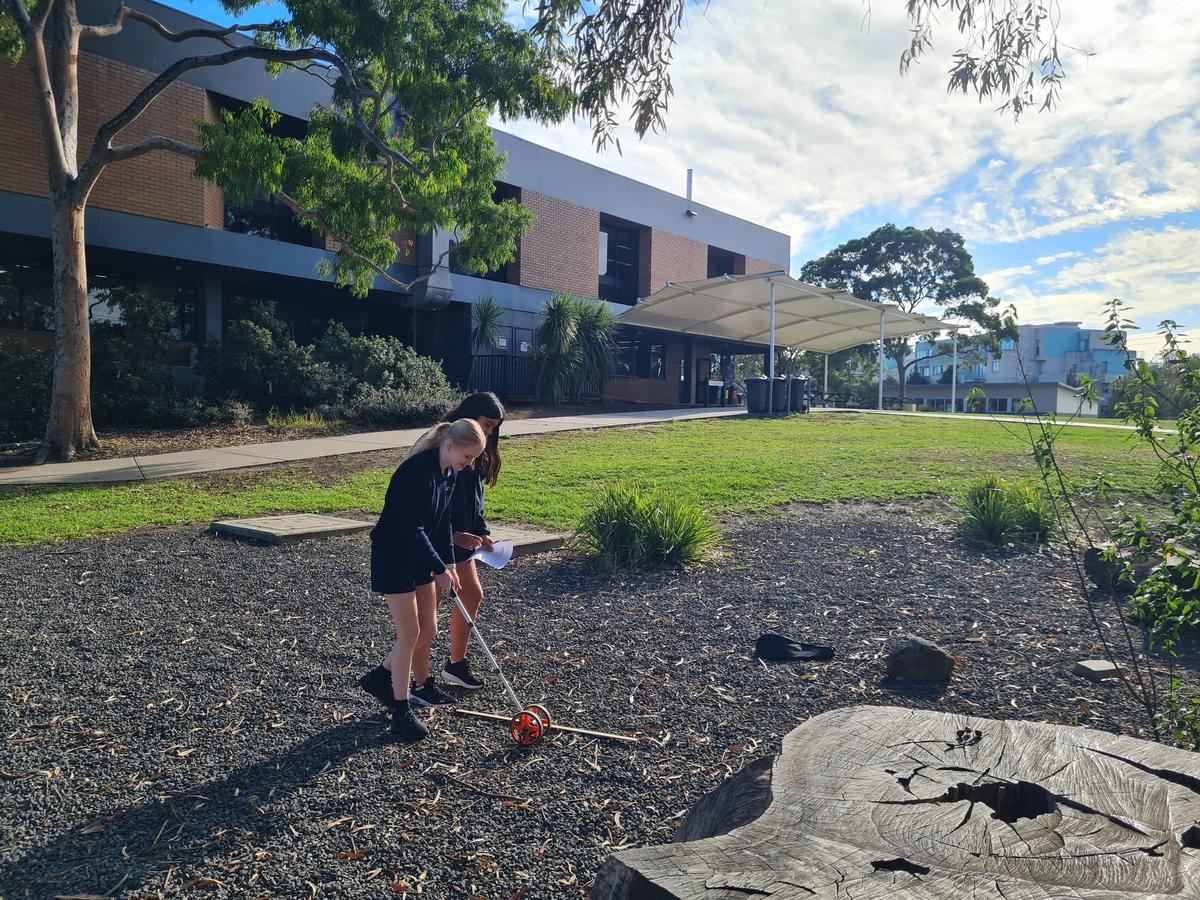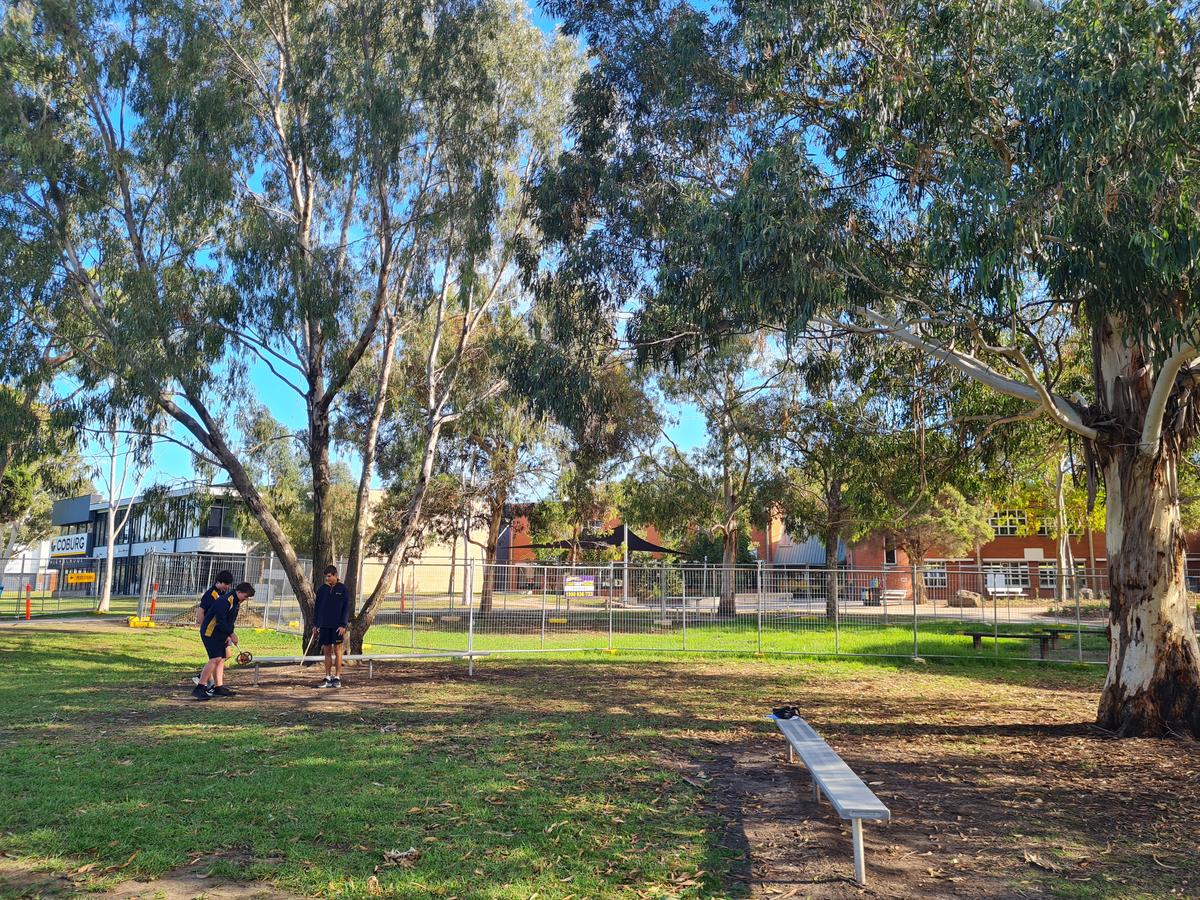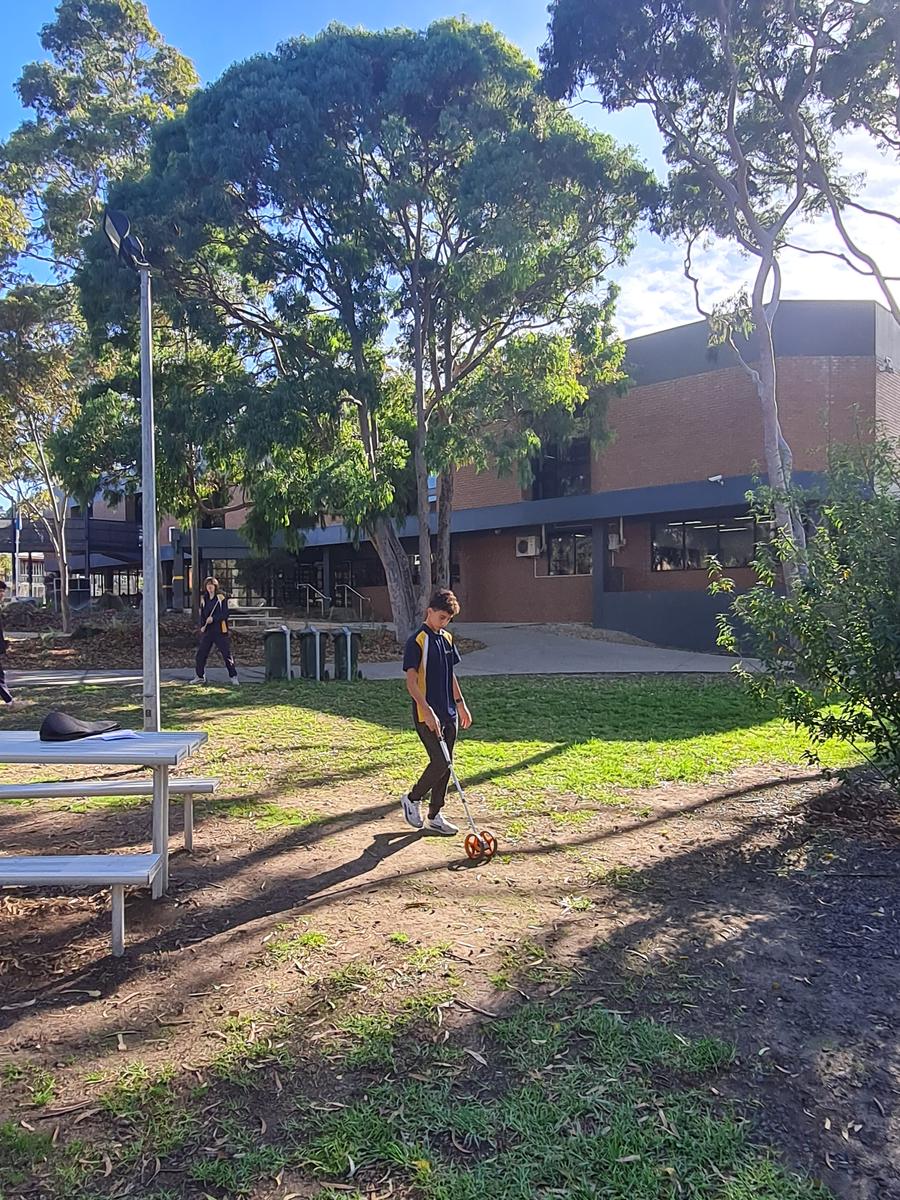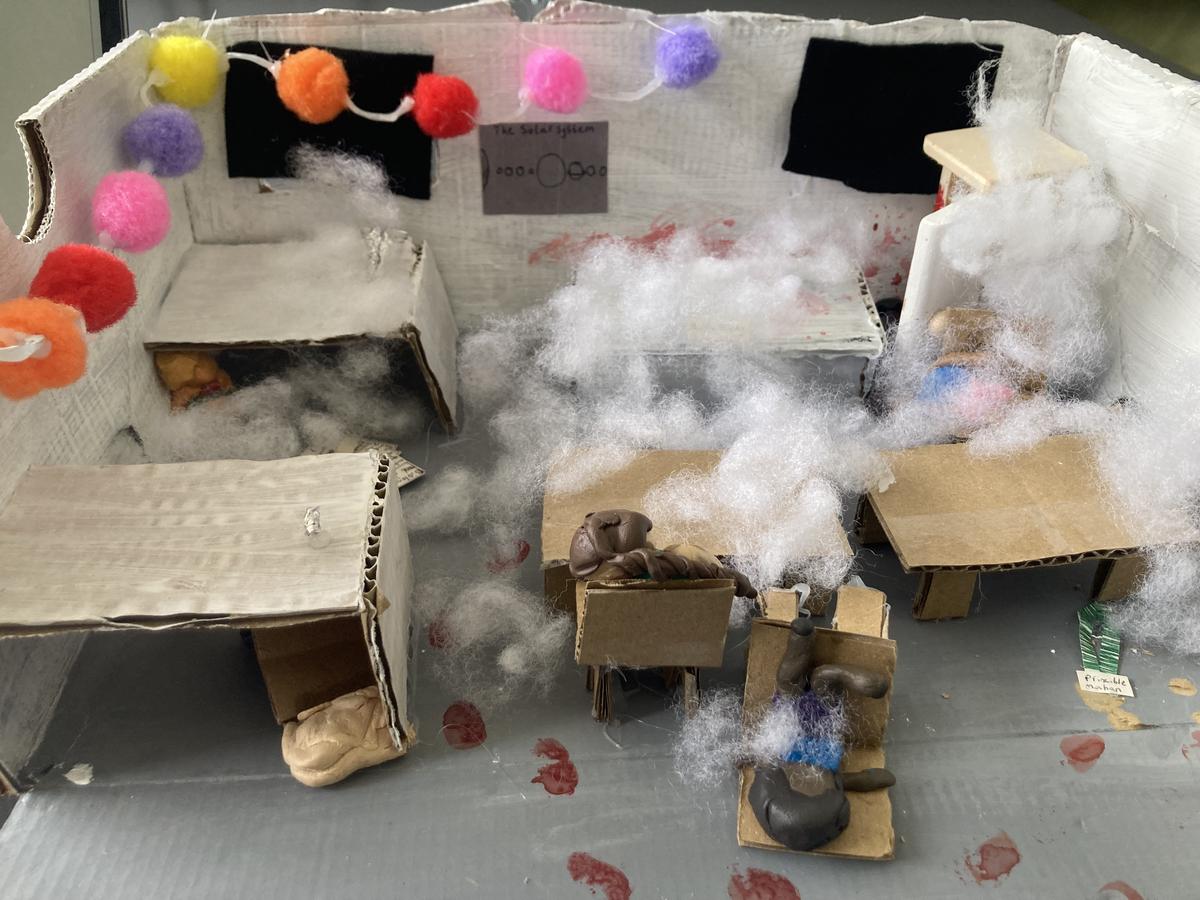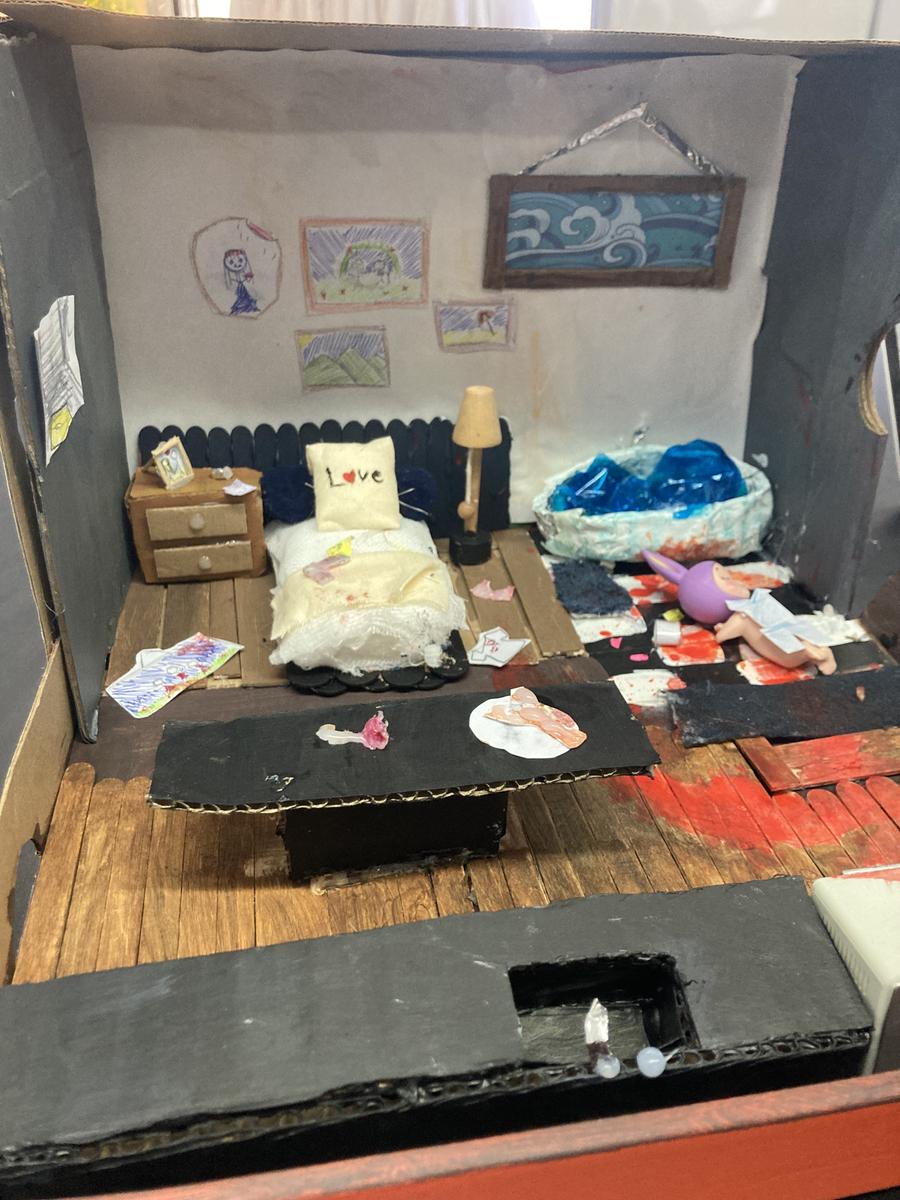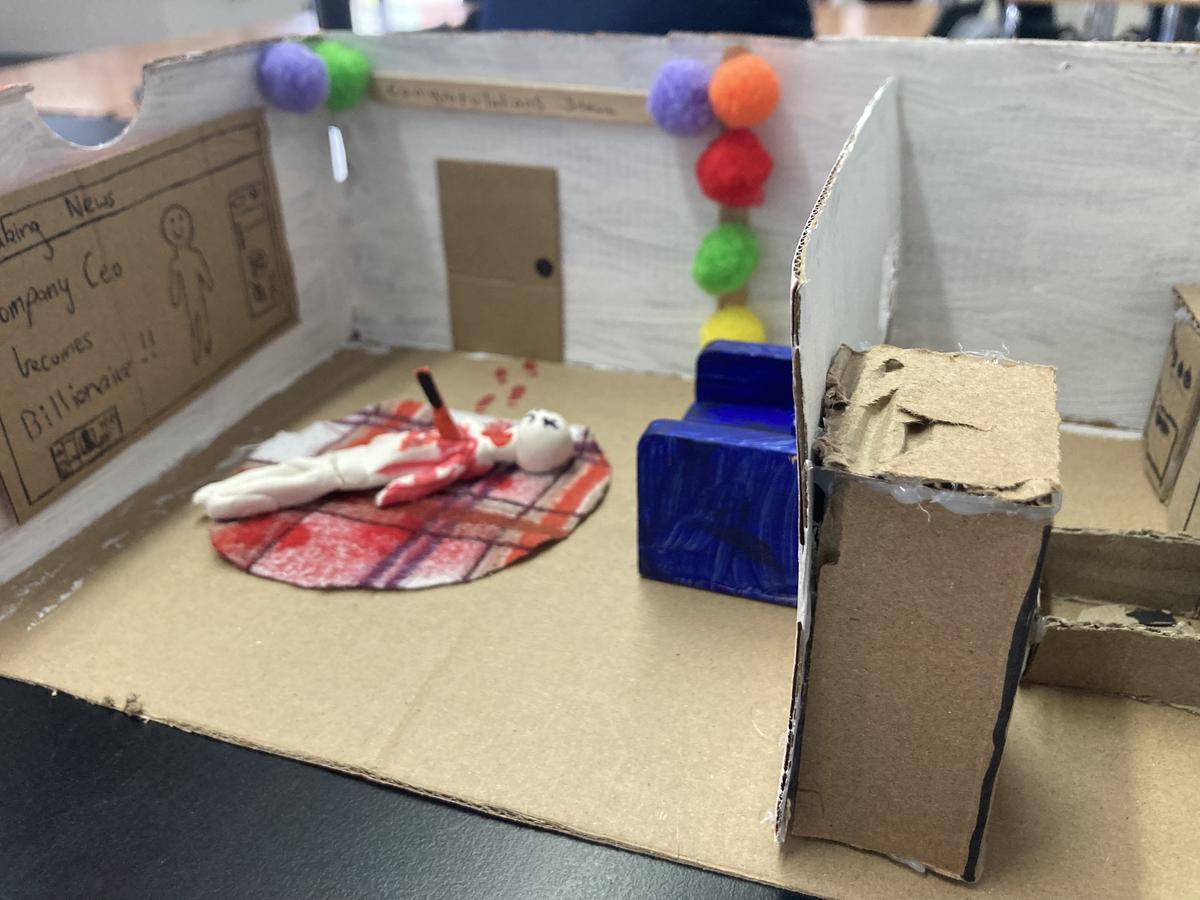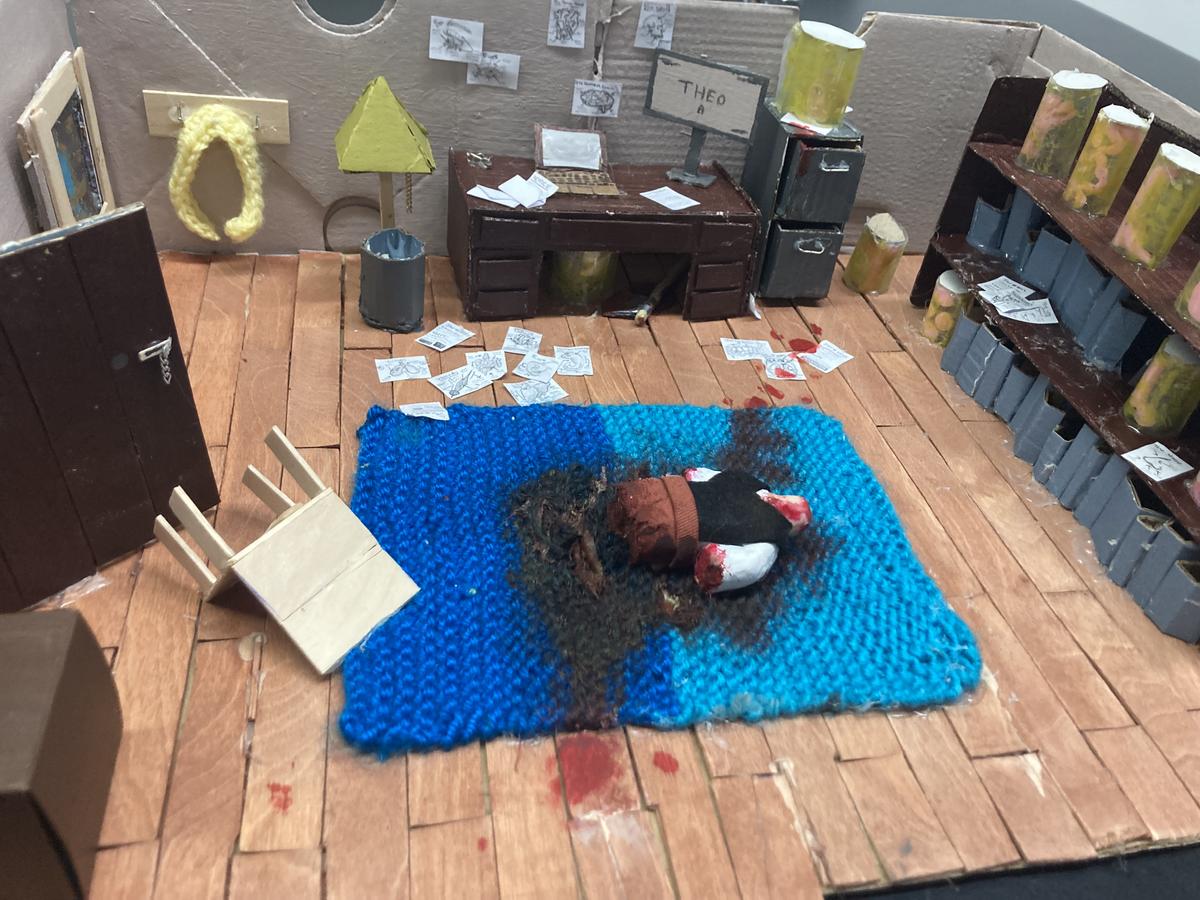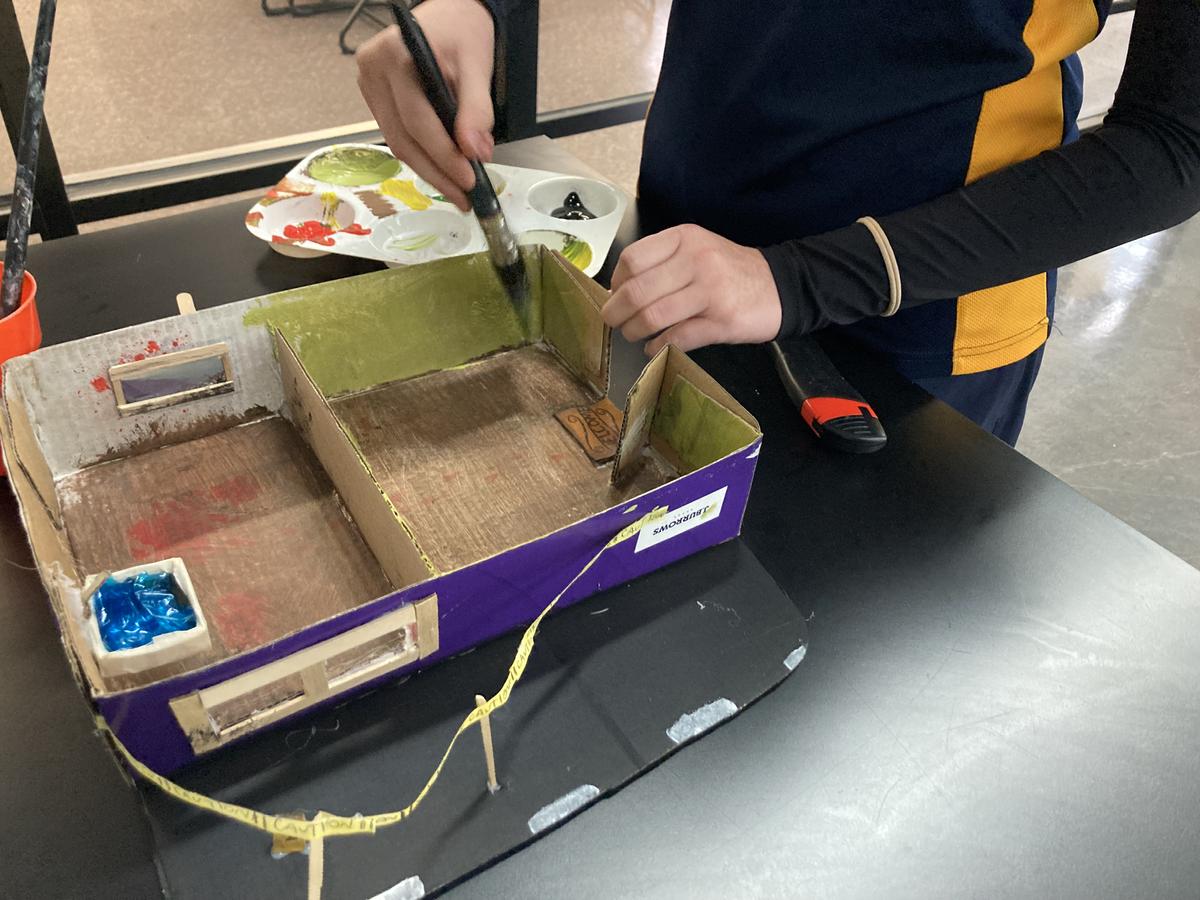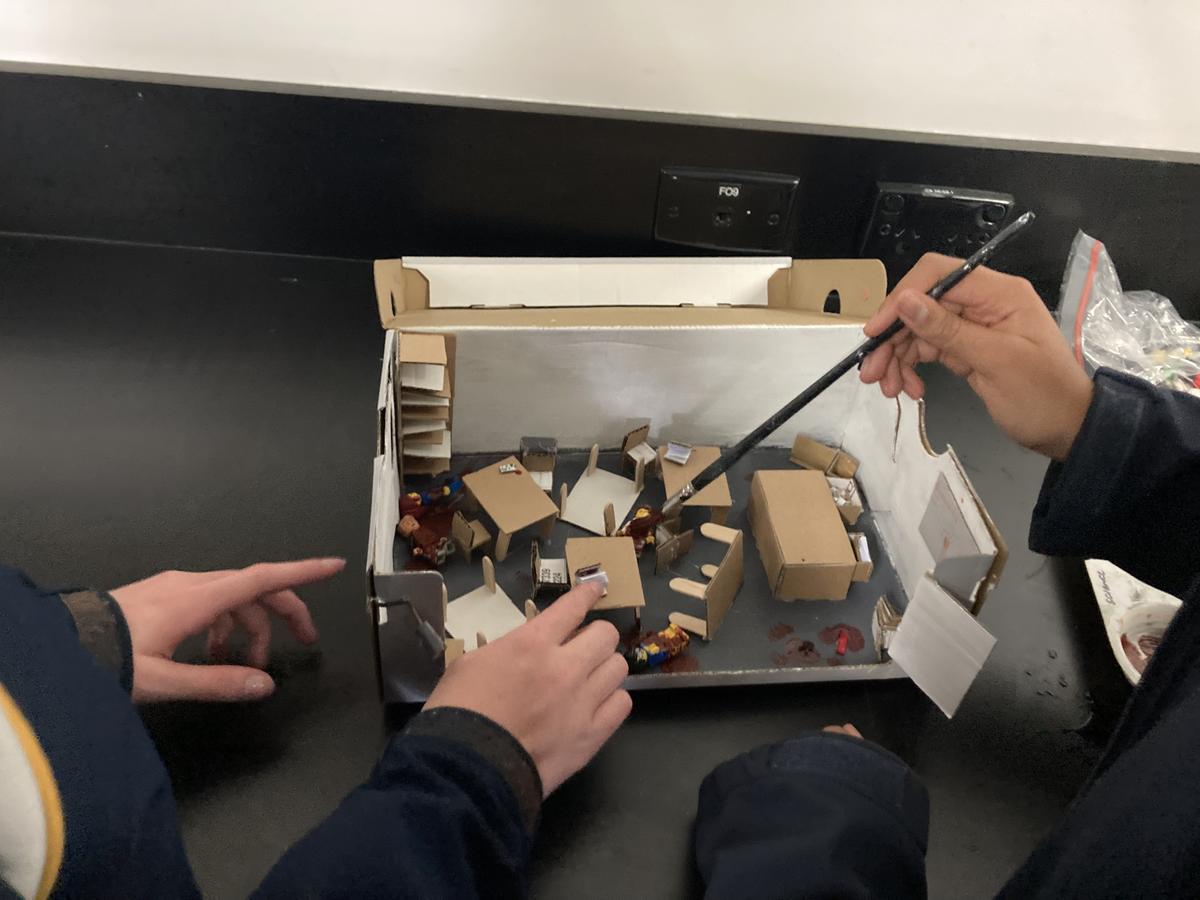Teaching & Learning
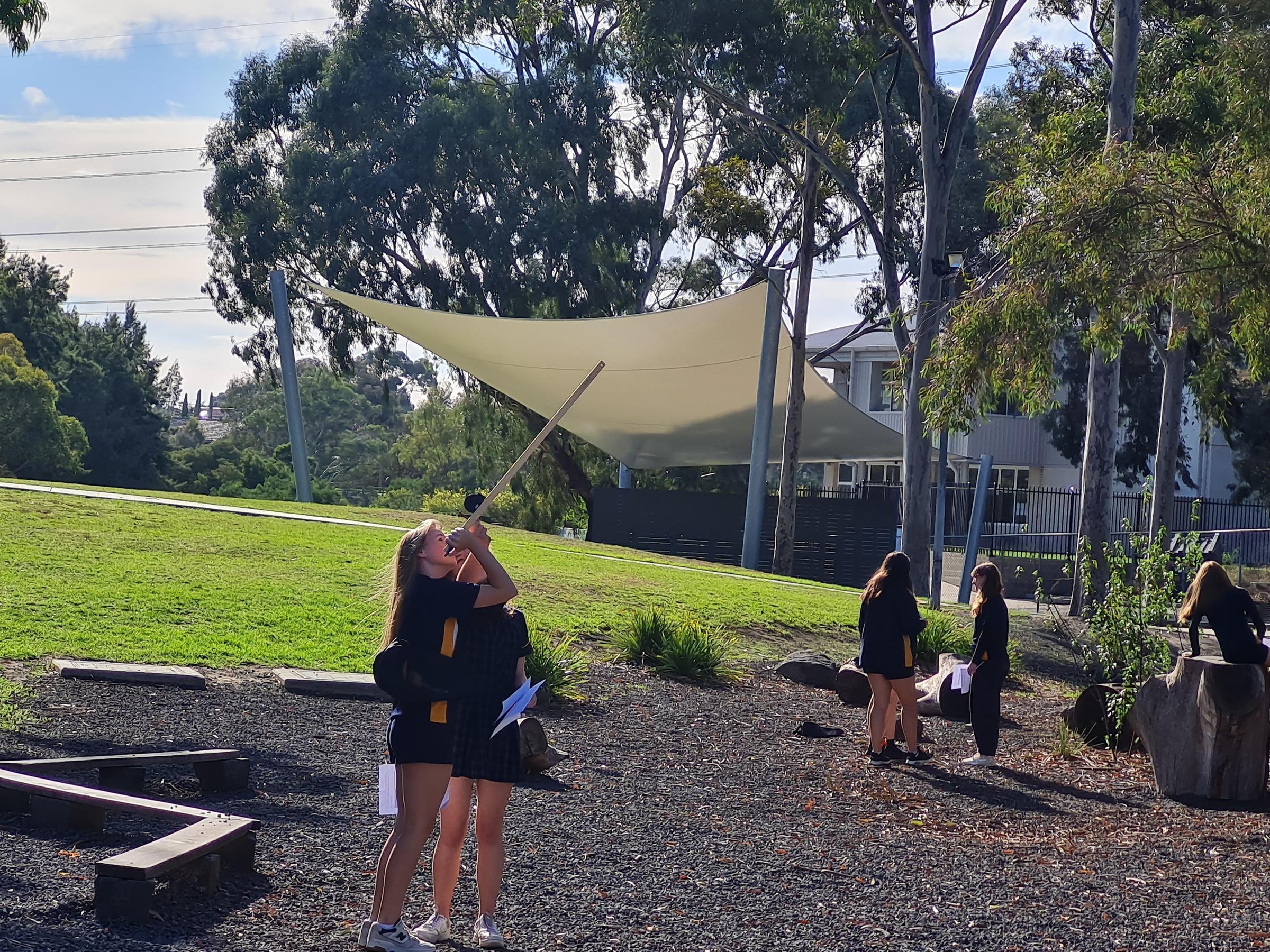
Classroom Support Staff
Celebrating Our Classroom Support Staff
Dear Families,
At Coburg High School we are proud of the dynamic, challenging, and supportive learning environment we offer our students—and behind the scenes, there’s a dedicated team helping to make that possible every day: our classroom support staff.
We have a dedicated team of inclusion aides, tutors, volunteers and other education support staff who play a critical role in ensuring students are not just keeping up, but thriving. They work closely with teachers to support differentiated learning, guide small group instruction, and provide focused one-on-one help. Their contributions allow us to reach students more effectively, especially those who benefit from extra guidance, structure, or encouragement.
Our support staff also bring warmth, patience, and deep care into every interaction. Whether they’re helping a student stay on track with coursework, building confidence in a subject area, or simply offering a consistent presence in a busy school day, they are integral to the wellbeing and academic progress of our students.
Their work often happens quietly, but the impact is lasting. We are incredibly lucky to have such committed and skilled individuals as part of our team.
Helping your child to receive support
Ask your child if they’ve noticed any support staff working in any of their classes. Let your child know it’s a fantastic opportunity to receive personalised support that can strengthen their confidence and learning. Sometimes, students can feel unsure or even resistant about having extra help, and parents and carers can play an important role in shaping how they view that support.
Some ways you can help your child feel more open and positive about receiving help in the classroom:
Normalise Support
Let your child know that everyone needs help sometimes—and that having assistance is simply one way of getting the support that can help them succeed. Many students, even at high levels, benefit from extra guidance.
Reinforce That It’s Okay to Ask for Help
Some students worry that asking questions makes them look less capable. Remind your child that asking for help shows maturity, self-awareness, and a desire to improve—all traits of strong learners.
Celebrate the Progress, Not Just the Outcome
When your child accepts help and it leads to a better understanding or small improvement, acknowledge that progress. It builds confidence and reinforces the value of support.
Ultimately, having access to additional education support in class is a real advantage—one that can help your child grow more confident, independent, and successful in their learning. With your encouragement, they can see it as the positive opportunity it truly is.
Melanie Buscema-Moore
VCD
Year 10 & 11 VCD Students Explore Design, Science, and Storytelling at SCoE
Recently, our Year 10 and Year 11 Visual Communication Design students had the opportunity to step beyond the classroom and immerse themselves in a rich day of exploration, creativity, and critical thinking. The excursion took them to the heart of Melbourne’s innovation and education precinct, where they visited the STEM Centre of Excellence (SCoE) at the Science Gallery as well as several thought-provoking exhibitions at the University of Melbourne.
The day began at the Melbourne School of Design, where students visited Out of Line by Catherine Griffith. This exhibition challenged traditional perceptions of architectural drawing form and Type, encouraging students to reflect on the expressive and experimental side of design. It was a unique opportunity to see how lines, materials, and concepts intersect to create dynamic spatial ideas—a valuable insight for students studying environmental and typography design.
Next, the students explored Ancient Lives: Insights from the Classics and Archaeology Collection in the atmospheric Old Quad Gallery at Melbourne University. This exhibition provided a fascinating glimpse into how classical artefacts and historical narratives inform contemporary design. Students observed ancient objects, inscriptions, and artworks, learning how design has always played a role in communicating meaning and preserving culture throughout human history.
The highlight of the day was the visit to the STEM Centre of Excellence and the Science Gallery Melbourne, where students participated in the Visualise It workshops. These hands-on sessions encouraged students to think critically and creatively about how science and design intersect. While there, they experienced the SCI-FI: Mythologies Transformed exhibition, which reimagined science fiction through the lens of art, culture, and technology. The exhibition invited students to consider how visual communication can reflect societal hopes, fears, and imagined futures.
Students then applied their knowledge to create a digital poster for one of the exhibitions that inspired them, using the state of the art facilities at ScoE.
Throughout the day, students engaged with contemporary design practices, explored historical influences, and saw firsthand how visual storytelling connects disciplines as diverse as science, history, and mythology. The excursion not only reinforced curriculum content but also sparked curiosity, deepened cultural awareness, and highlighted the role of design in shaping how we understand and interpret the world around us.
This was more than just a field trip—it was a journey across time, disciplines, and ideas. We are proud of how our students embraced the experience and look forward to seeing how it informs their work in the classroom and beyond.
Sandra Middleton
Food Tech
Food Tech has had a busy and productive start to Term 2, with students cooking everything from bugs to design briefs!
Here are the Year 12 food studies students cooking their design brief meals. They had to design a meal under the constraints of the social factors of available time, income or accommodation:
Here we have the Year 11 Food Studies students cooking up mezze boards to share amongst them! They have been learning about patterns of migration to Australia and the changes in food cuisine and culture as a result. This was a fun way to cook and share food together:
And here the Year 11s are cooking in groups to produce their multicultural feast!
Year 10 Food Technology students engaged in the Future Foods workshop at the STEM Centre today! Taste testing insects and designing chocolate bars containing insects! A fantastic day had by all.
Olivia Stray
Year 9 Maths
Lots of Year 9's got out of the maths classroom this term and worked together in teams to put their new trigonometry skills into practice. By using trigonometric ratios, along with a clinometer, meter ruler and measuring wheel, they were able to measure the heights of large objects such as our school buildings and our tall gum trees. It was a stunning day and we were able to enjoy our beautiful grounds for this activity.
Sophie Fuenfgeld
Forensic Science
Throughout this term our Year 9 Forensic Science students have been creating a ‘Crime Scene in a Box’. The students are using their understanding of the types and forms of evidence to create a diorama crime for their classmates to try and solve.
“Using our knowledge from what we learnt from previous topics in forensic science, we created crime scenes in boxes. These included things like alibis, motives and evidence to support a suspect's guilt. We built our crime scenes to include lots of small details and pieces of evidence such as bloodstains and DNA samples that indicate who the killer may be” - Eden C.
Jess McCarthy

